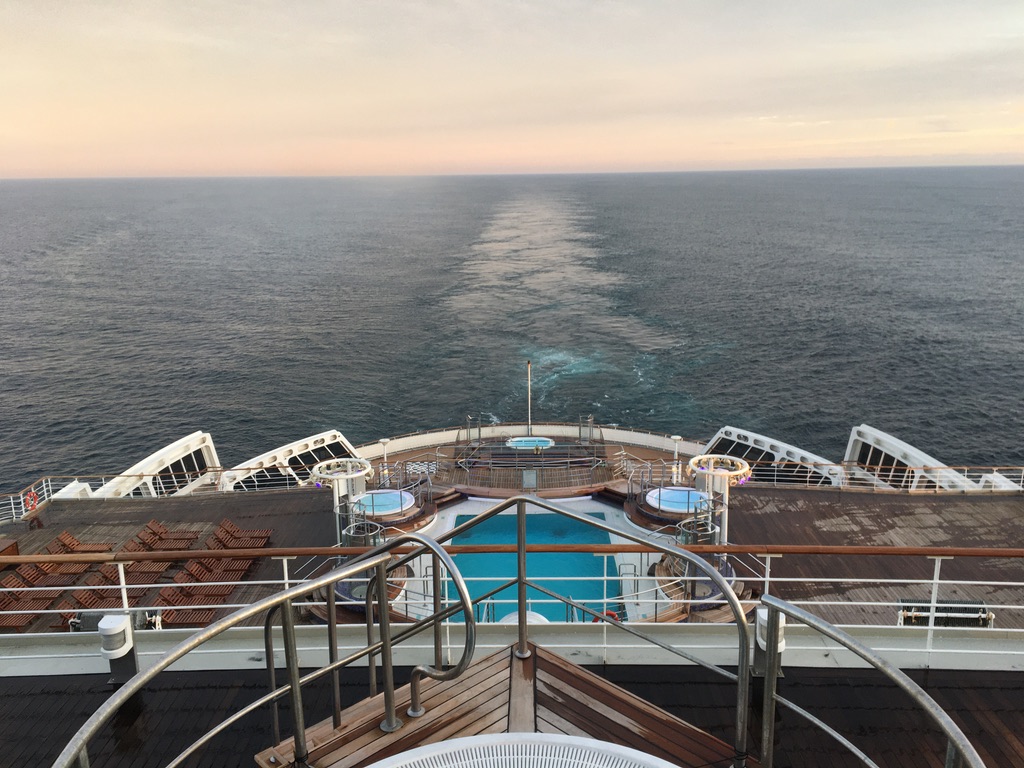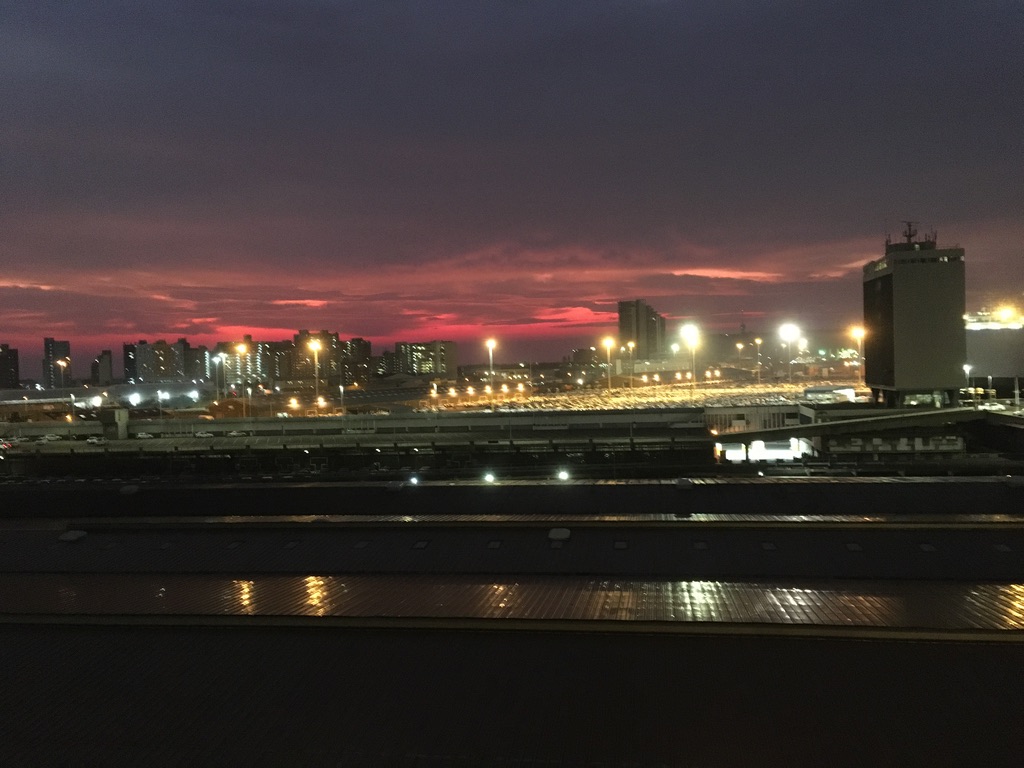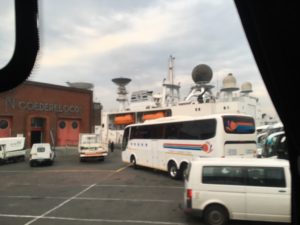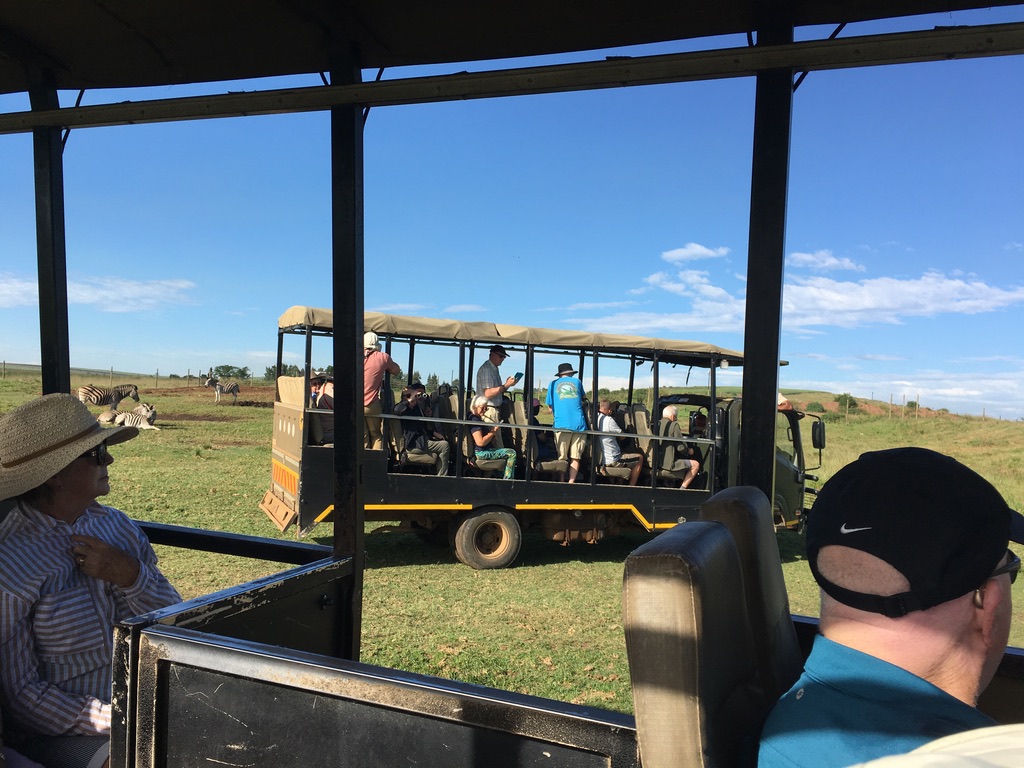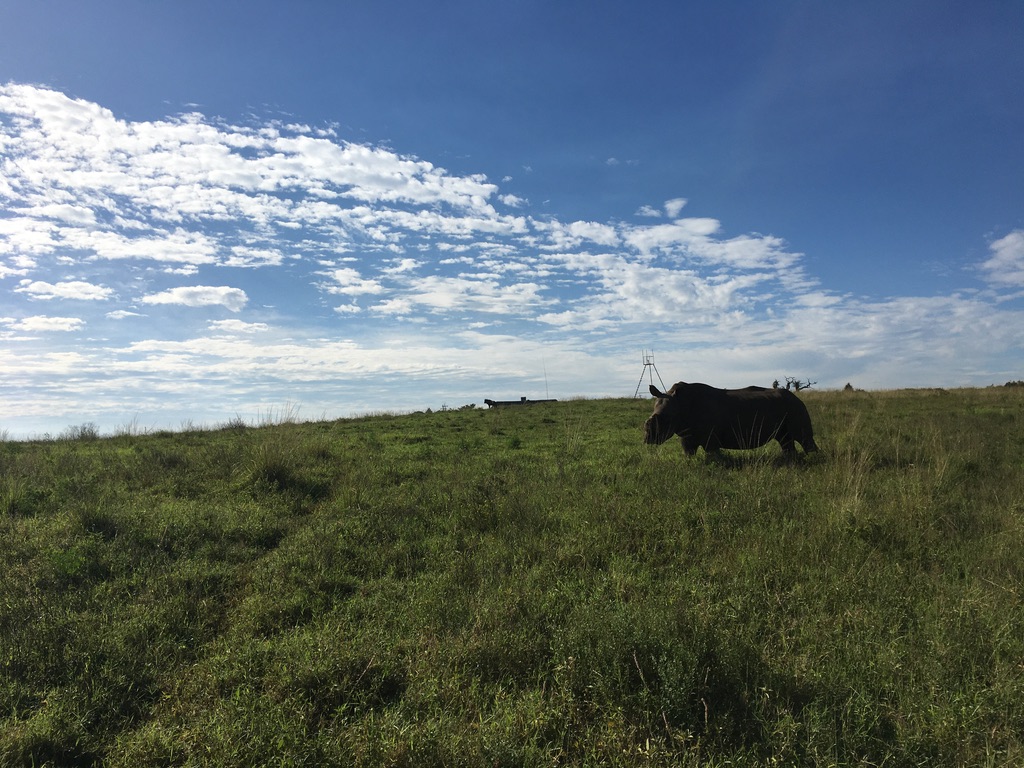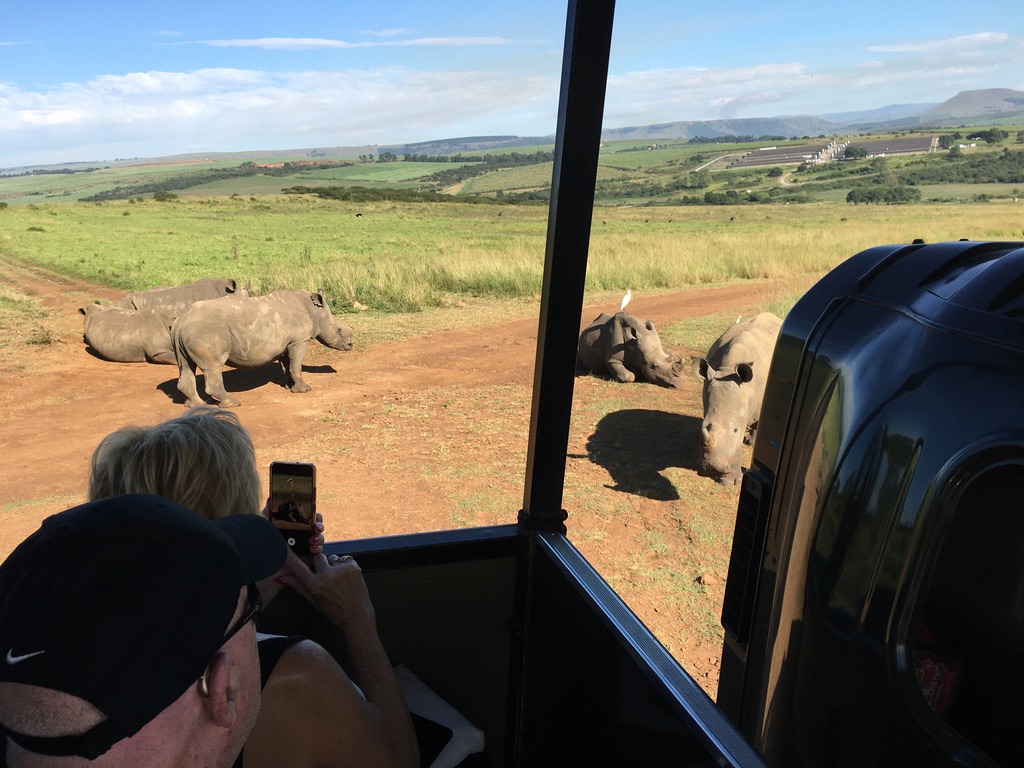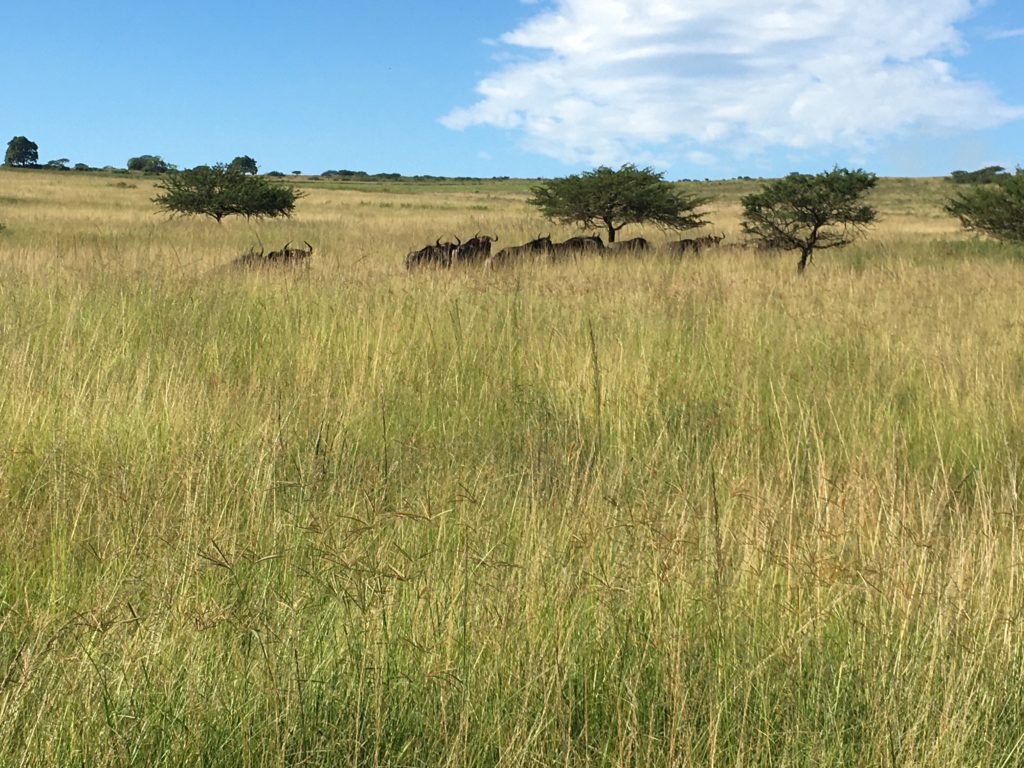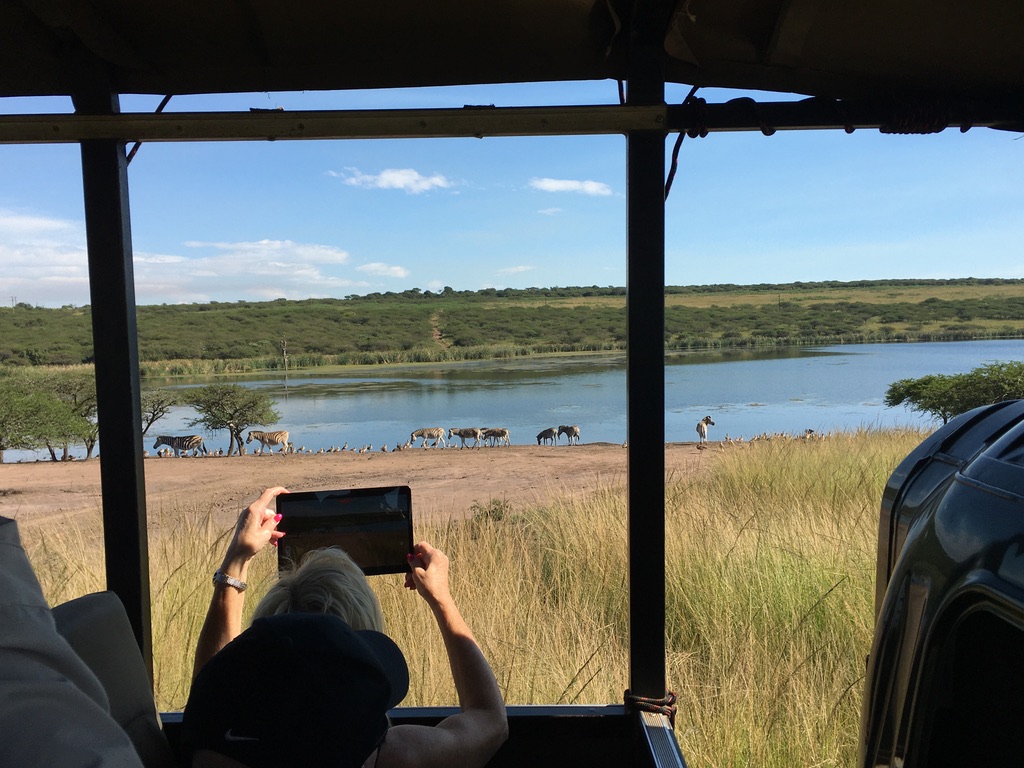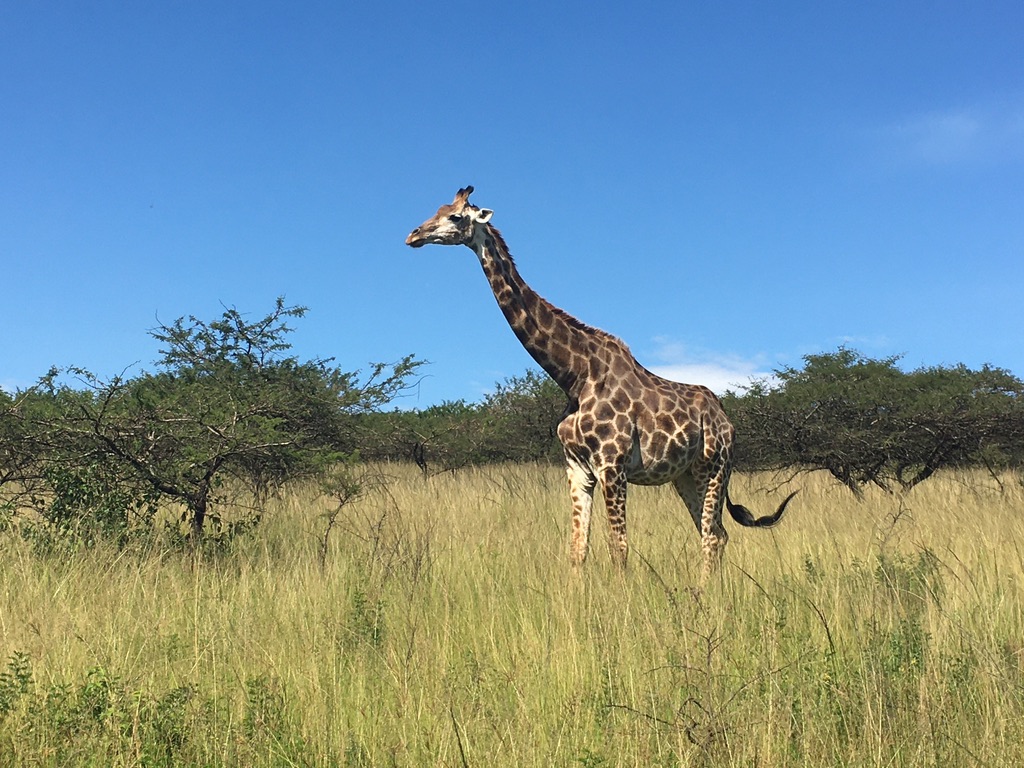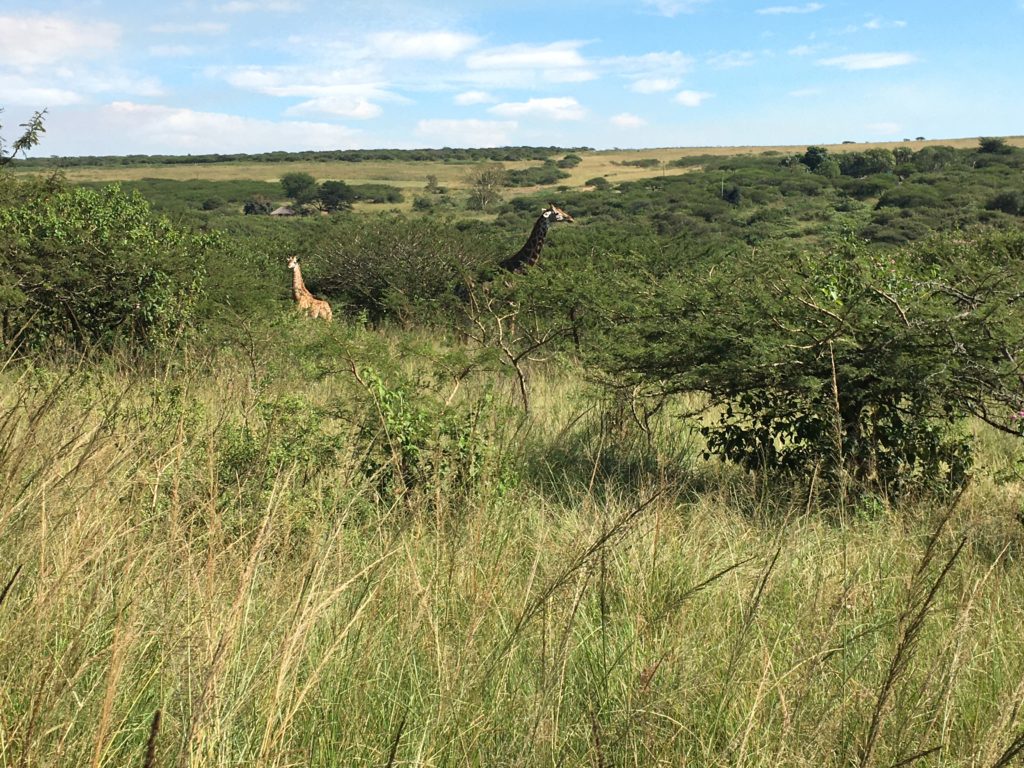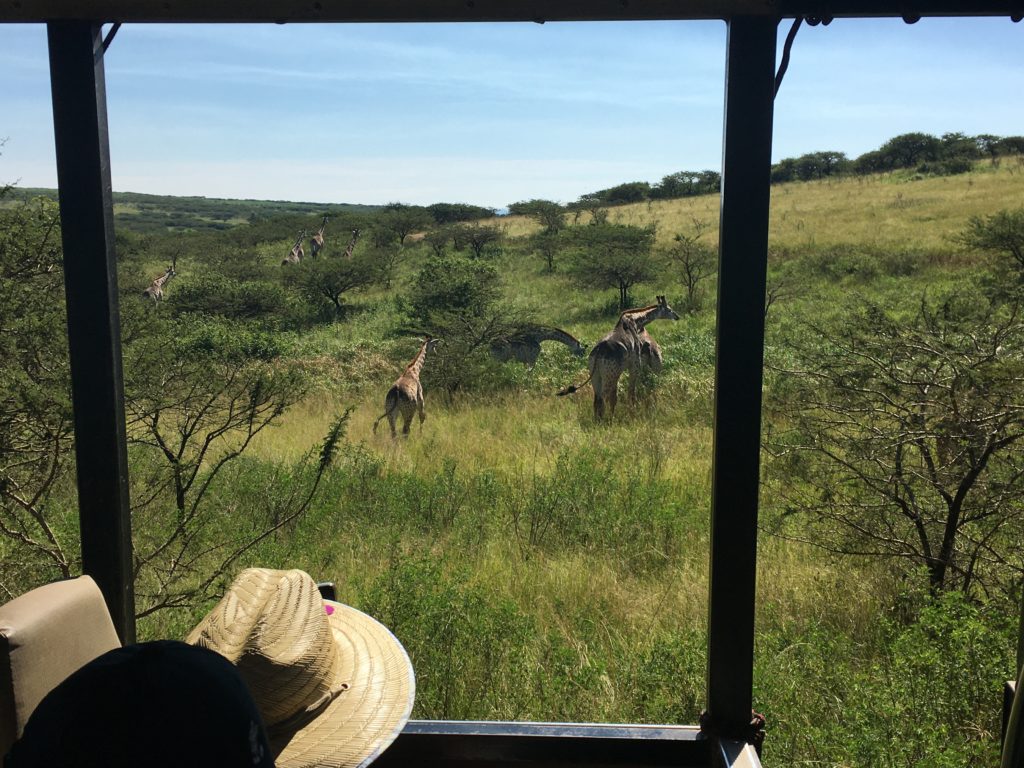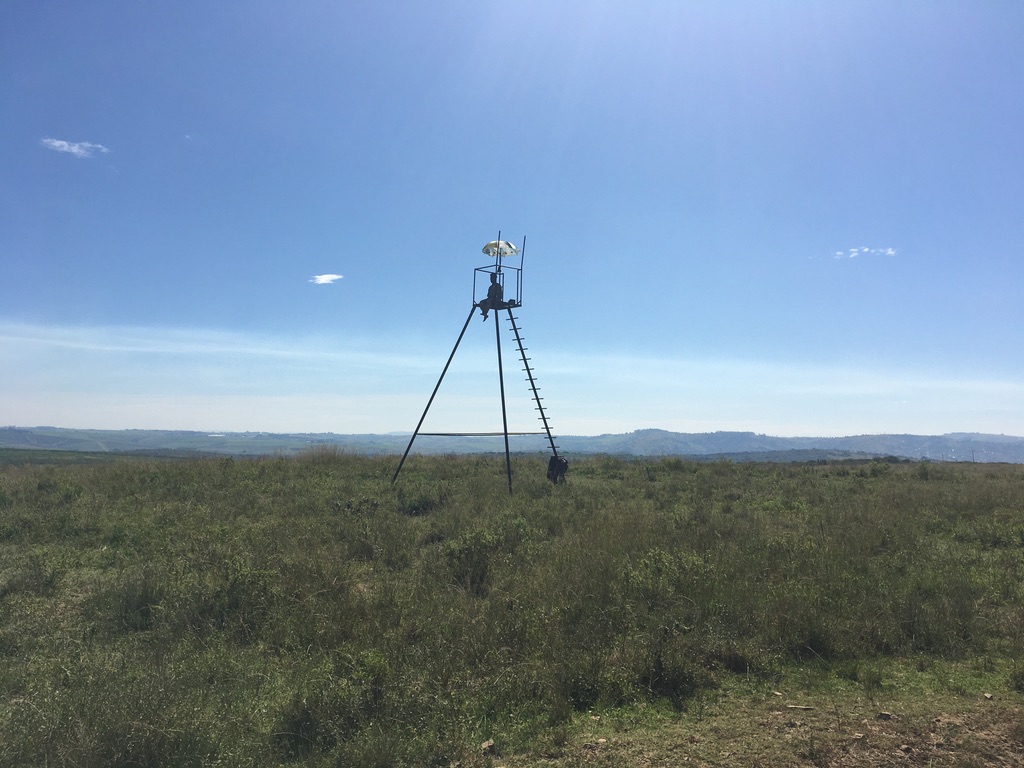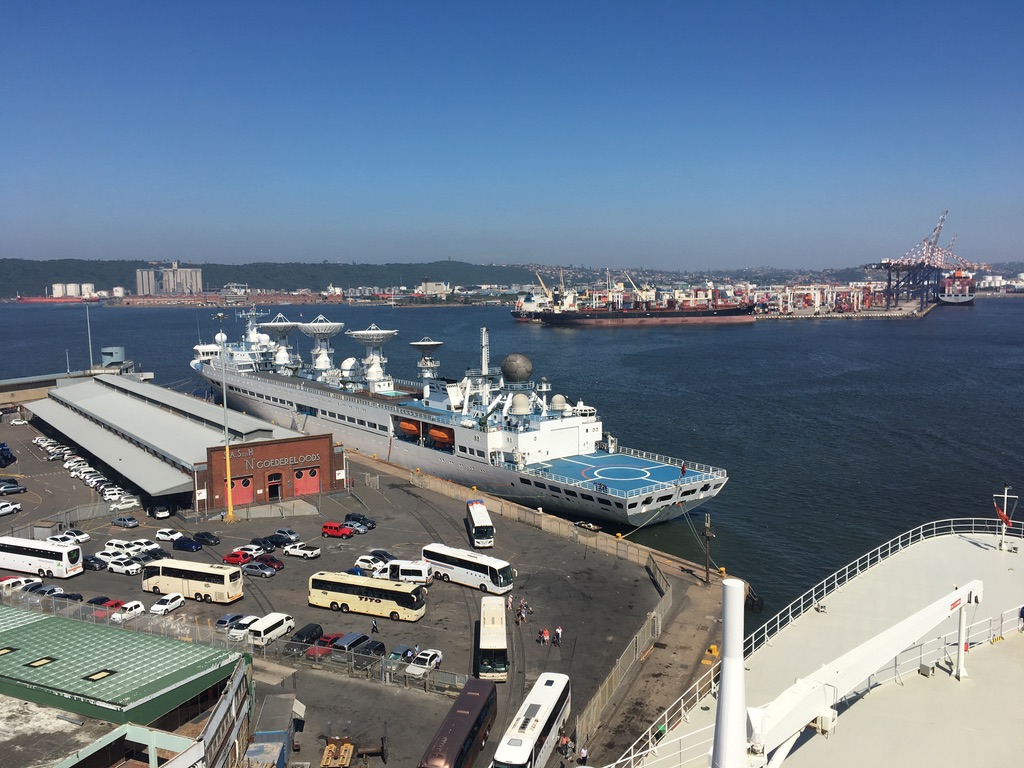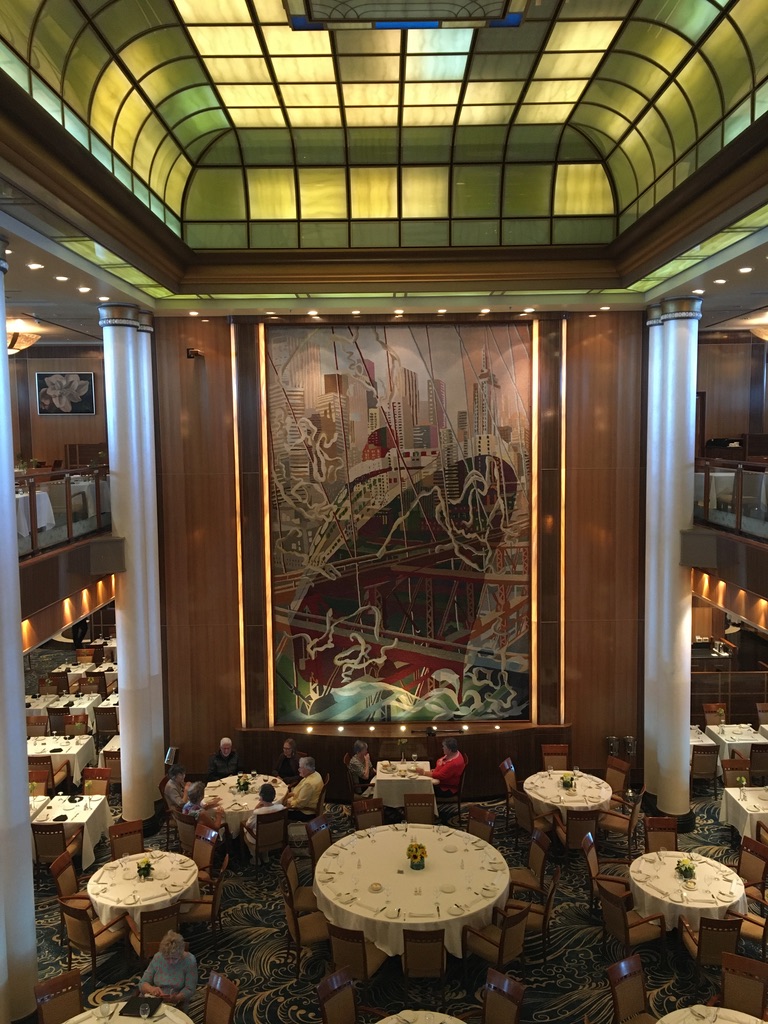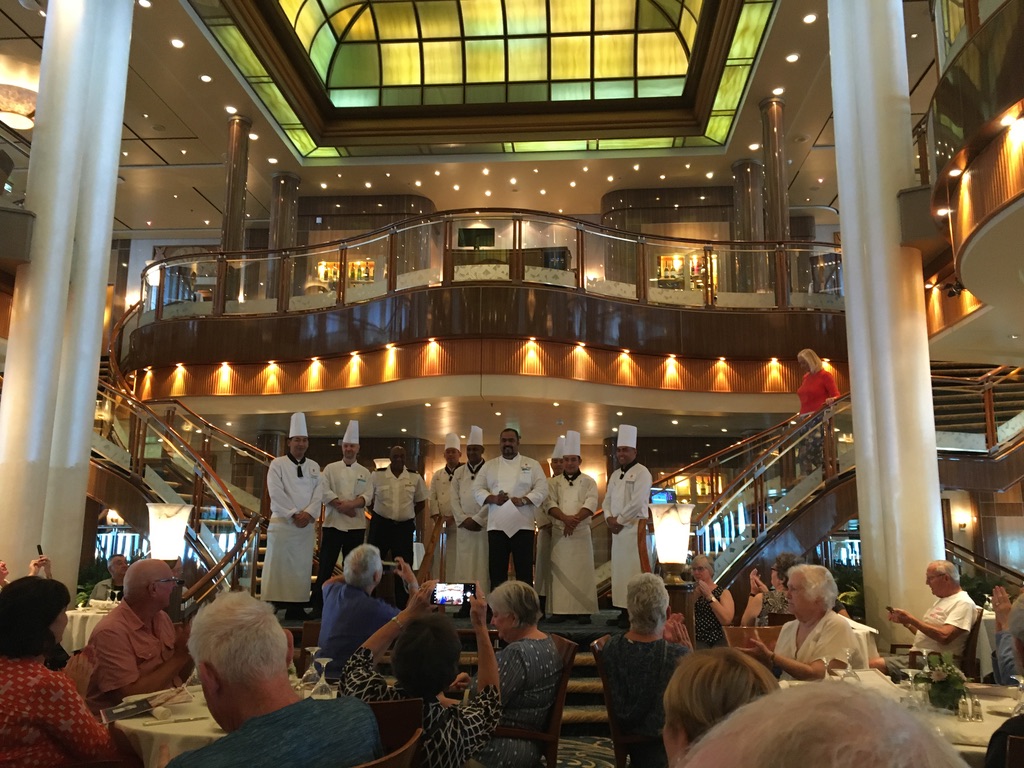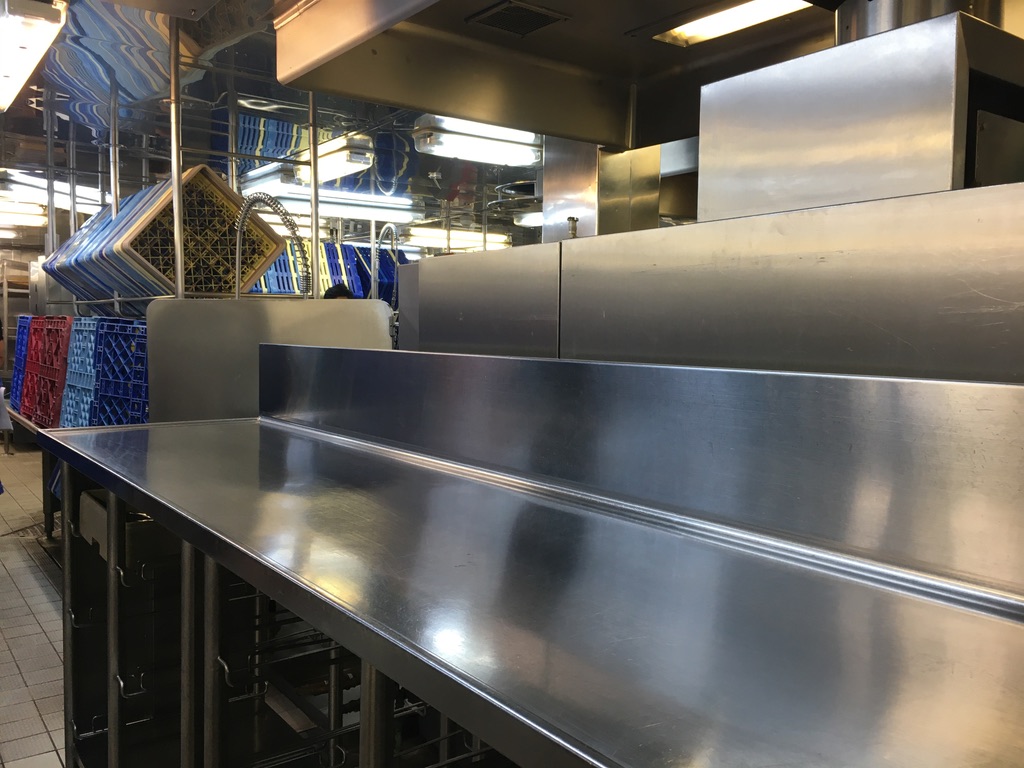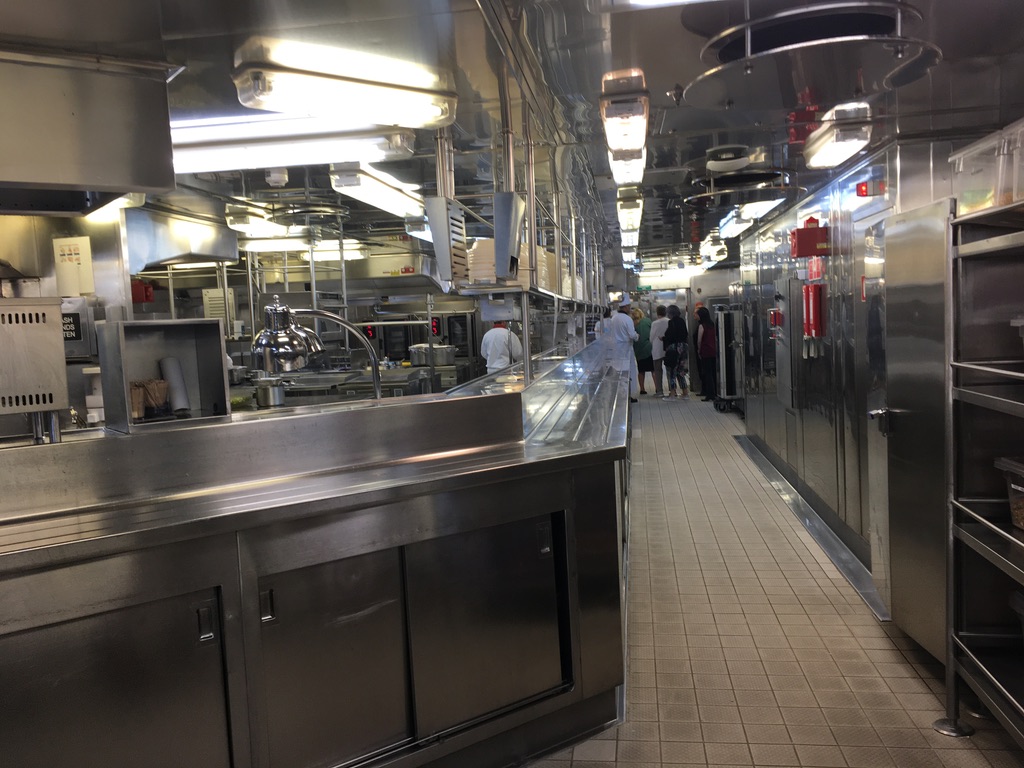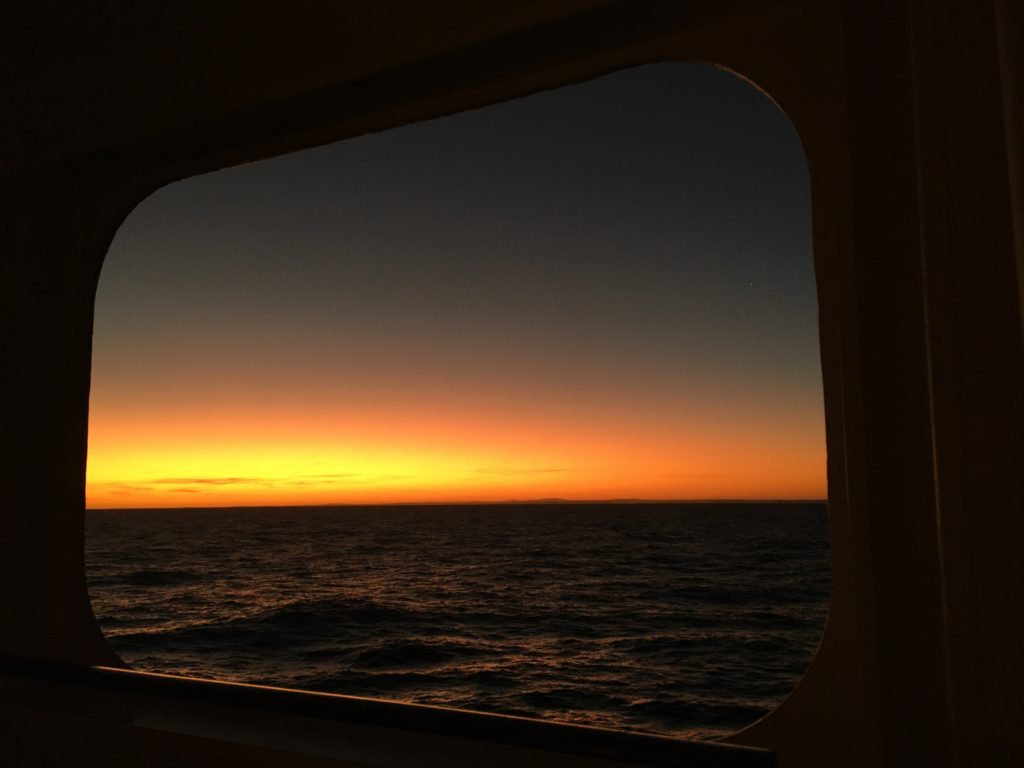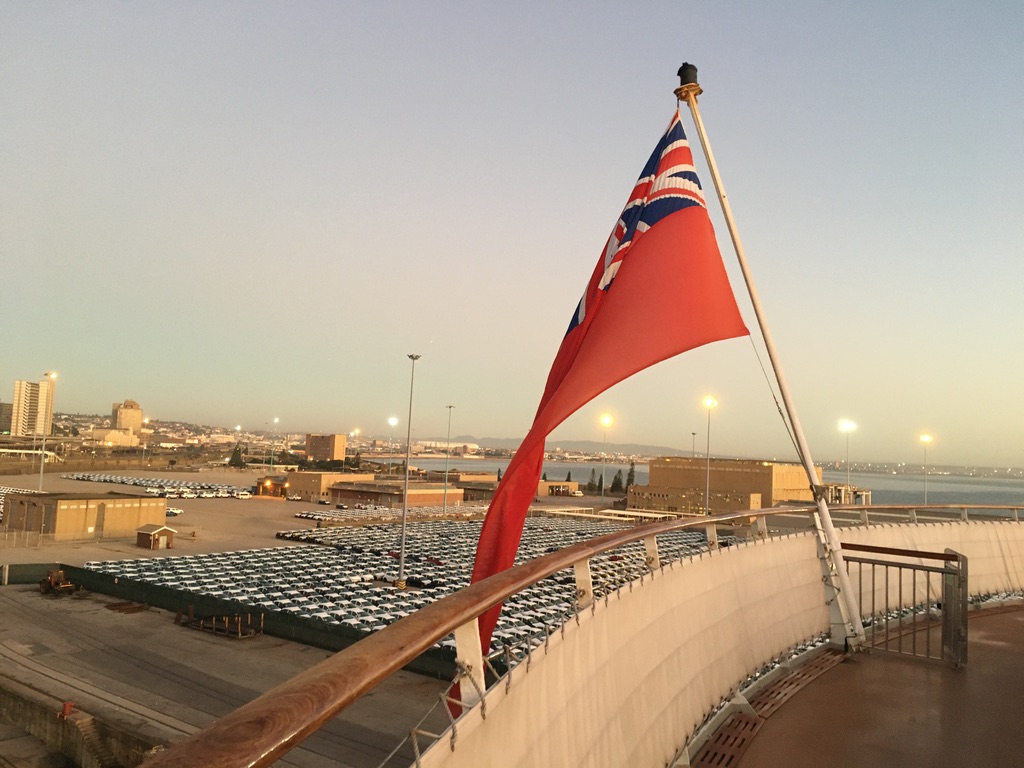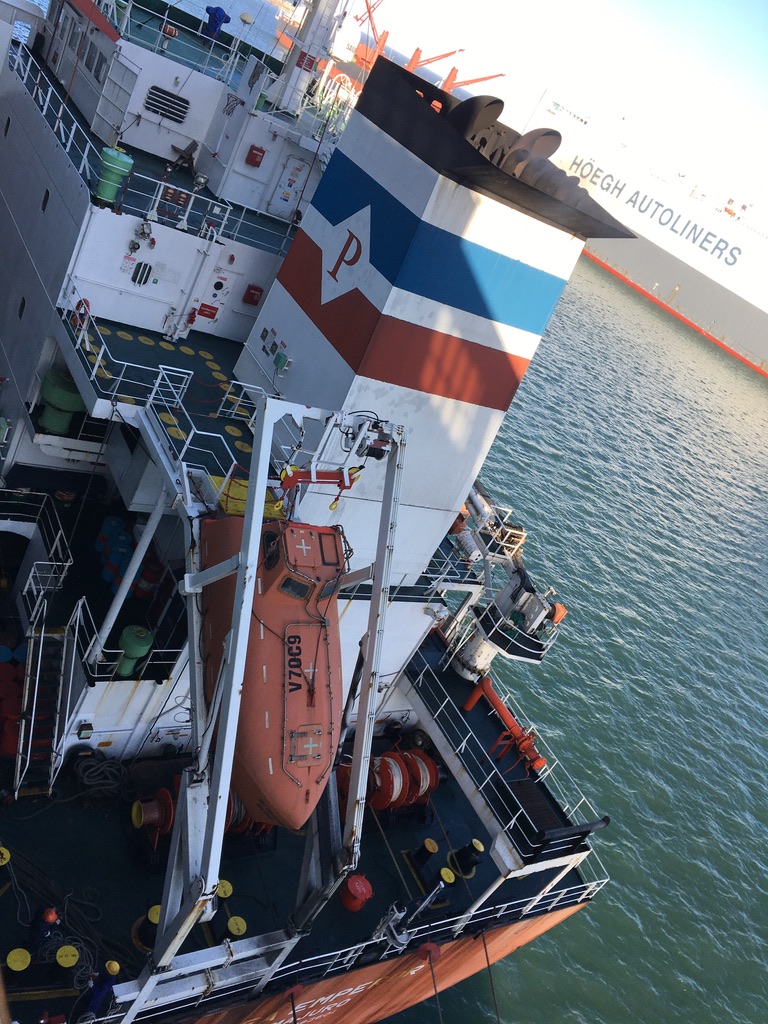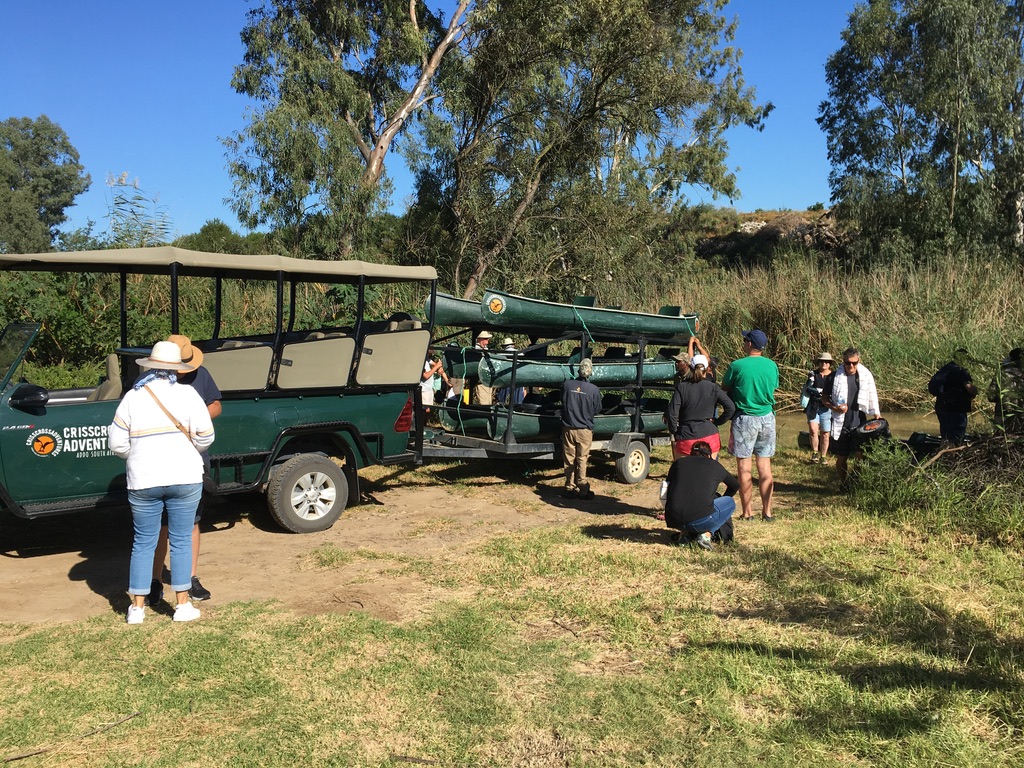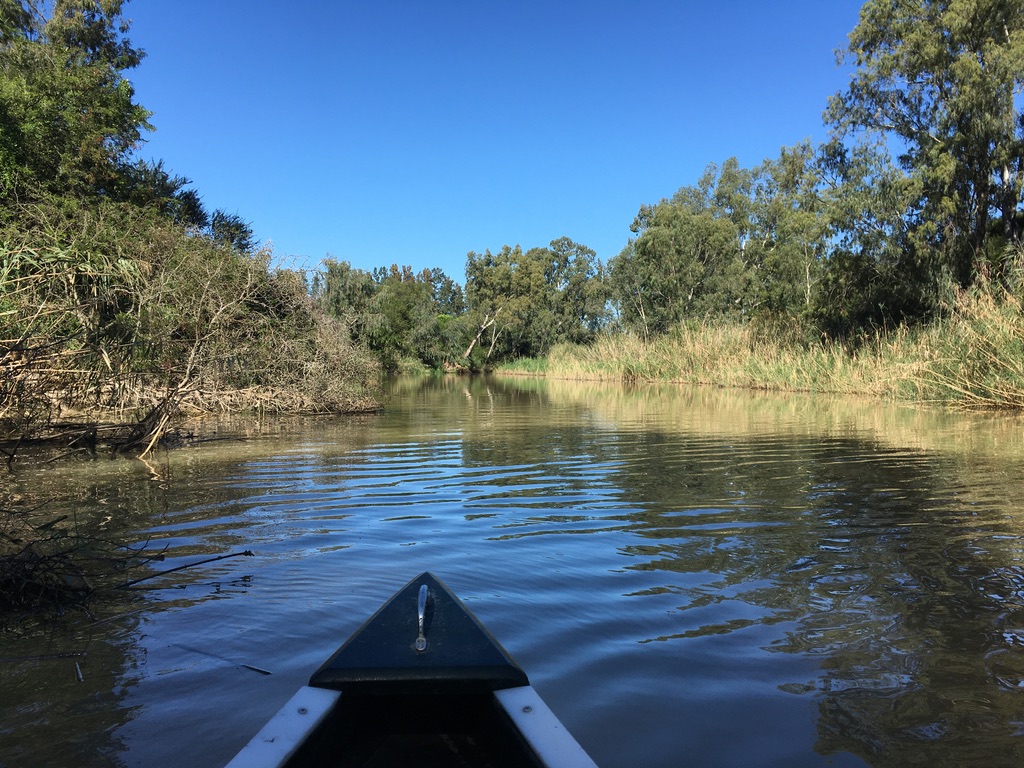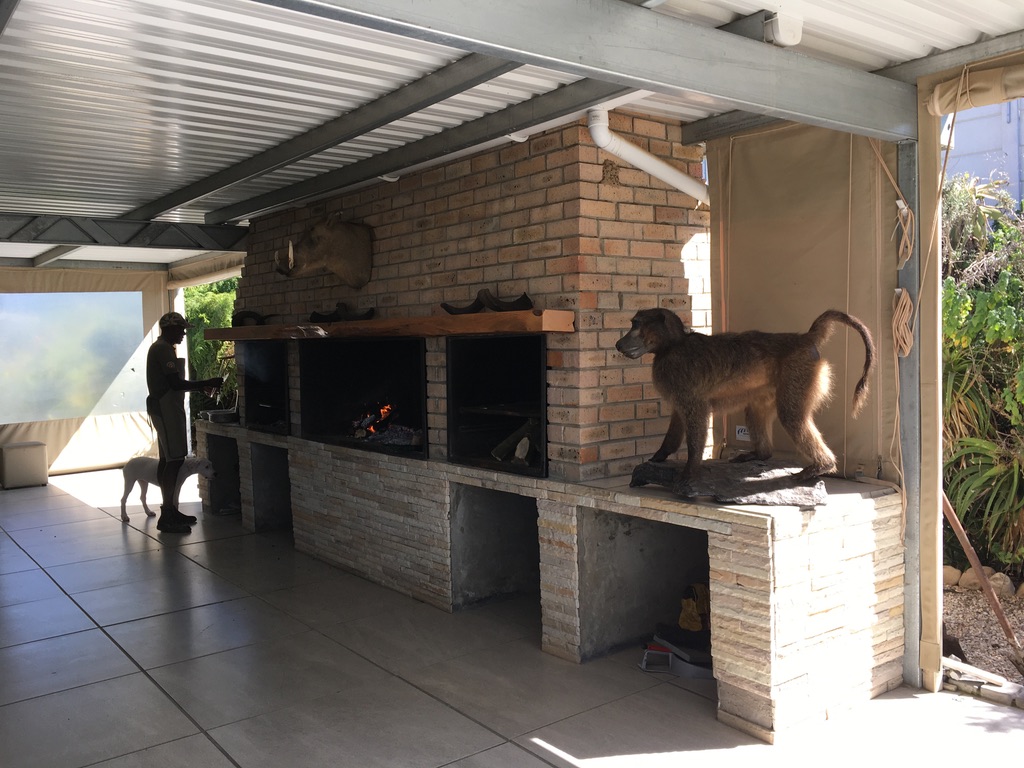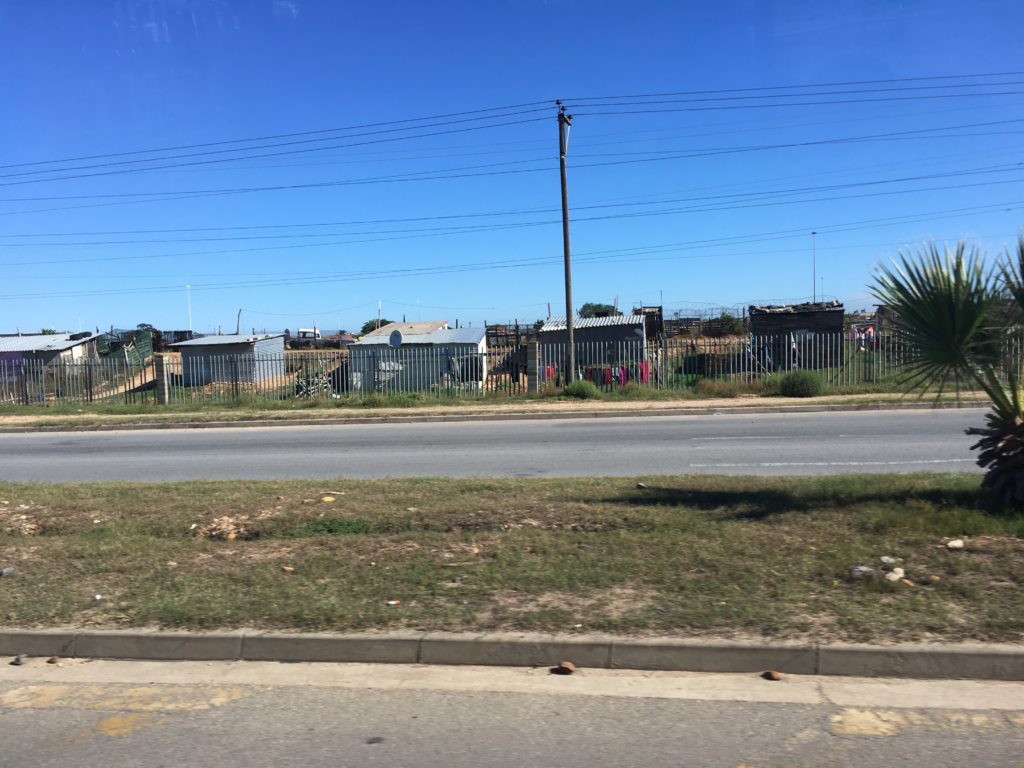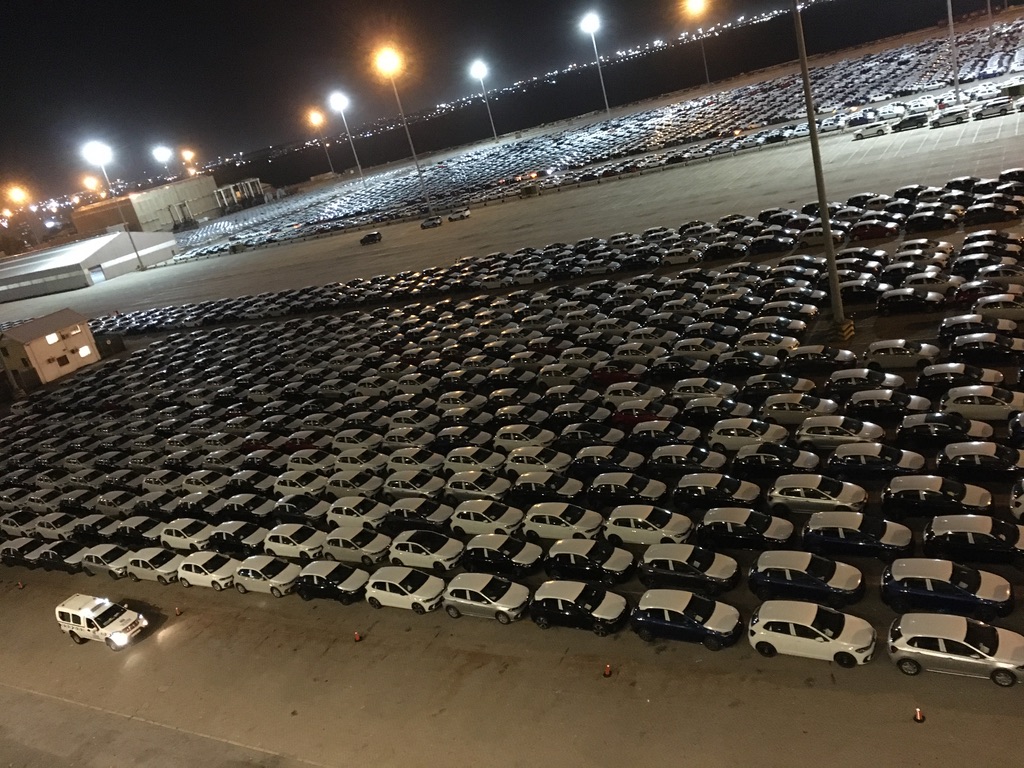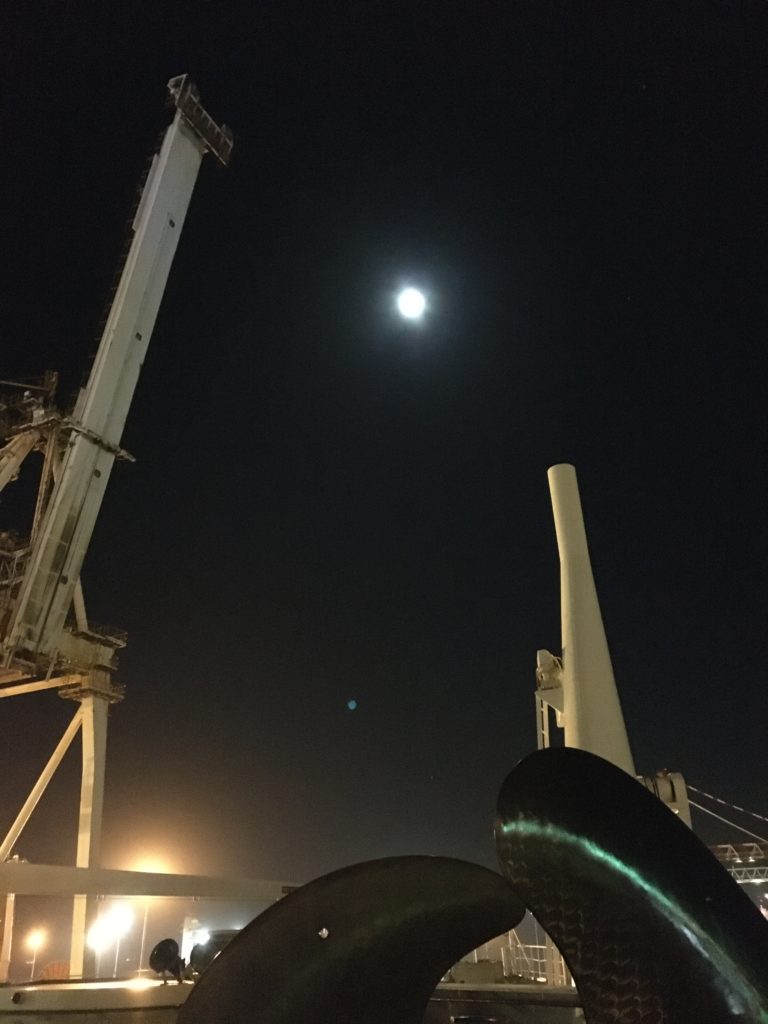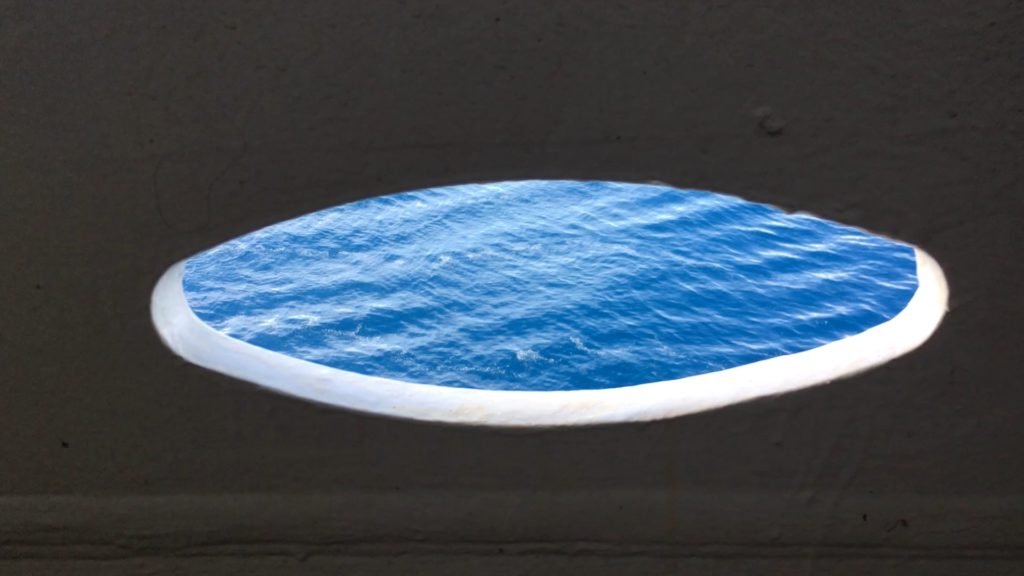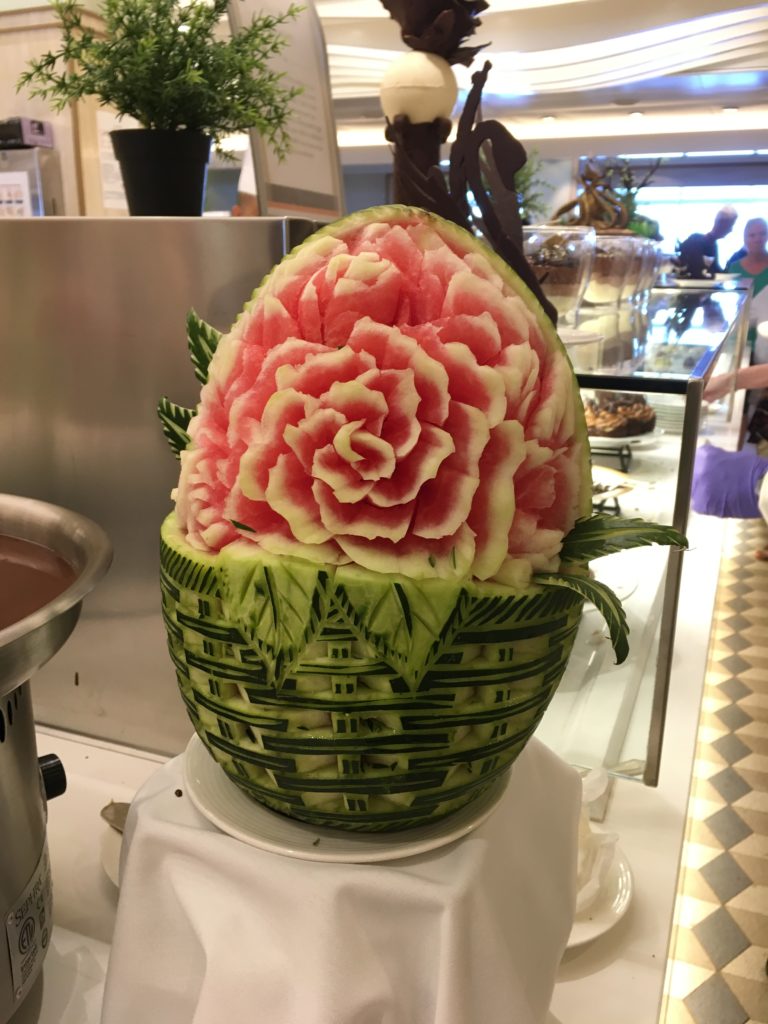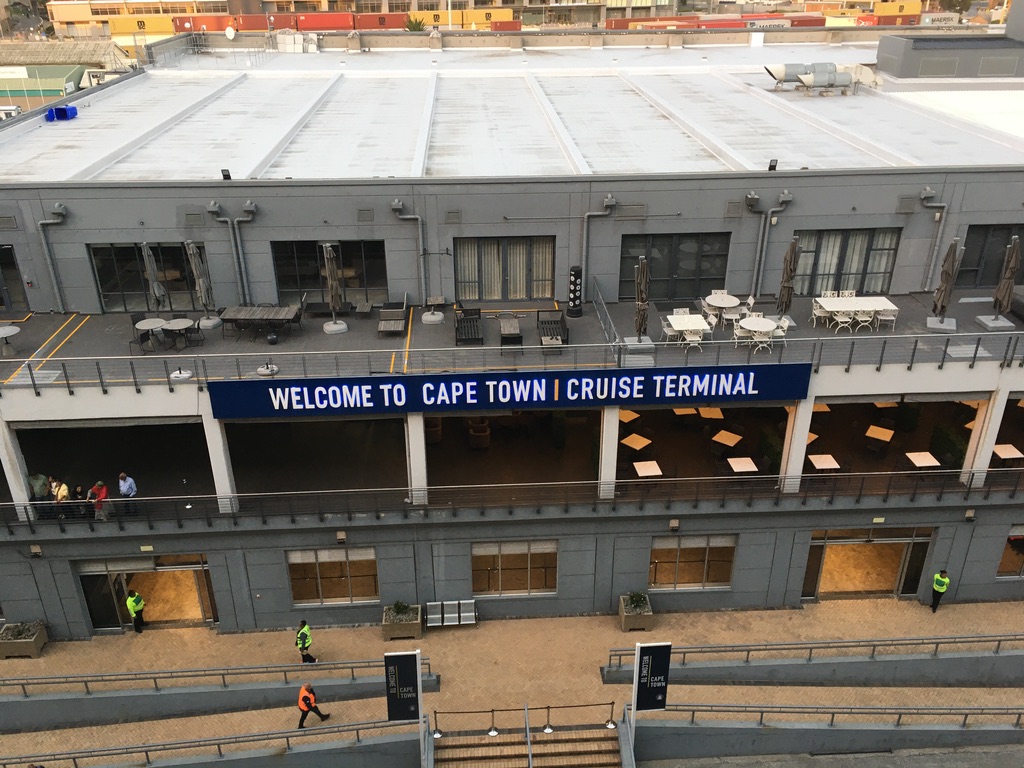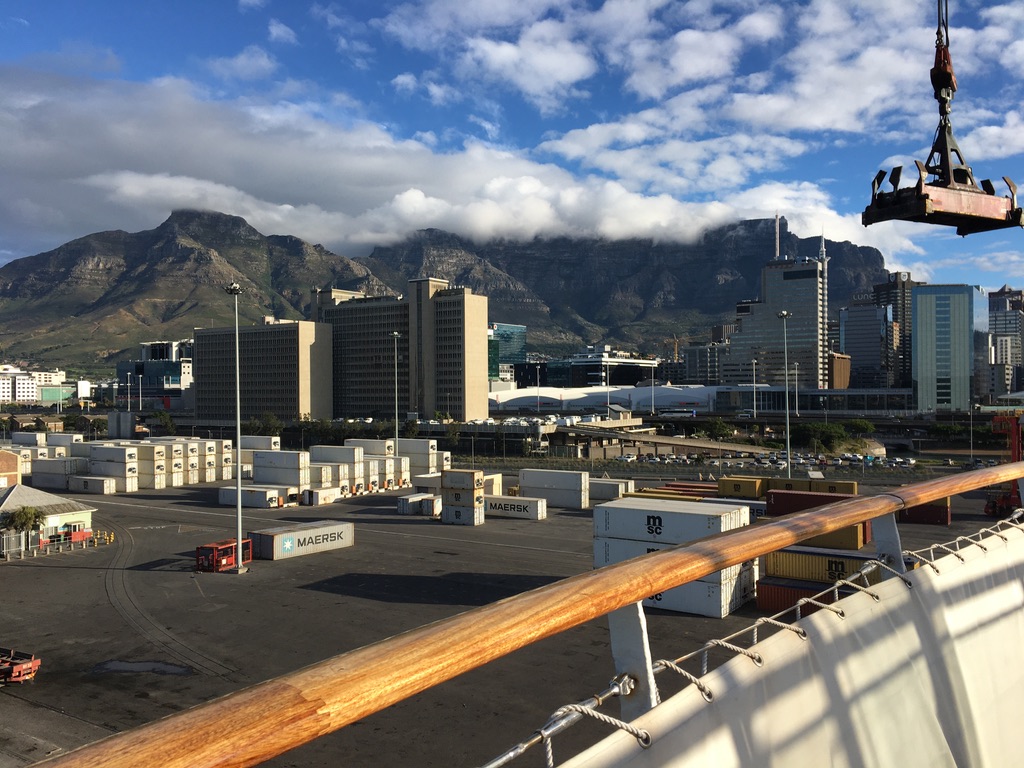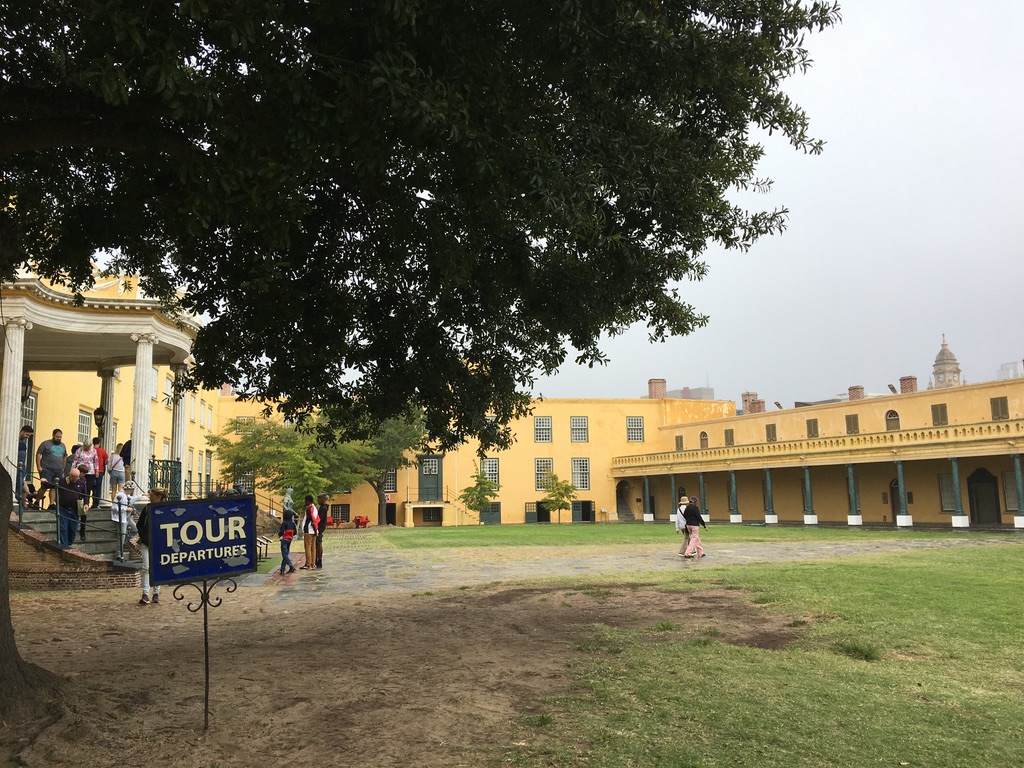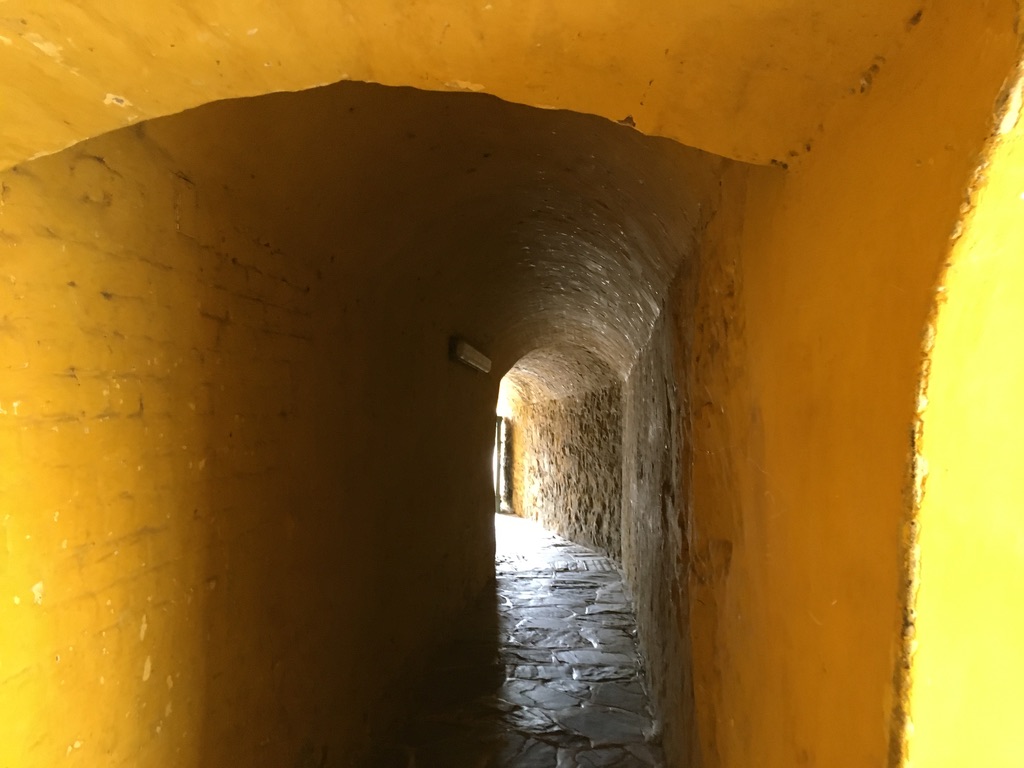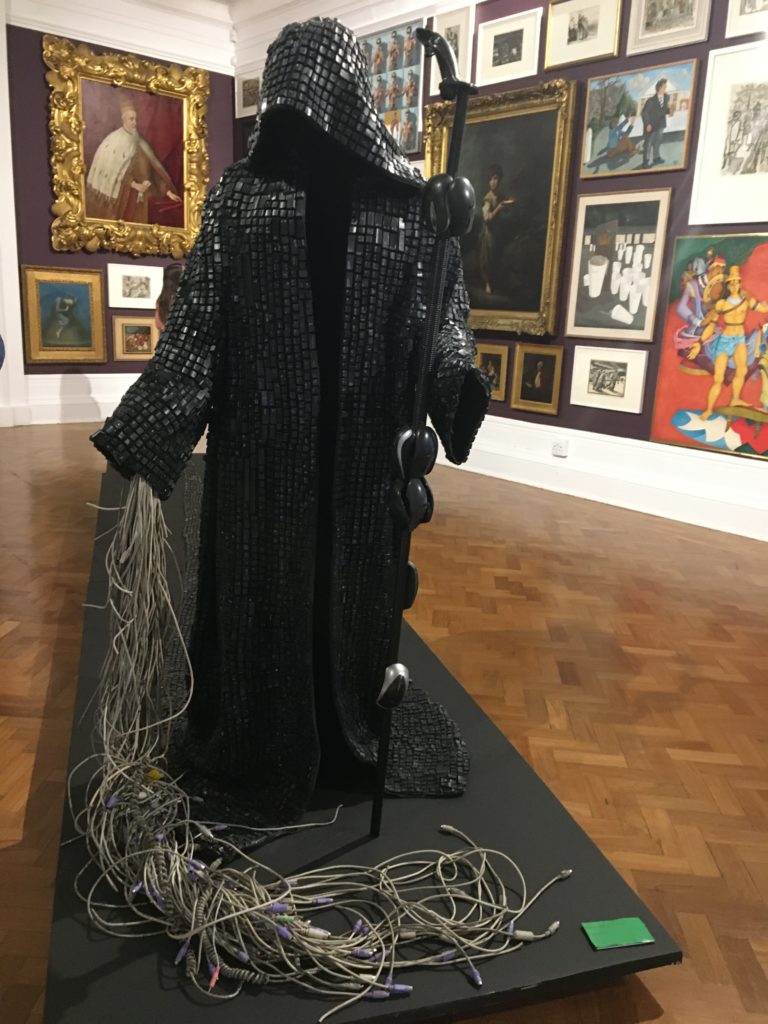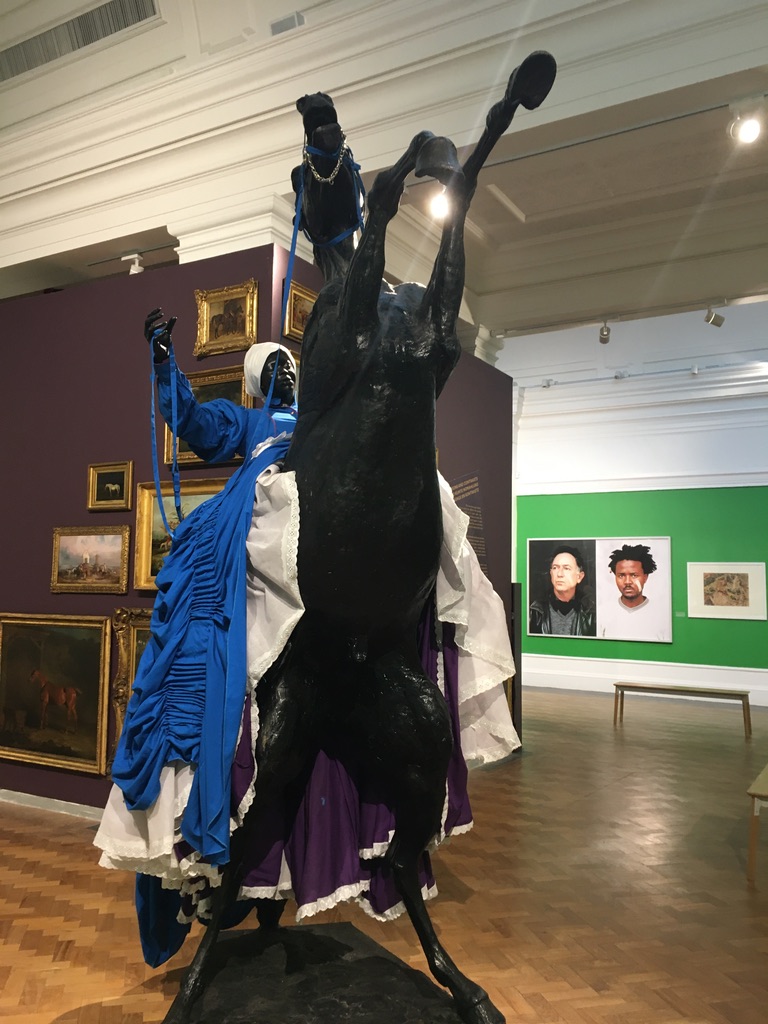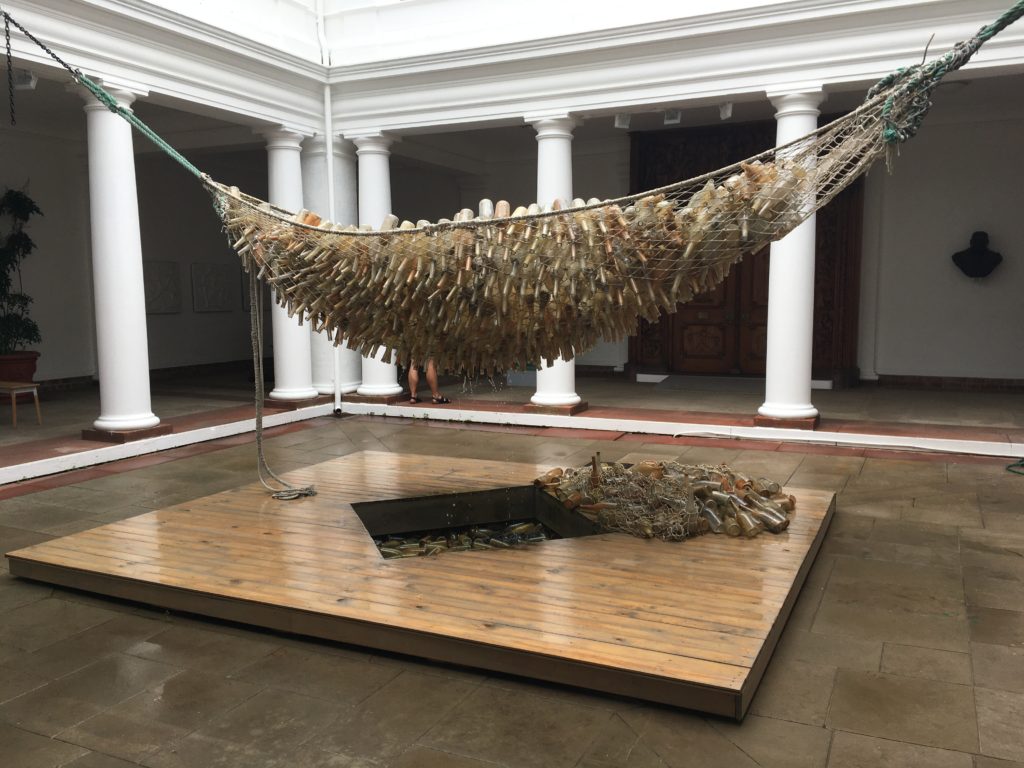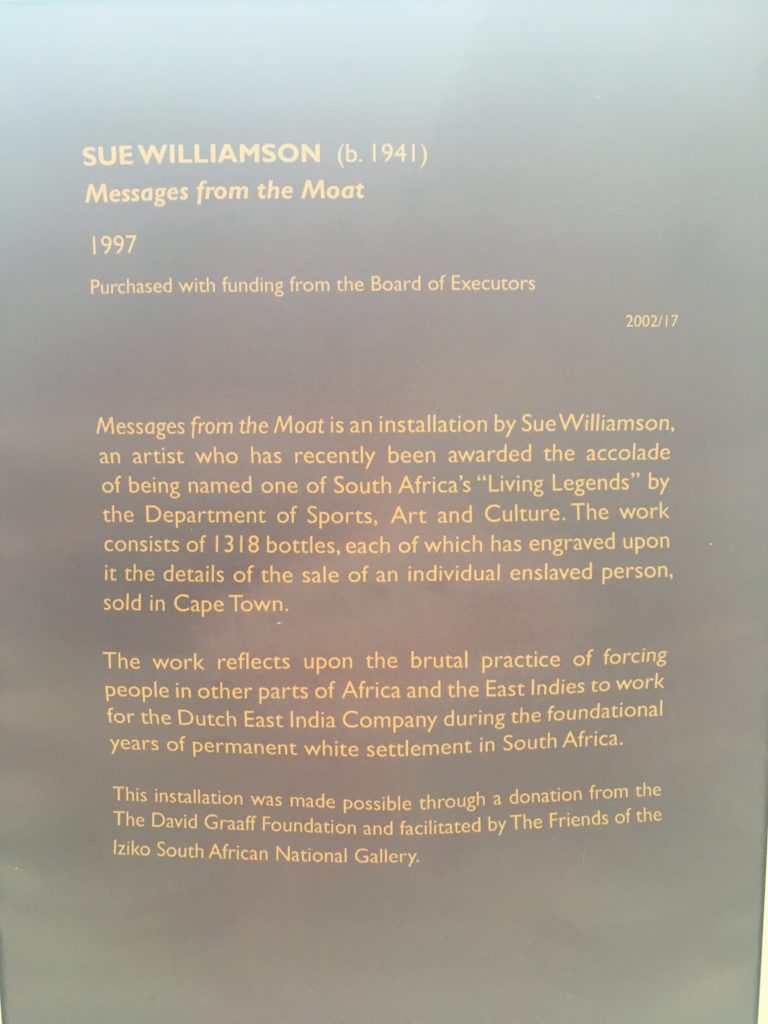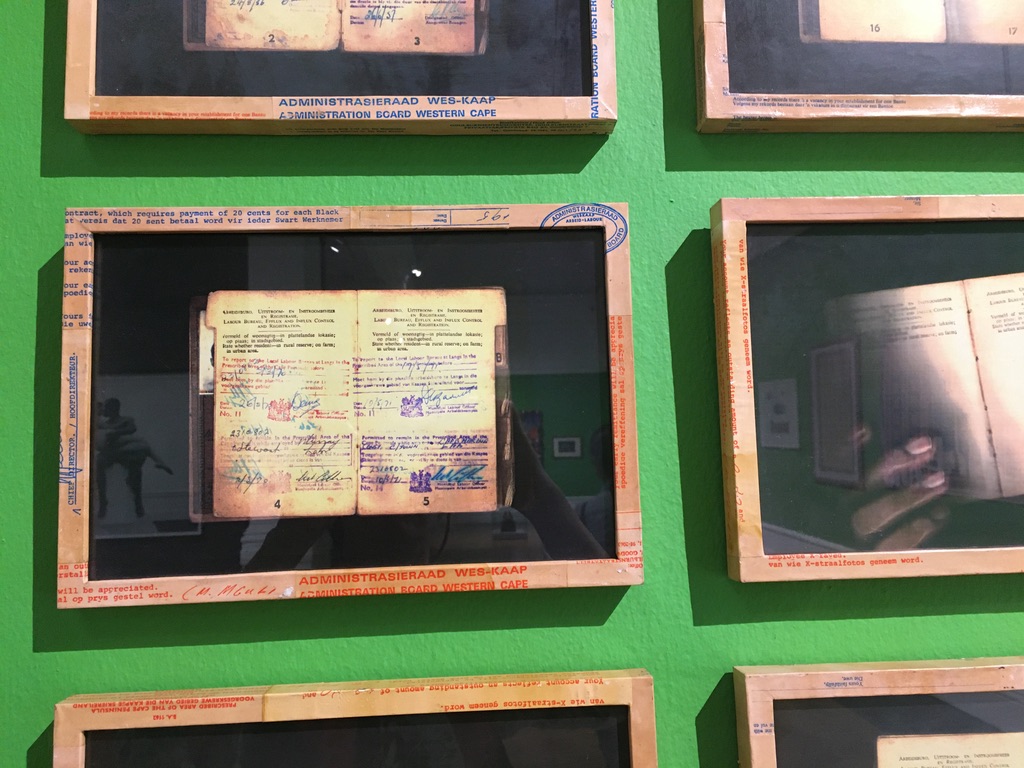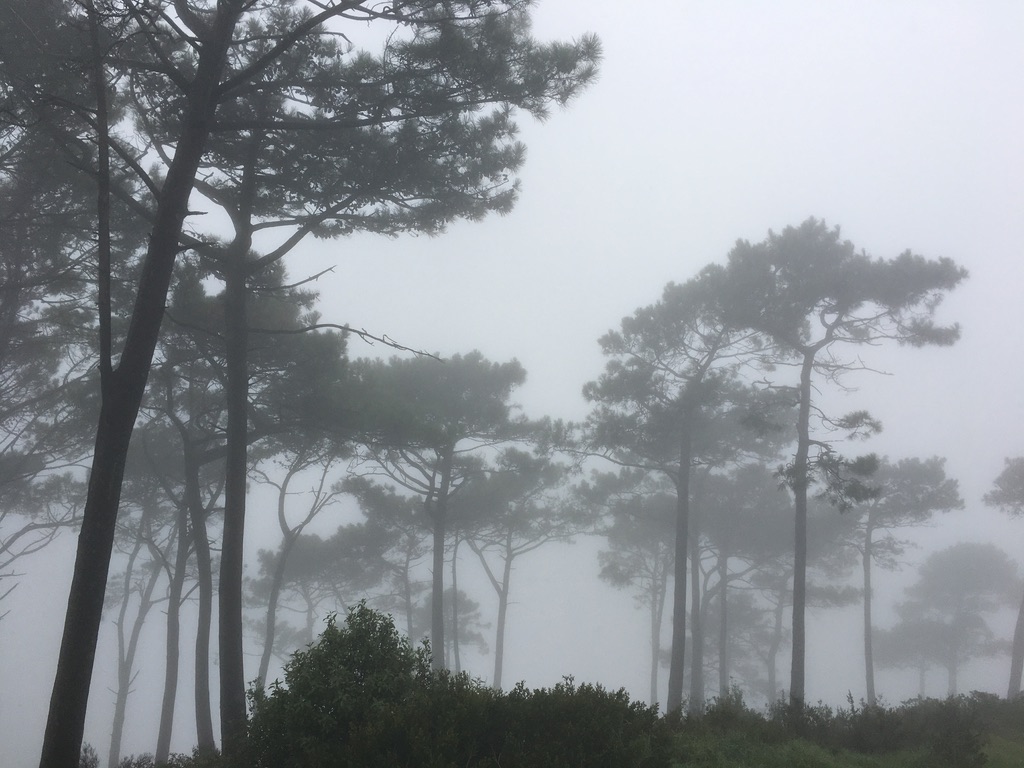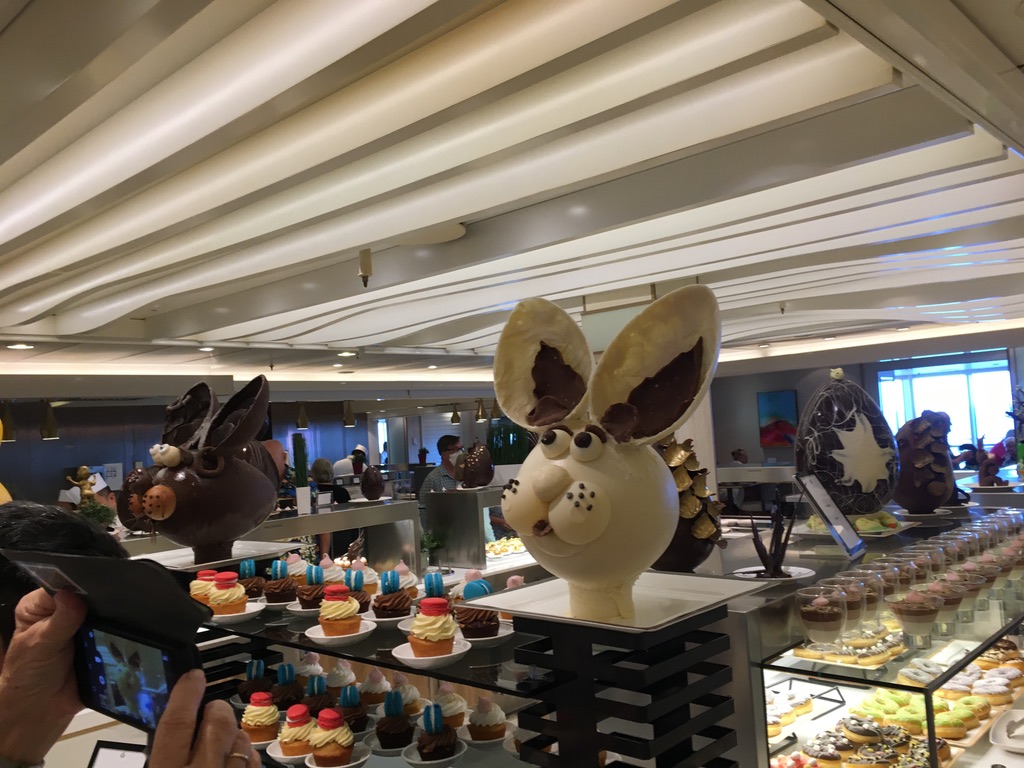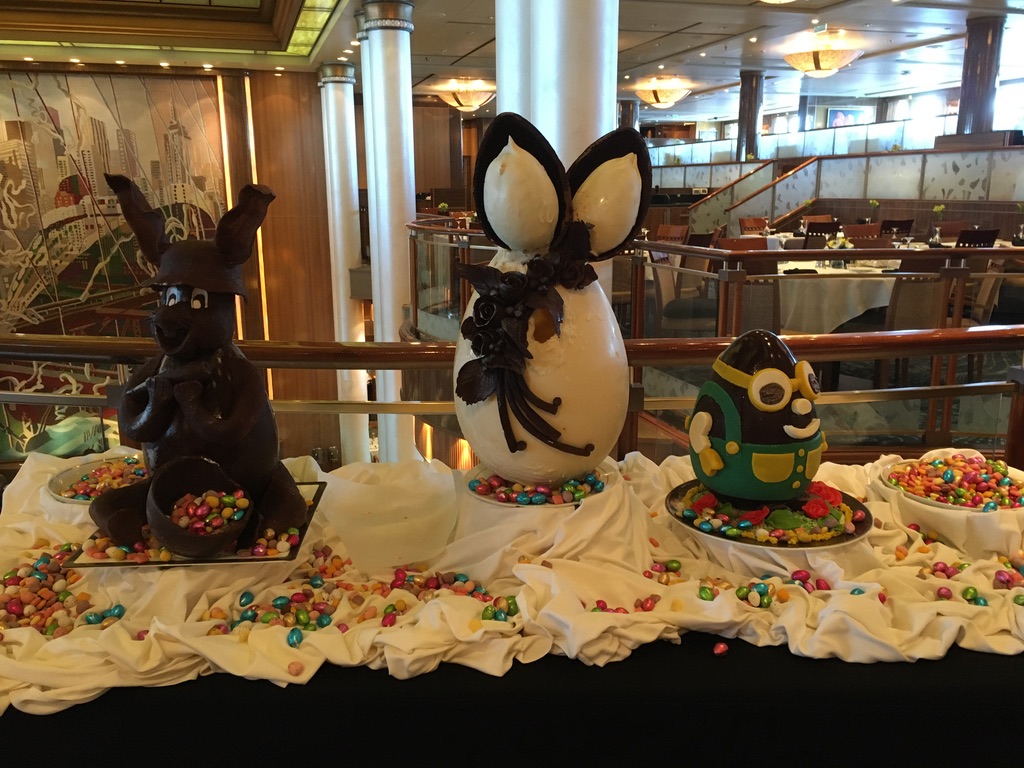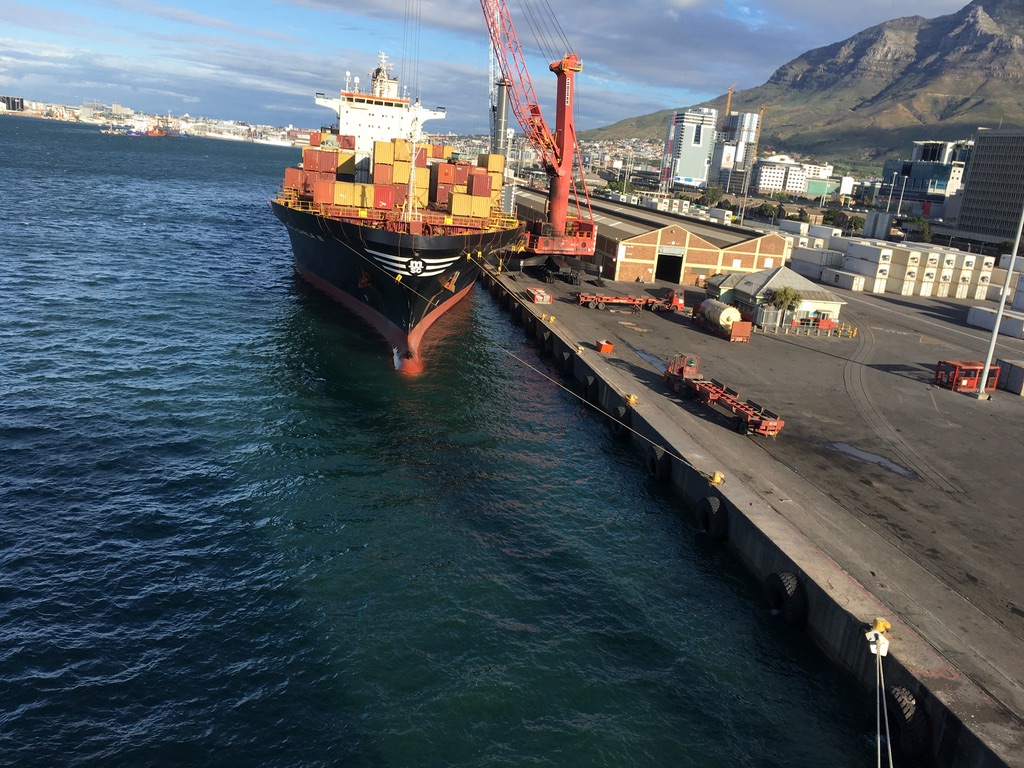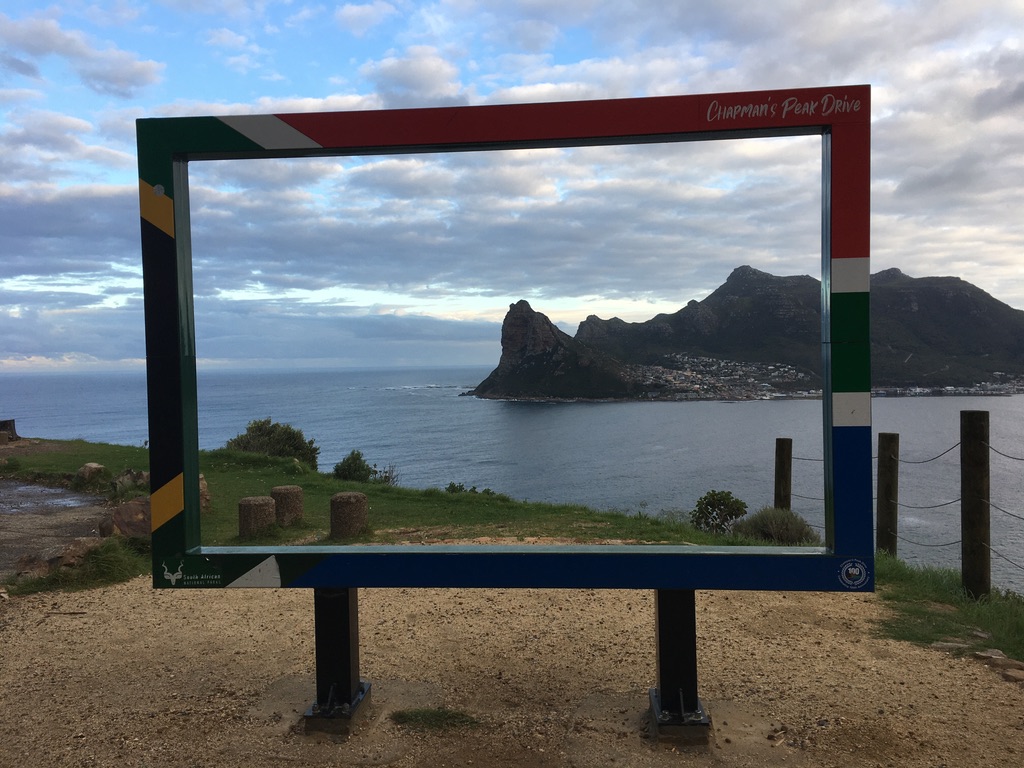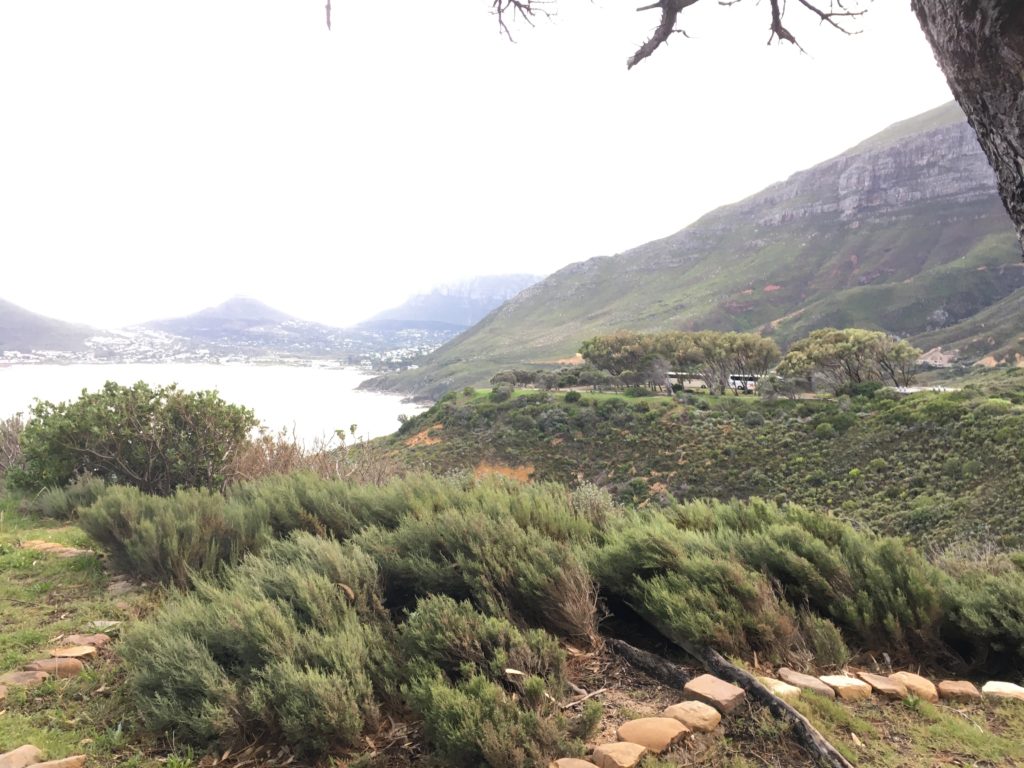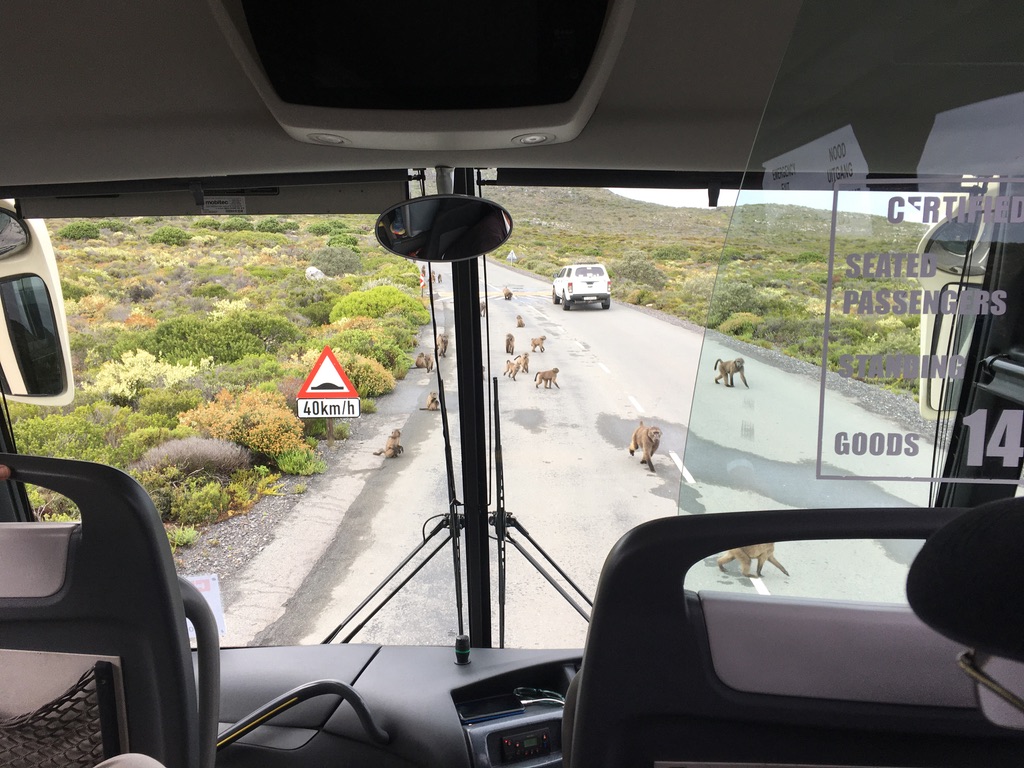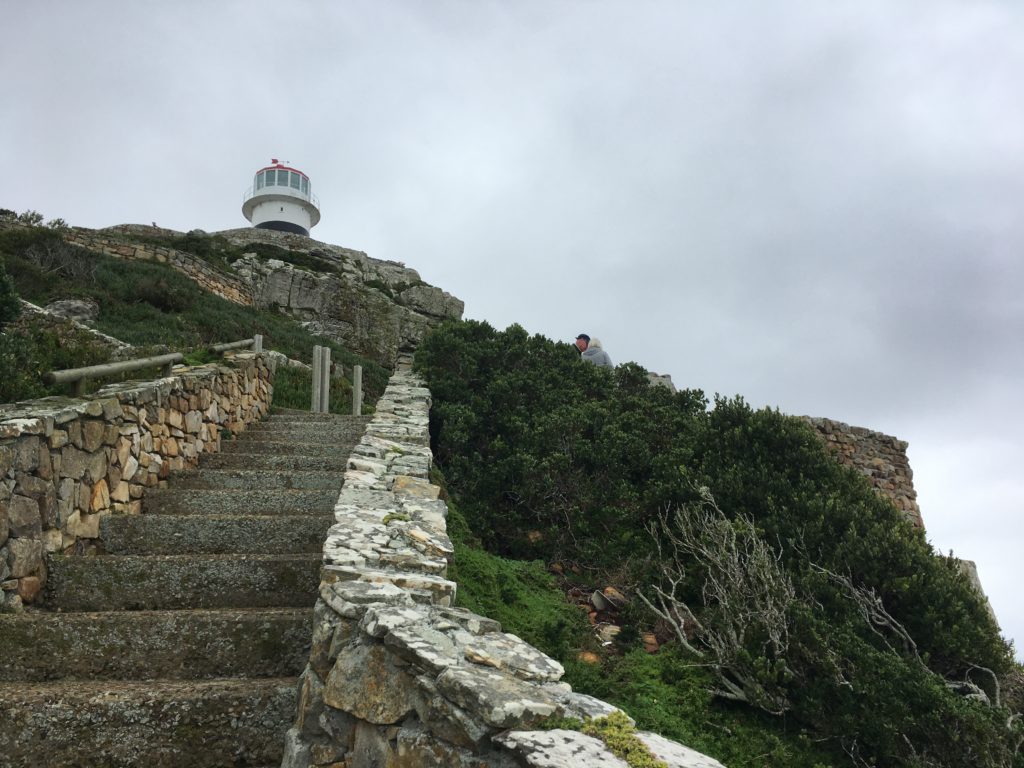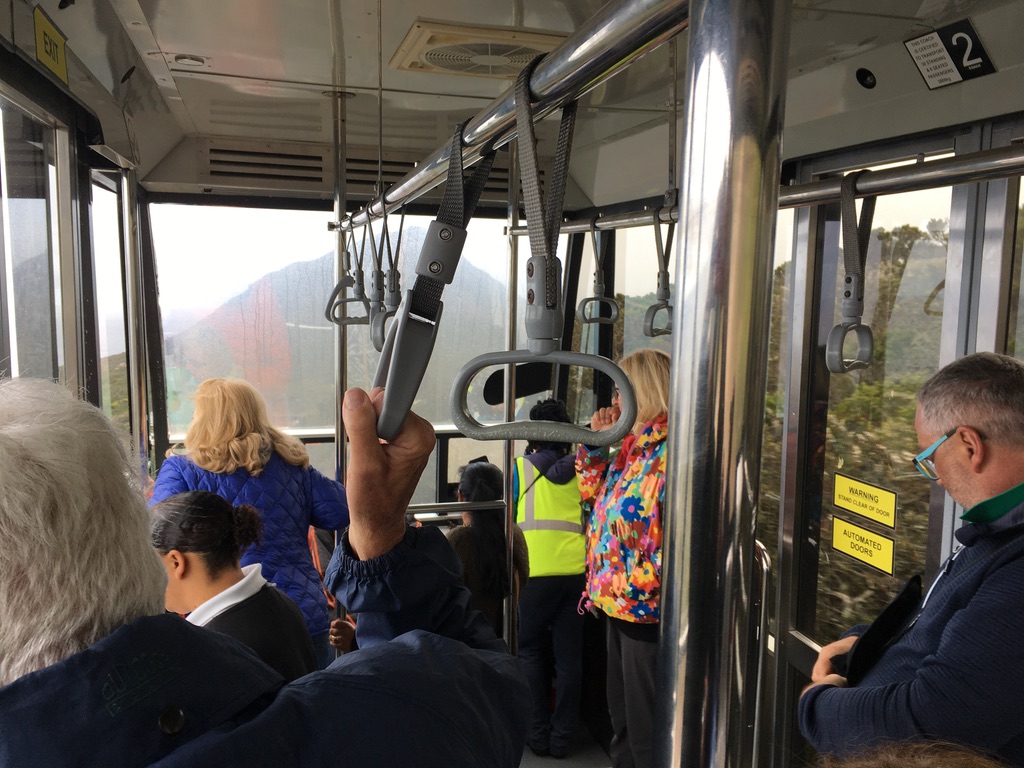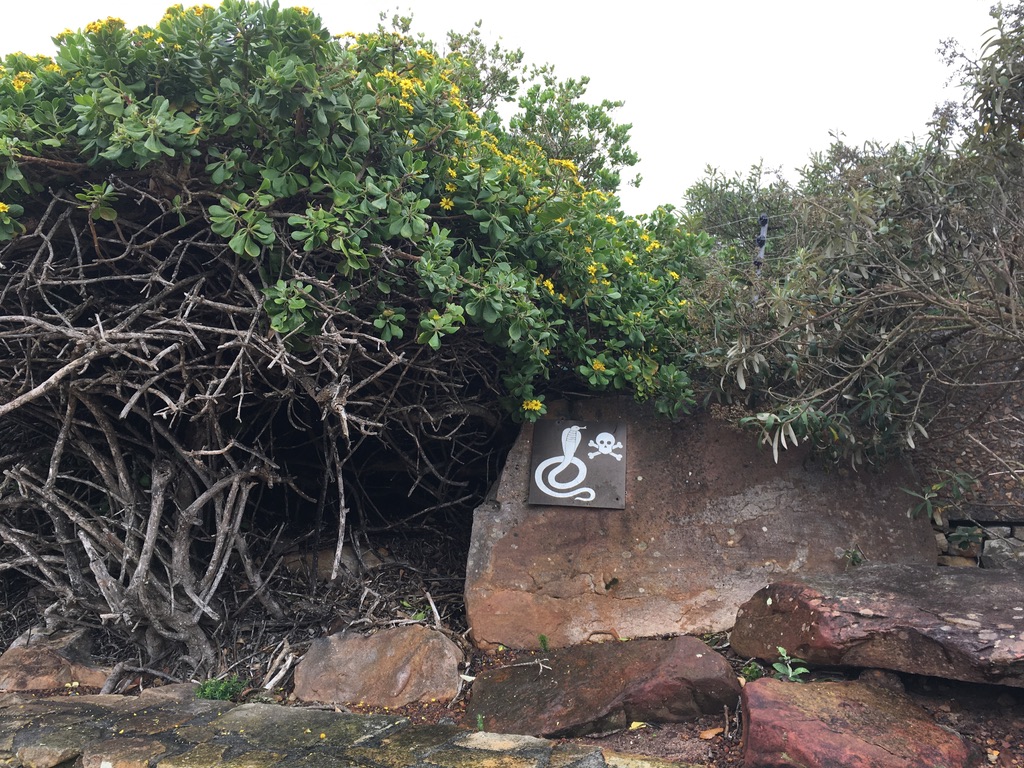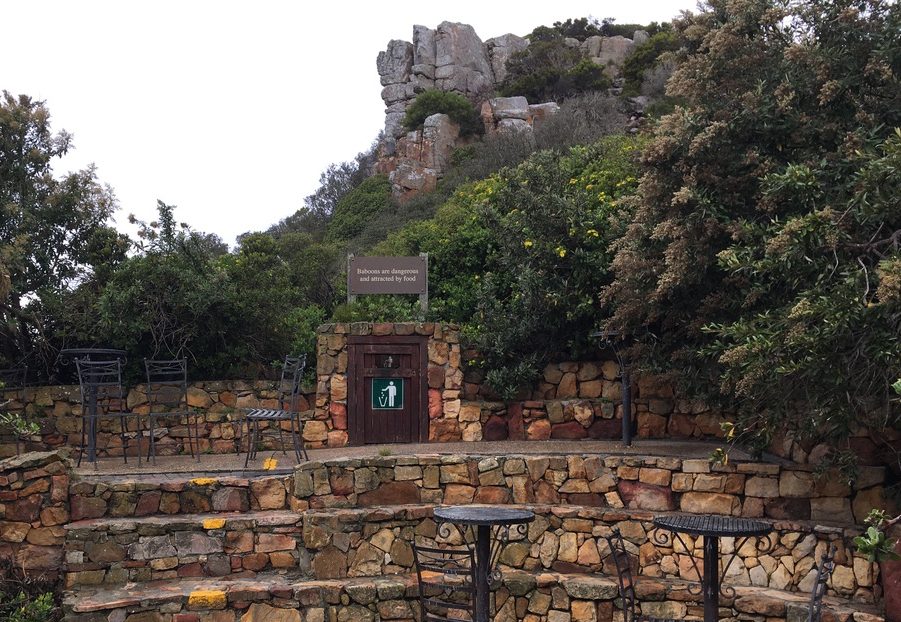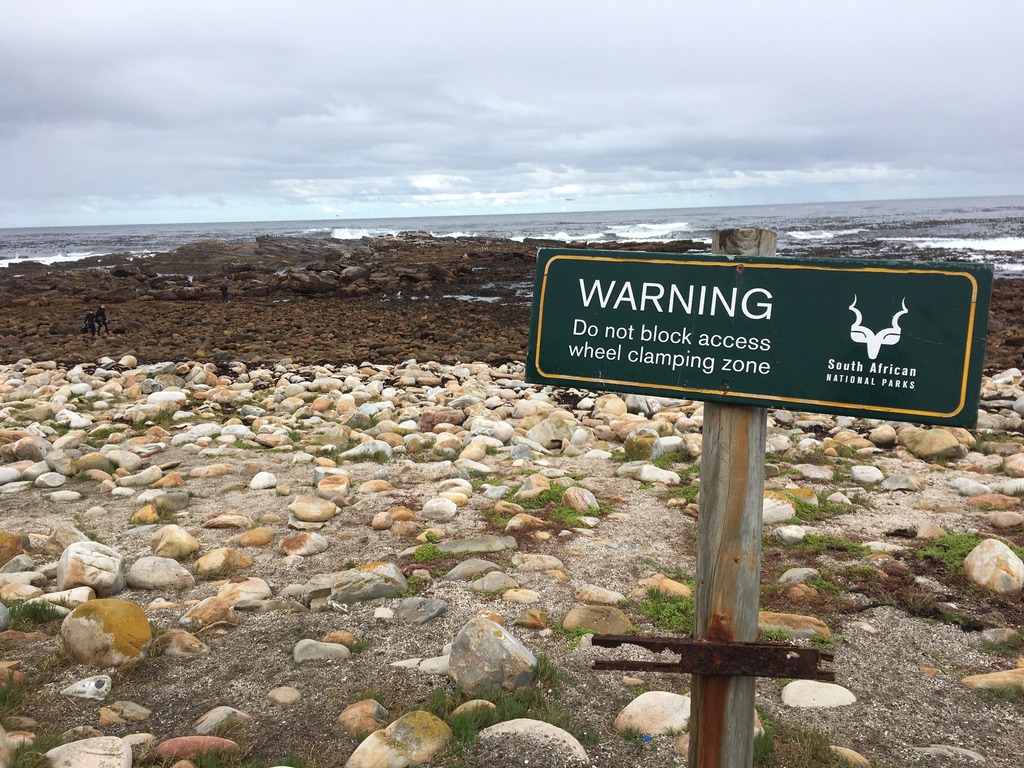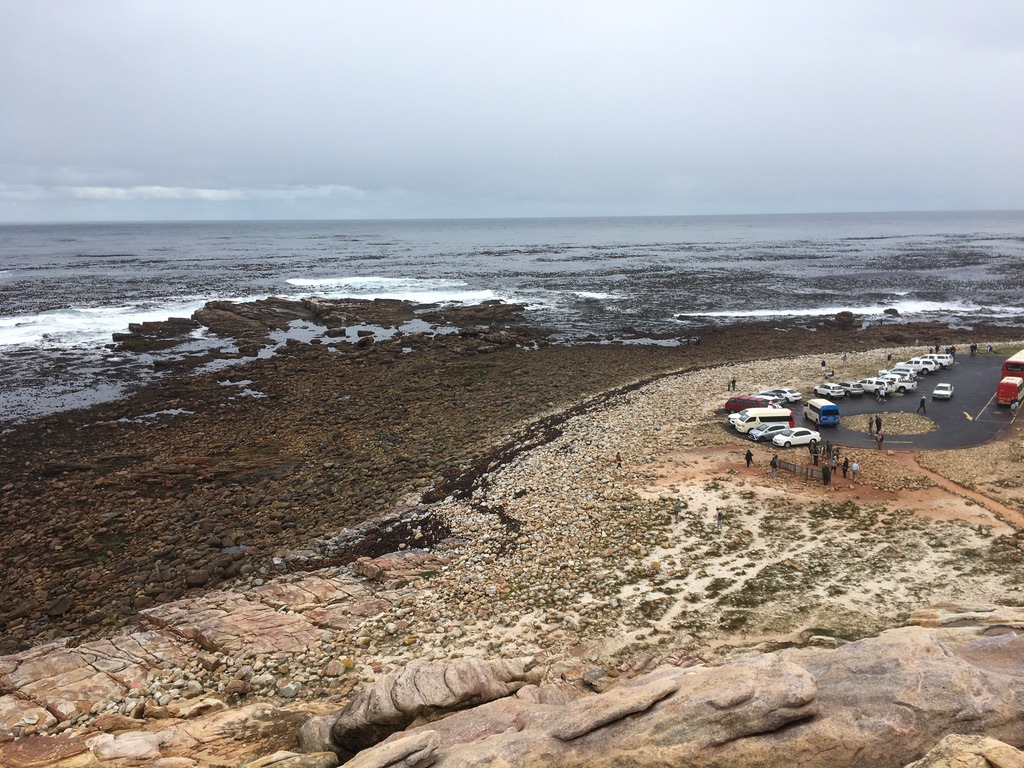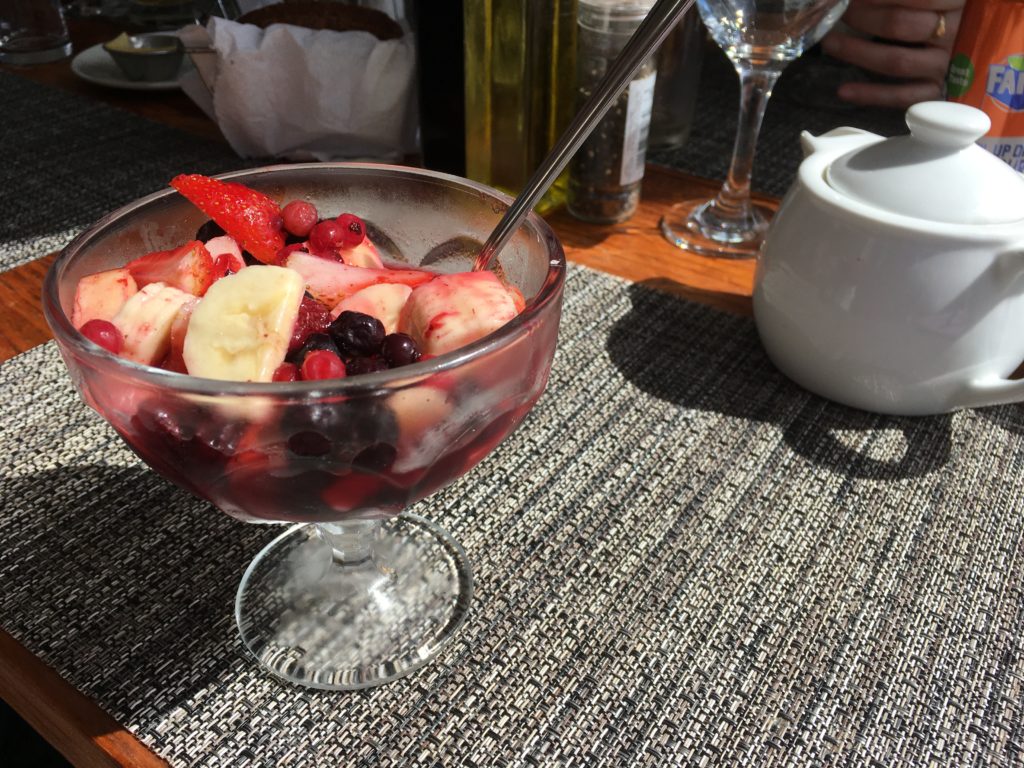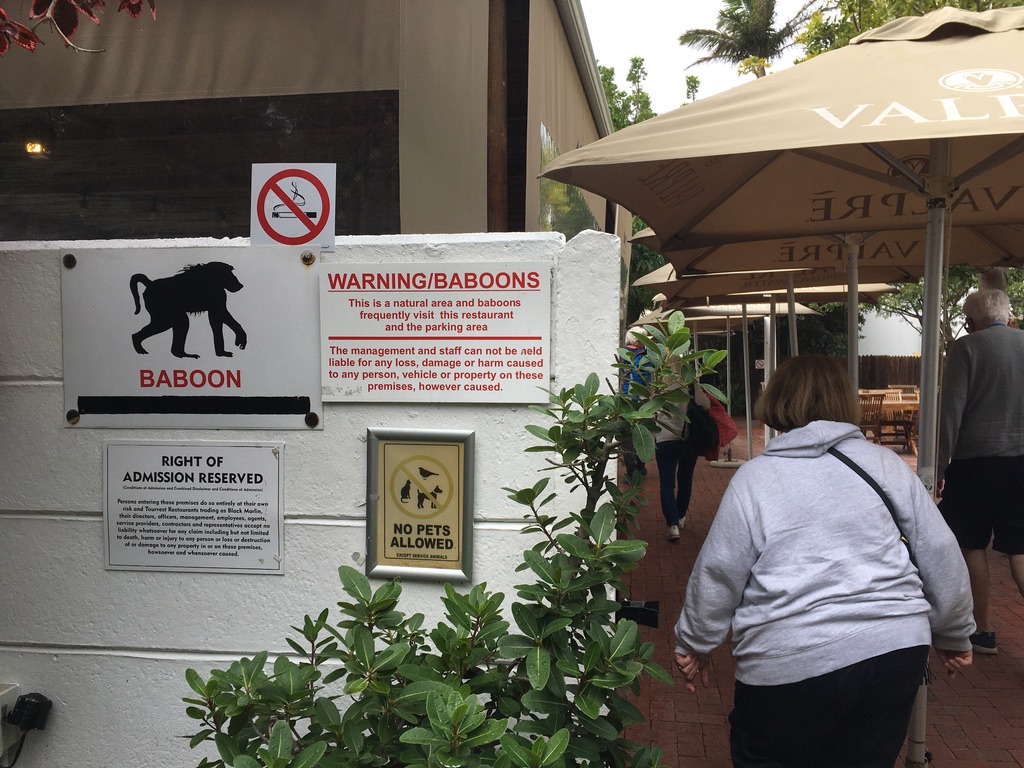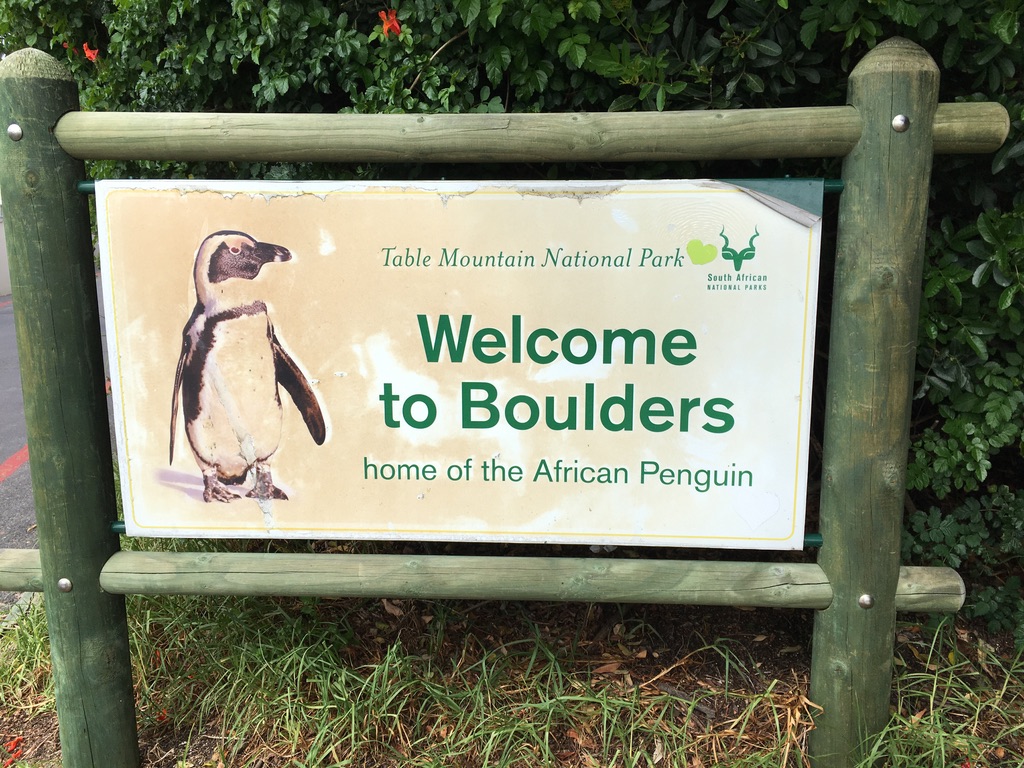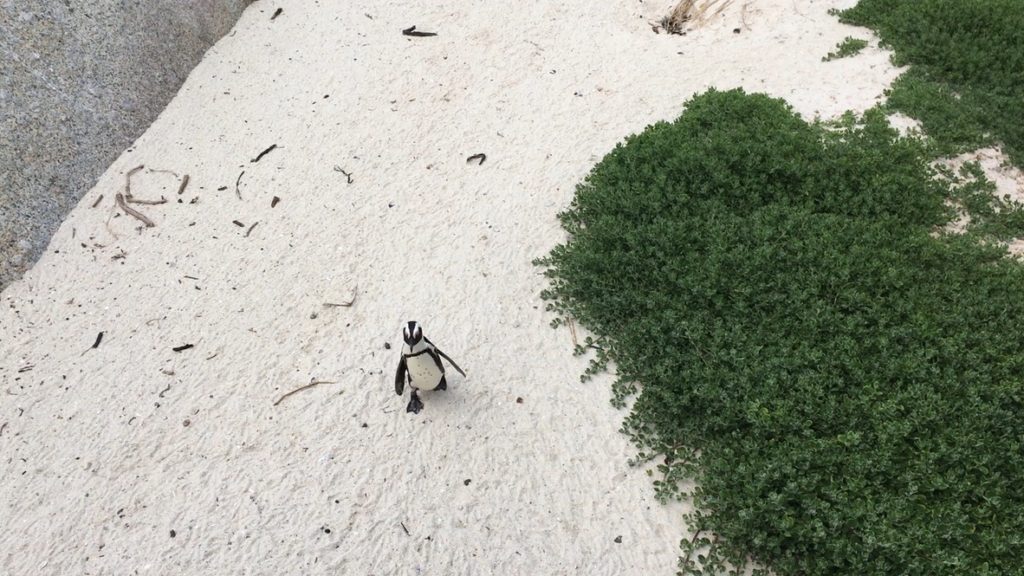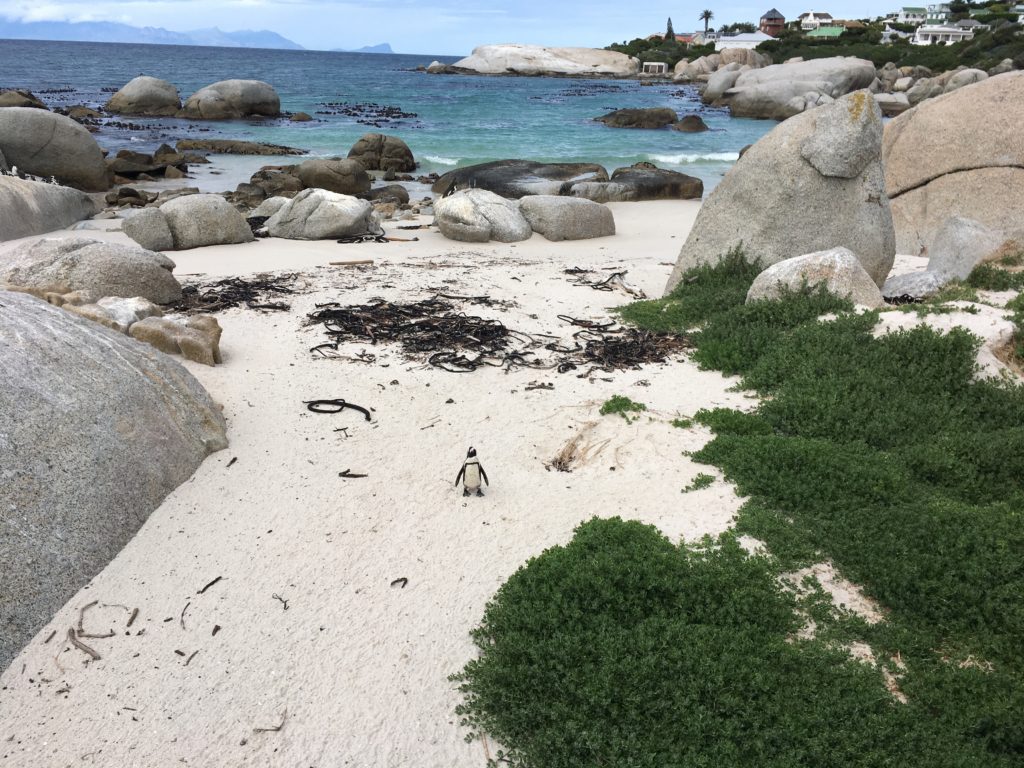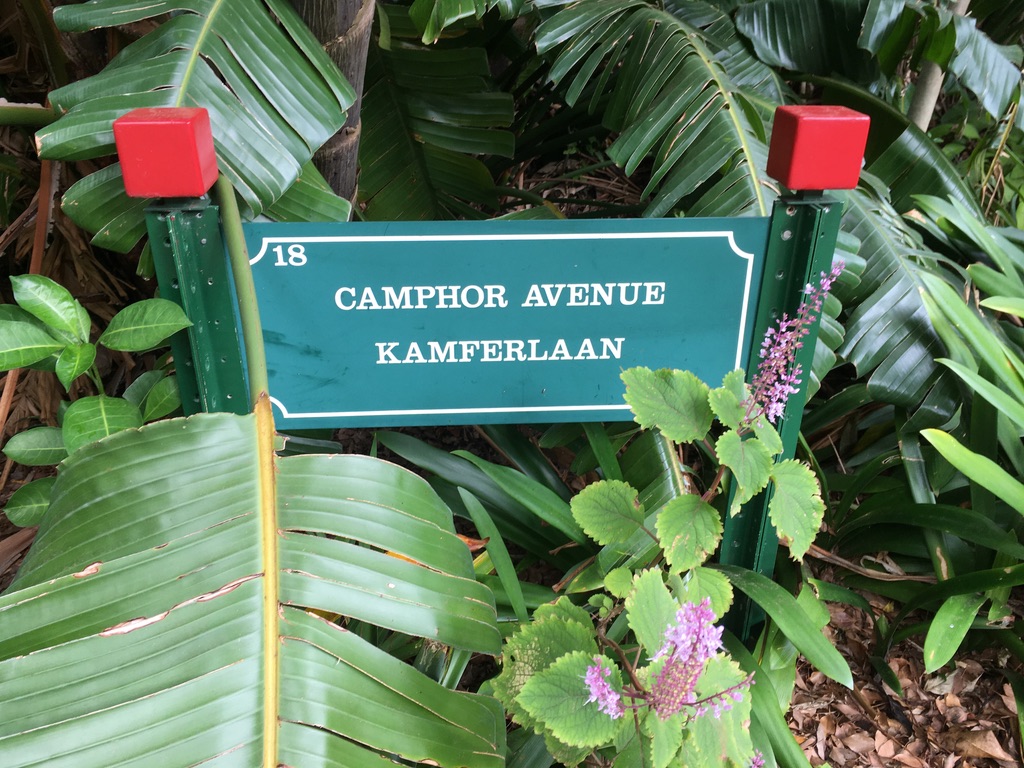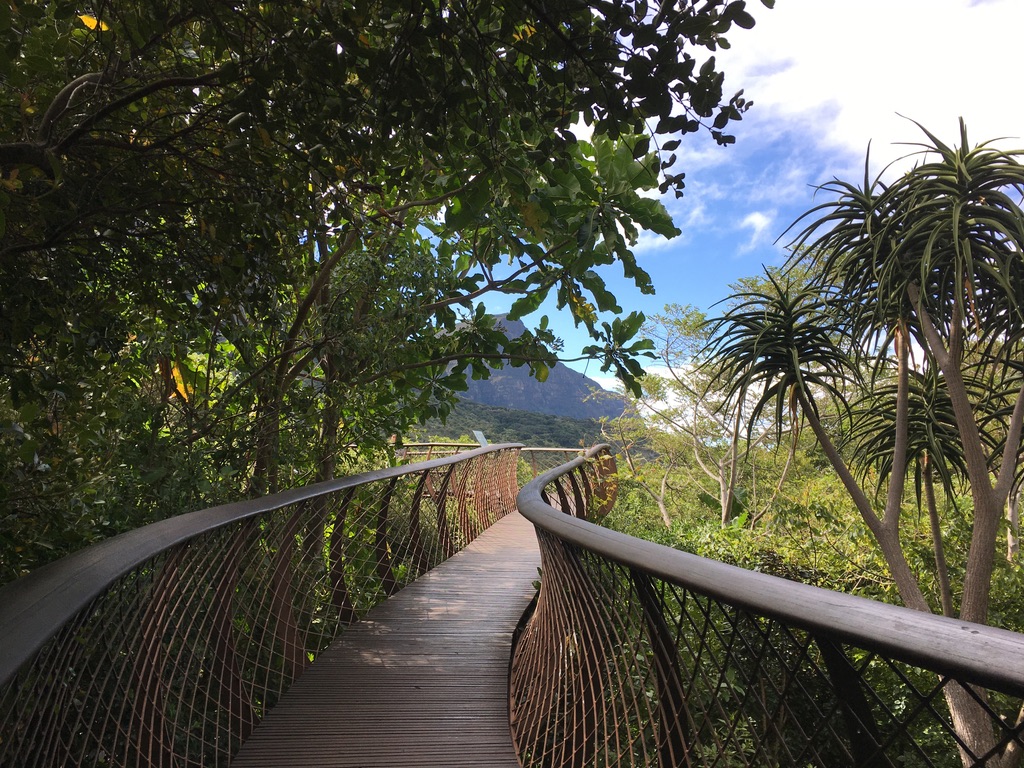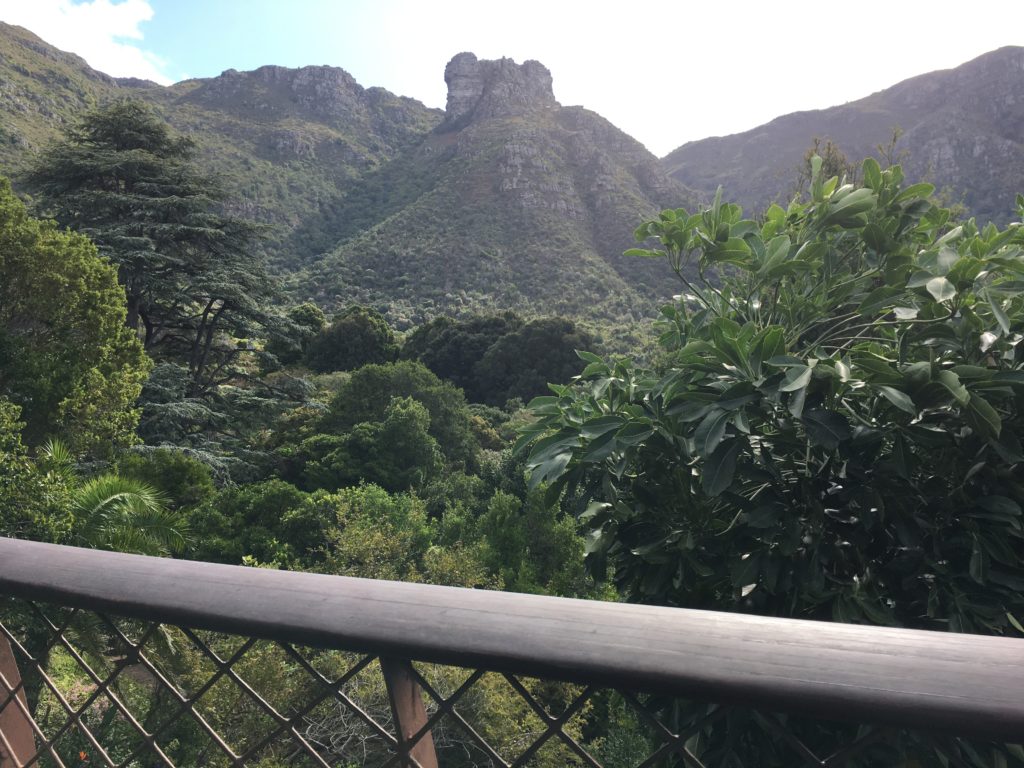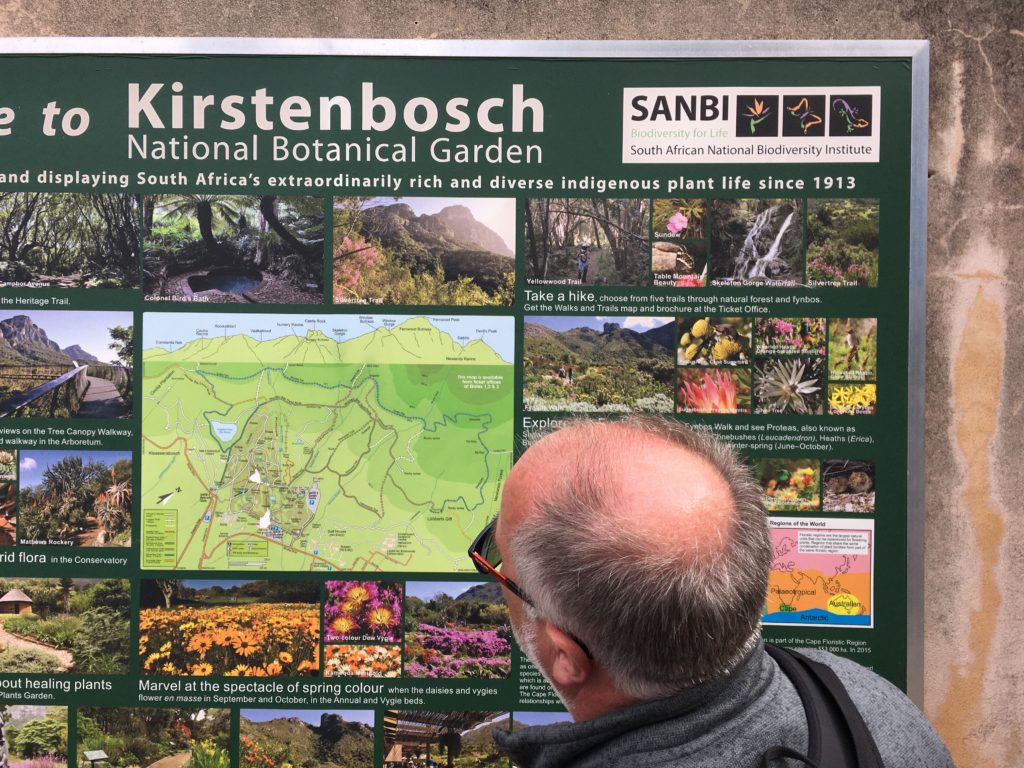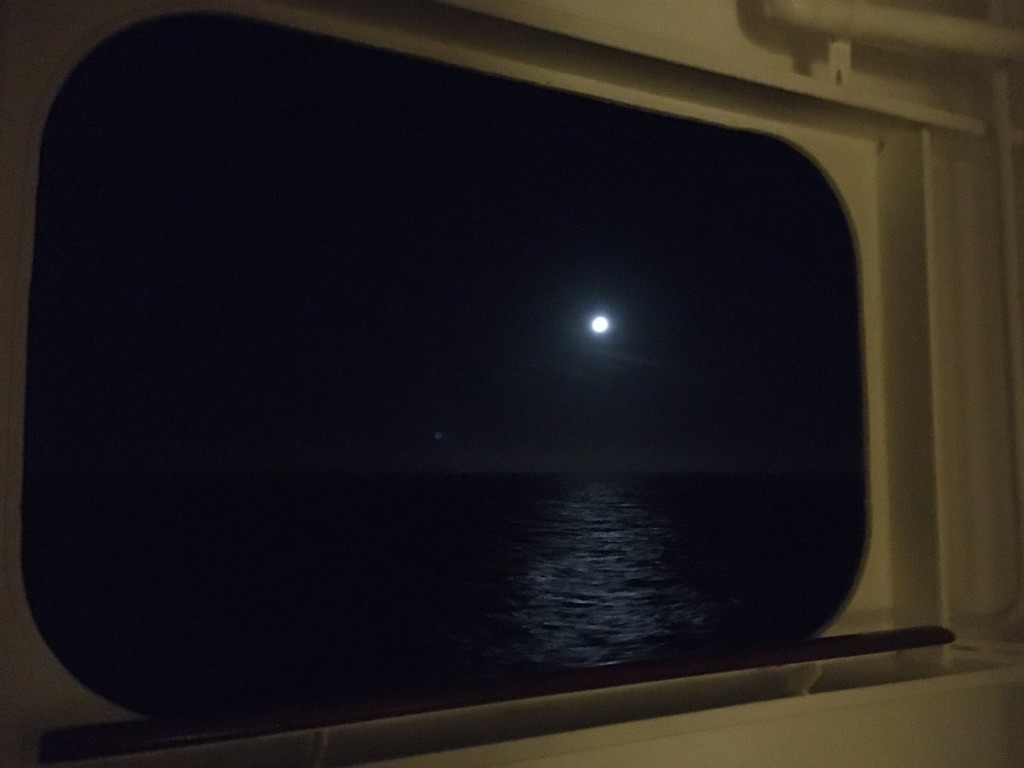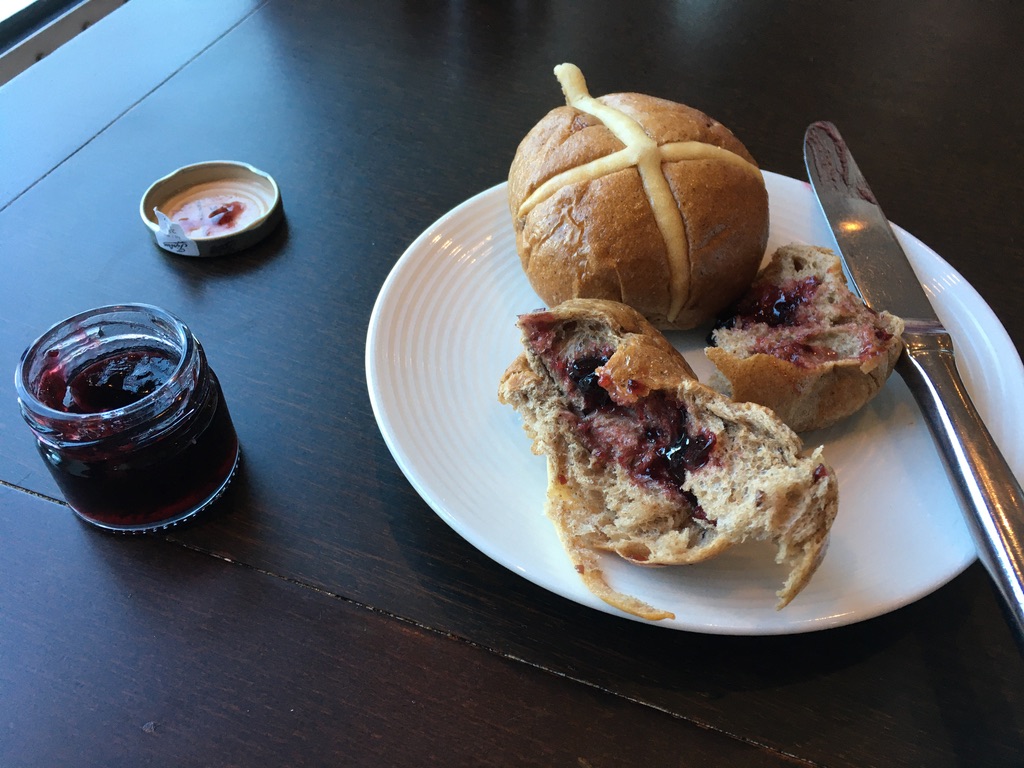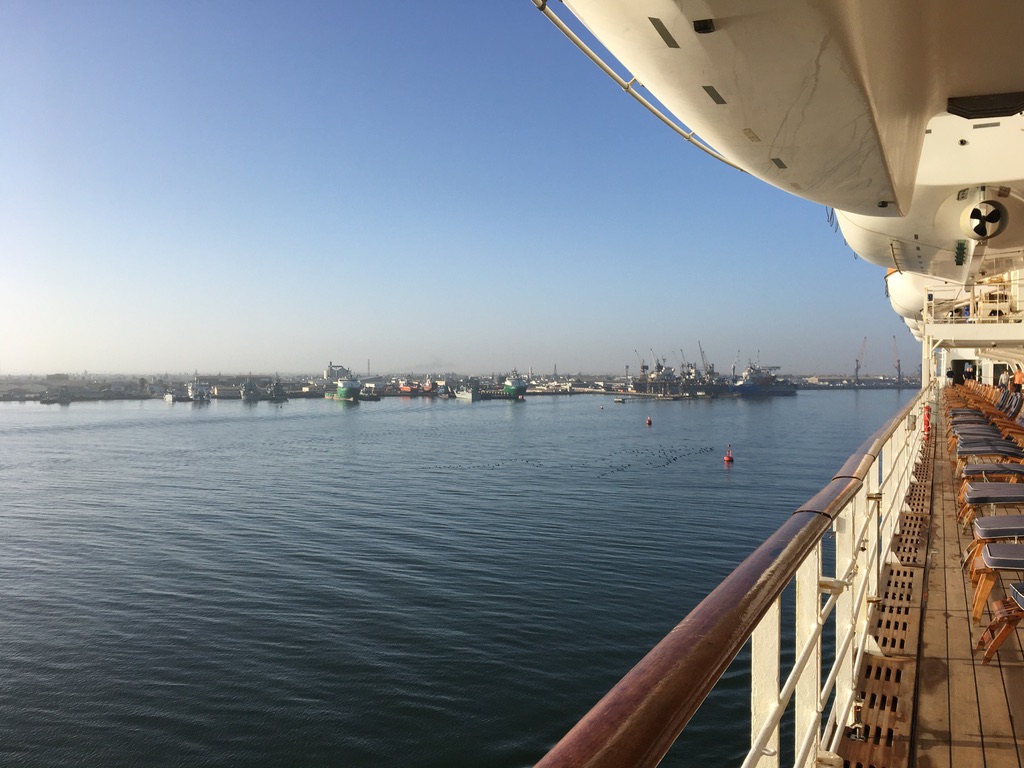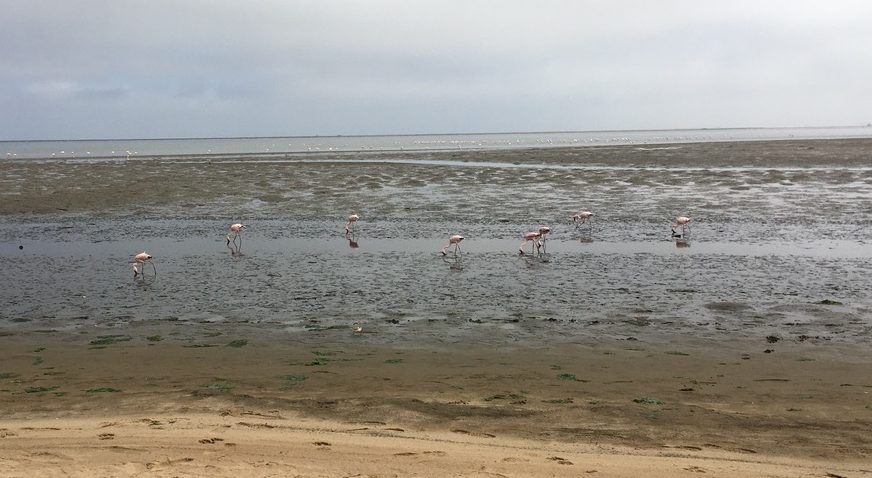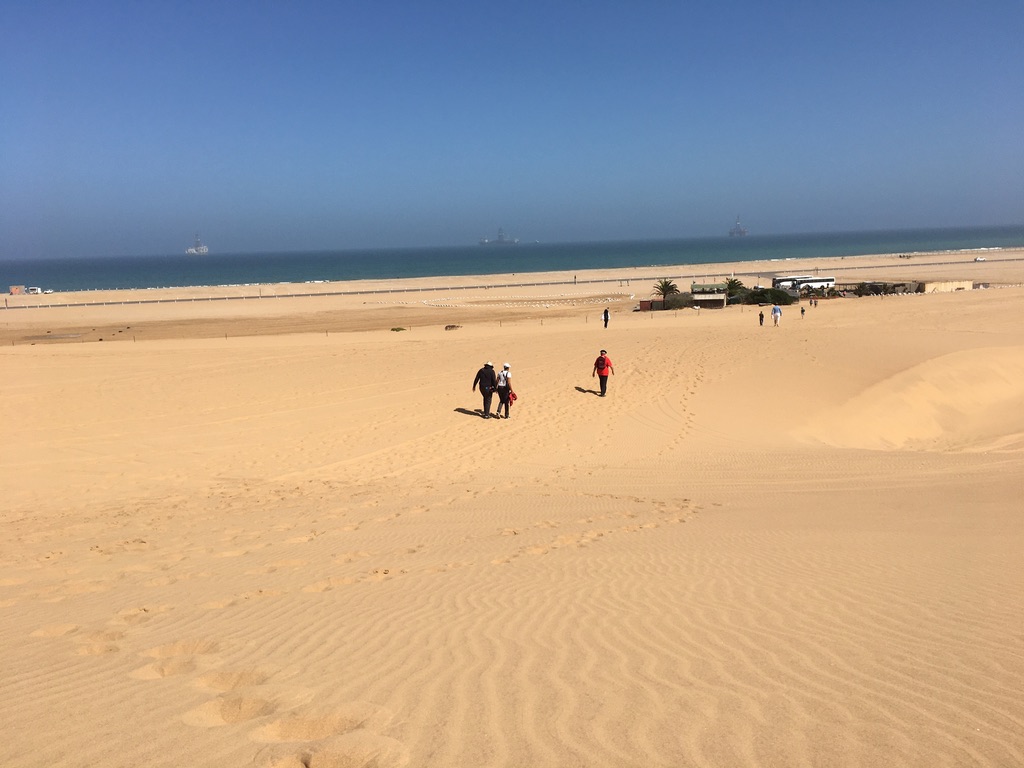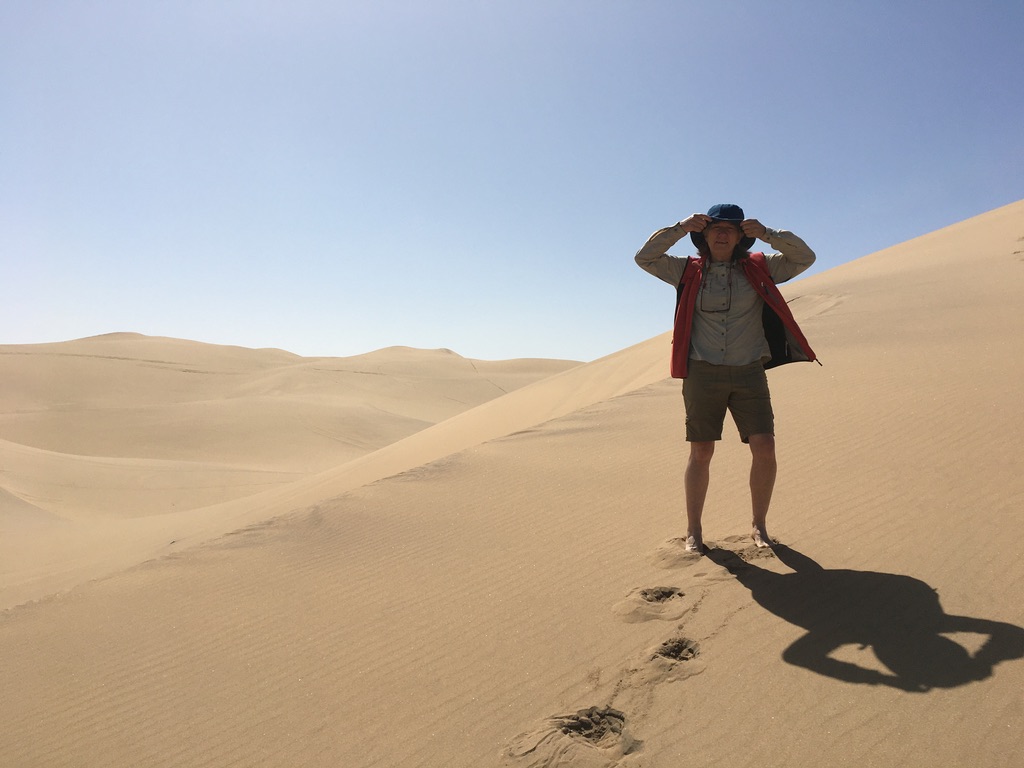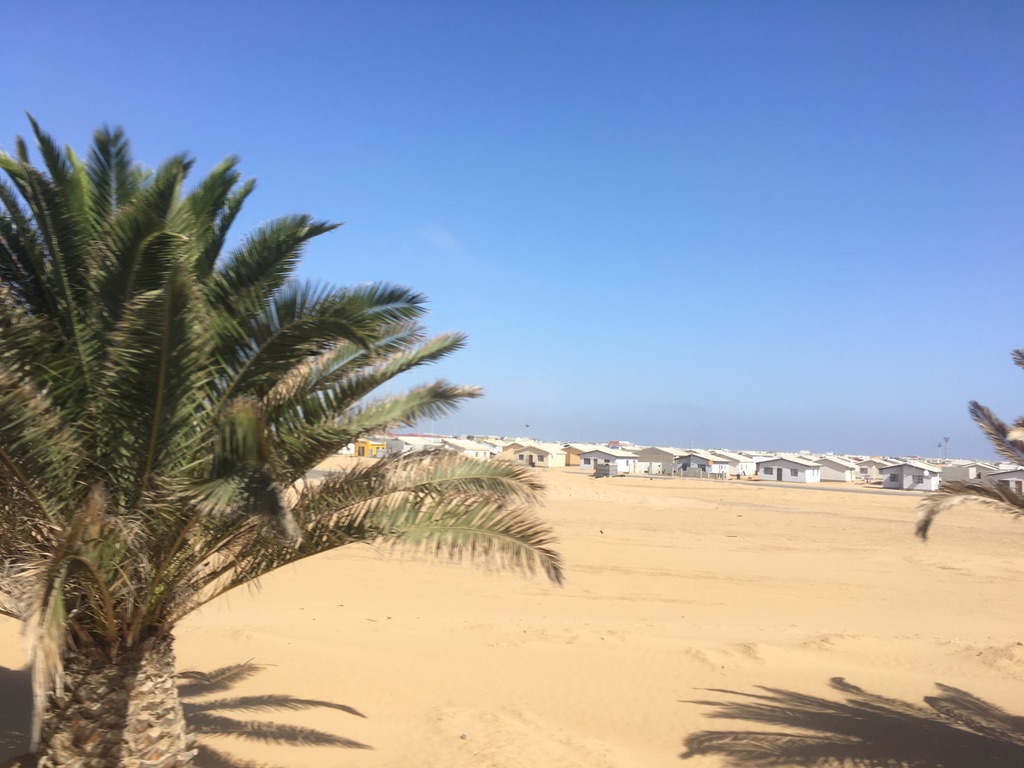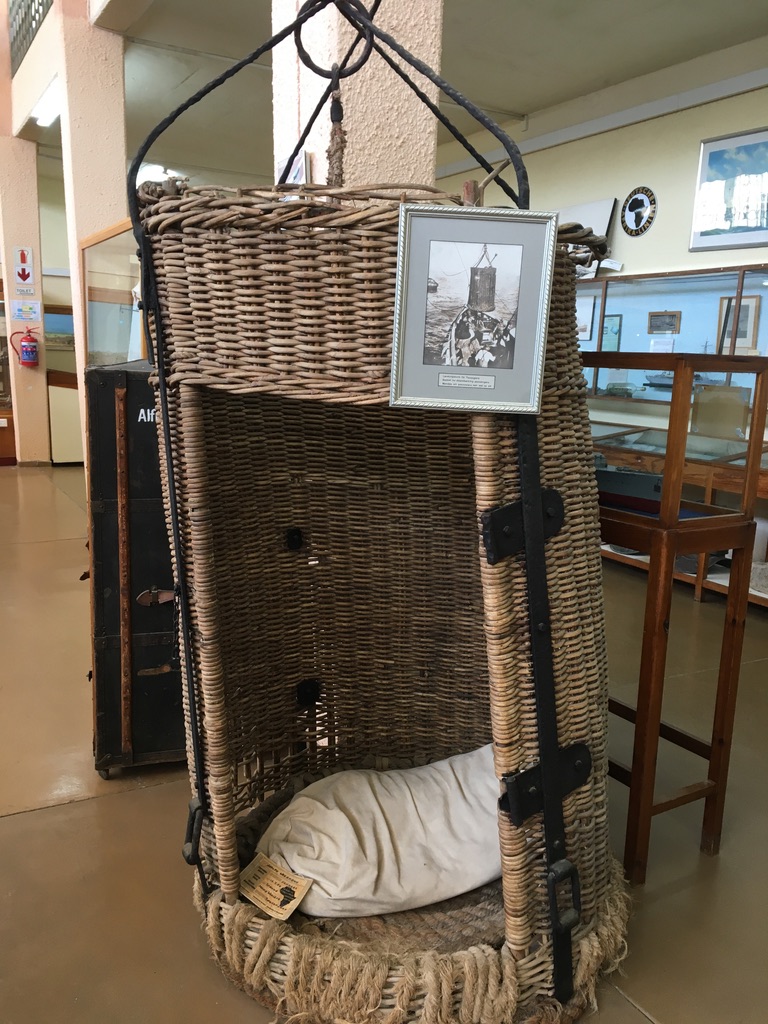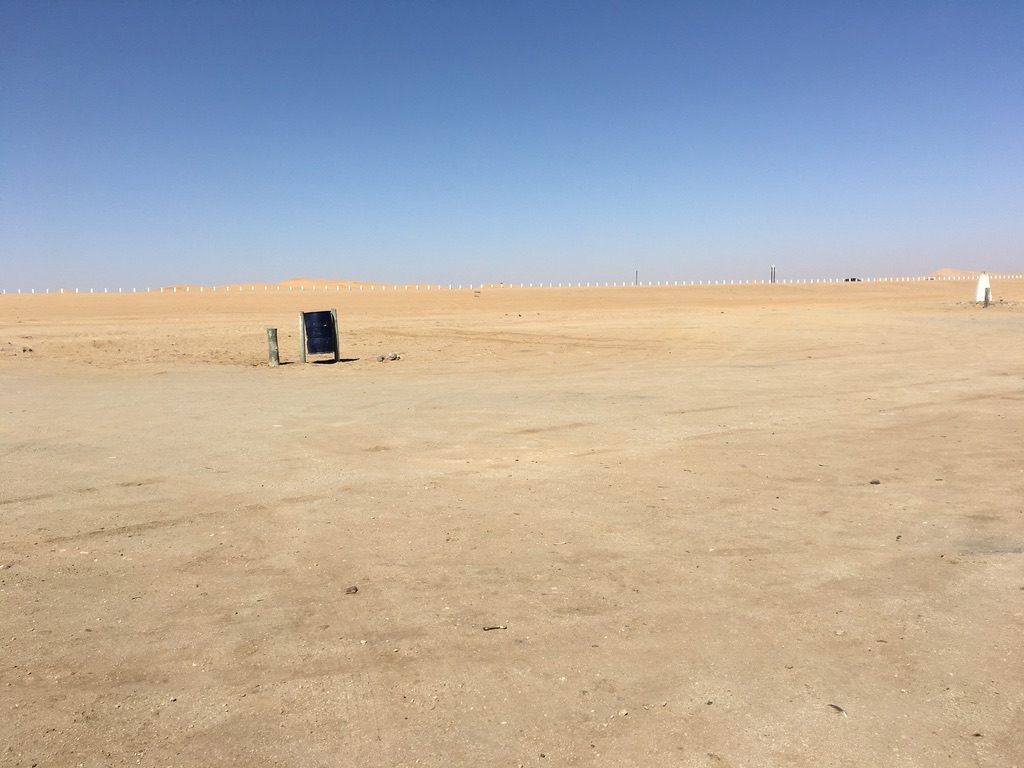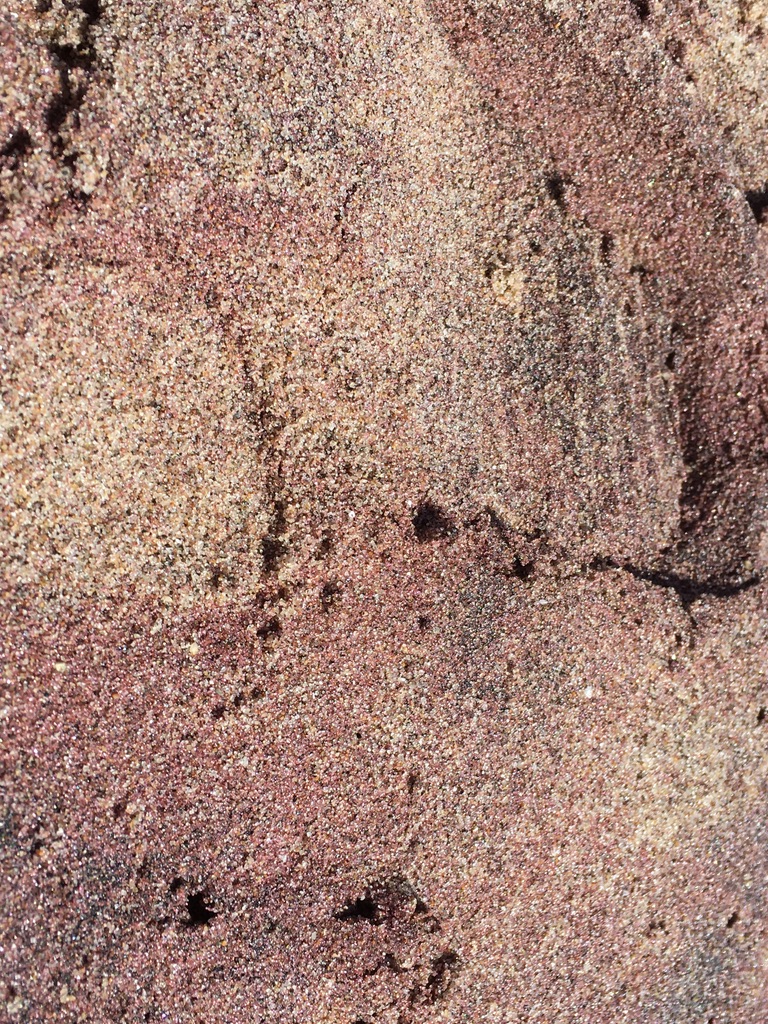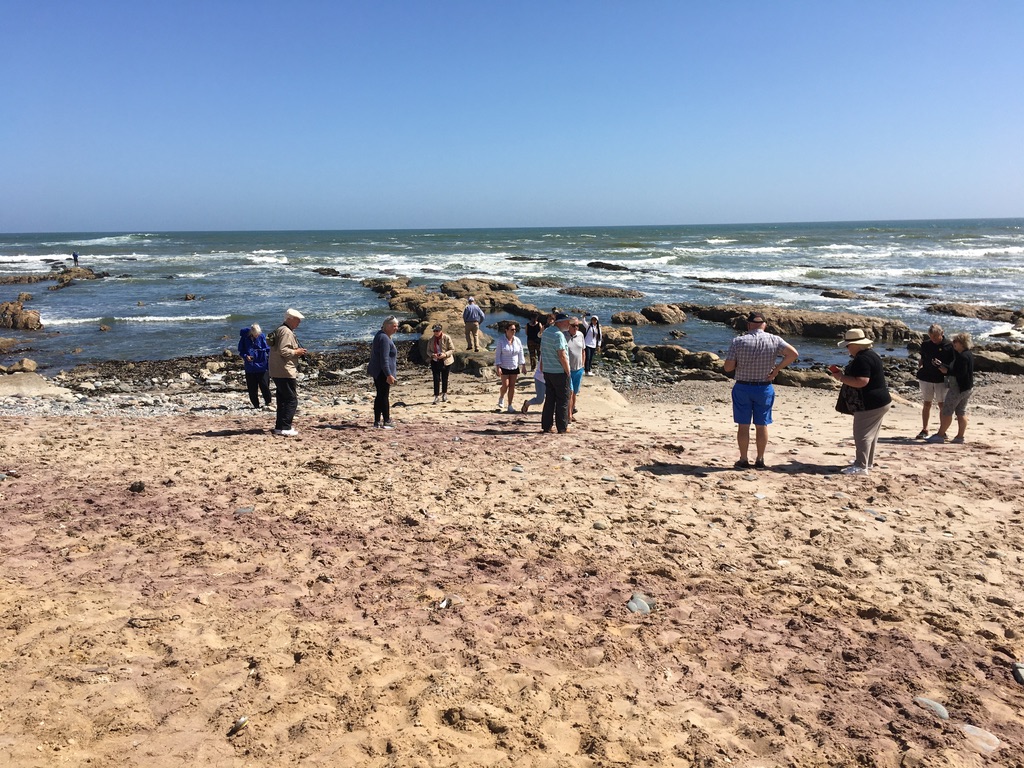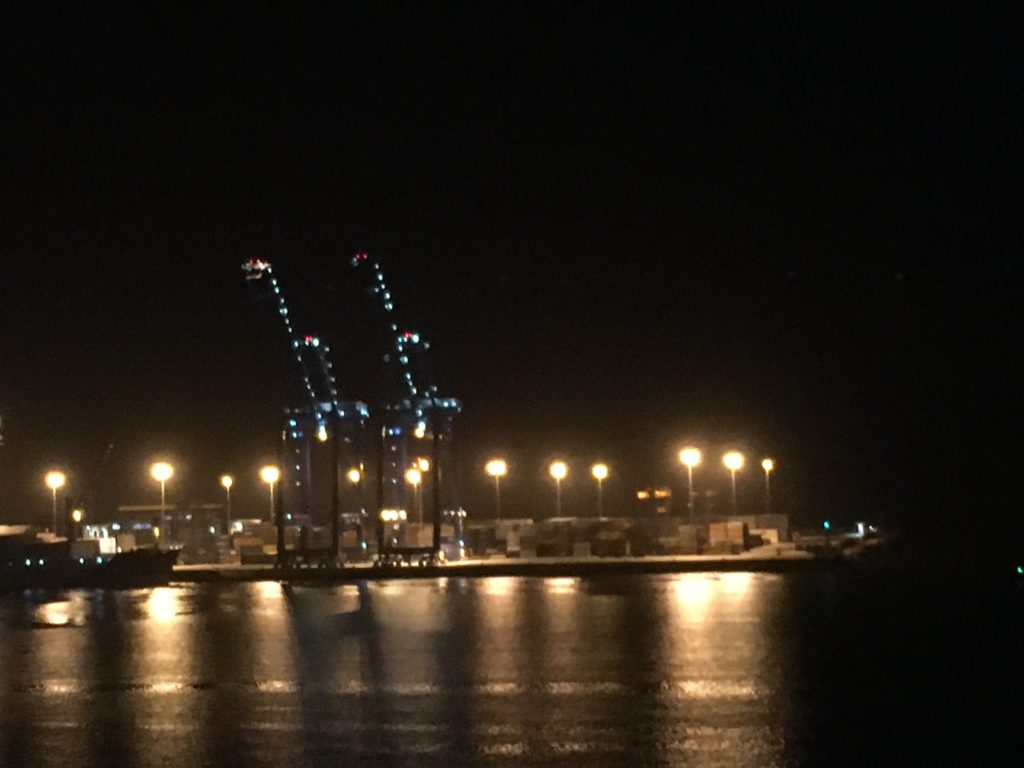There’s a twist to this story about half a world cruise on Queen Mary 2. Find part 1: leaving Sydney, part 2: cruising around south Oz, part 3: sea to island hopping and part 4: South Africa and UP and now read the rest …
Taking time to travel gives the traveller a perspective on distance. This journey, literally crossing the globe in a pointy tin can, twenty times longer than a flight, offered wide horizons of land and sea, and the realisation that human beings are miniscule in the face of wind, water and rocks. What do the planet and the atmosphere have to do with homosapiens? Weather in one land goes unnoticed in another. We know of terrible floods causing huge human loss. Sometimes fire, flood and hail combine in one country. Sometimes extreme weather conditions (such as the heavy rainfall in late August which caused a huge rockslide in the Maurienne Valley to close train links between France and Italy) merely derail plans. Some of us, who held a defunct train ticket from Paris to Milan, had to make quick decisions. Bus? Blablacar? PLANE??? … a tiny blip in the global weather crisis but a personal philosophical dilemma. Read on.
Back to the QM2!
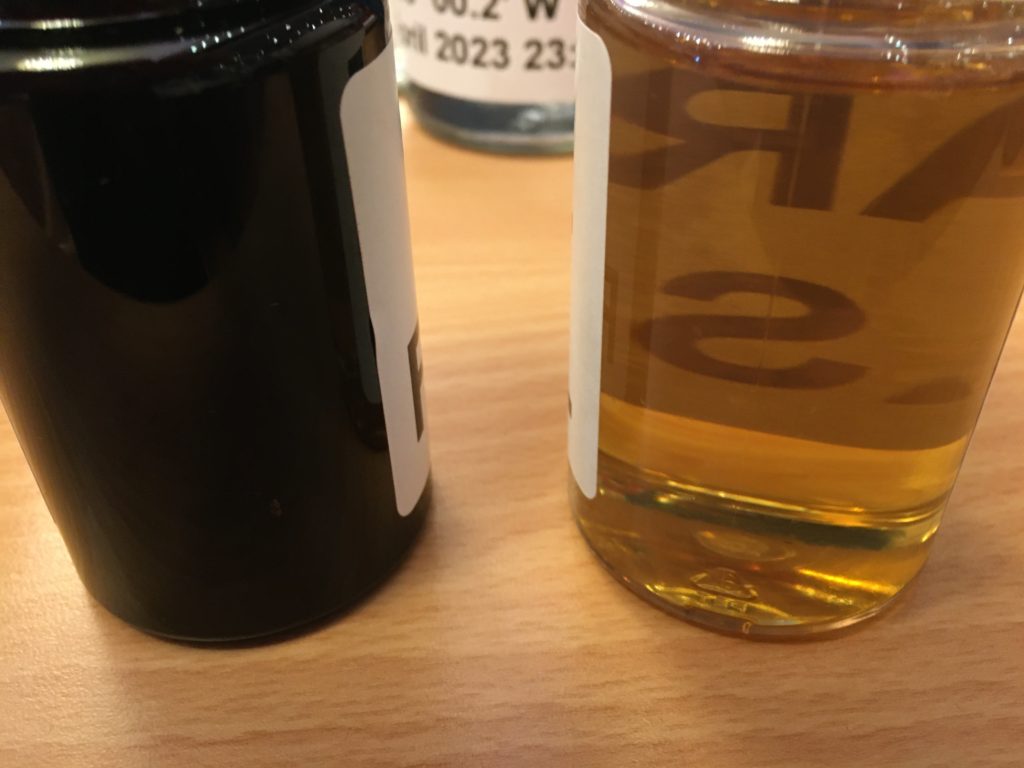
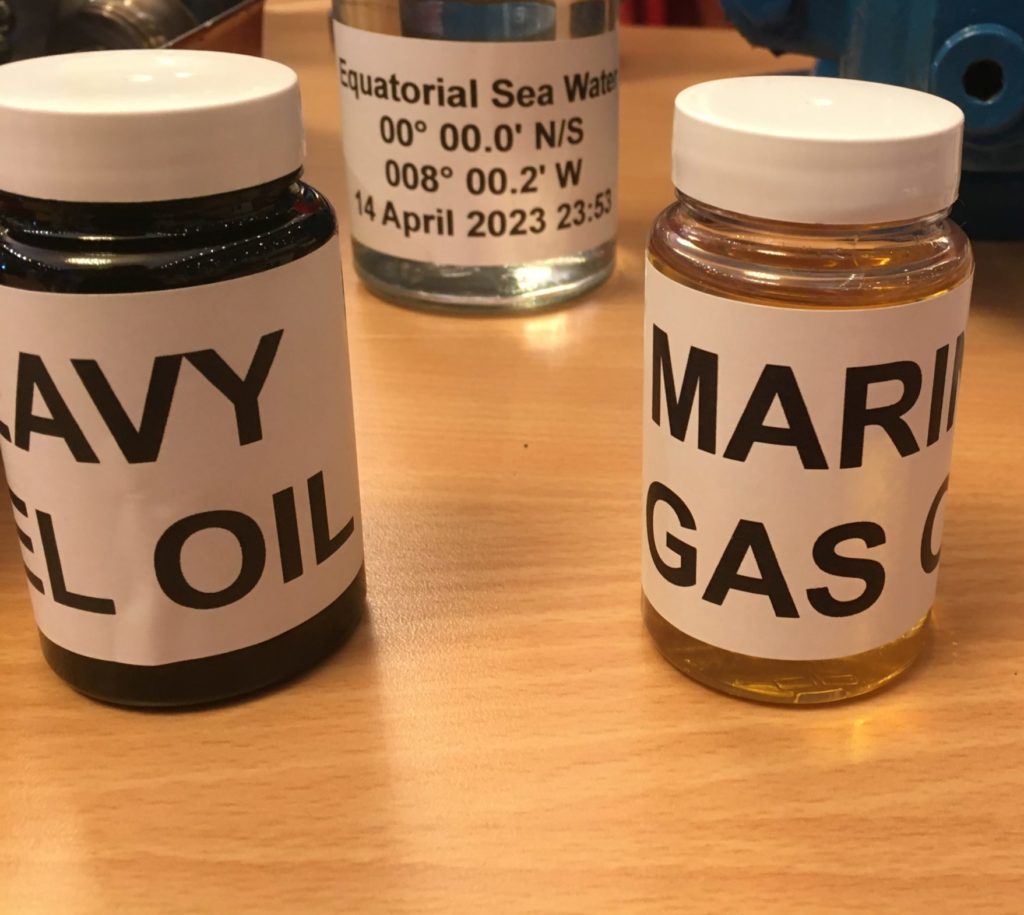
DAY 30 – AT SEA
There was a devil sitting in the jacuzzi on Deck 6. When the red lights changed to lime he became a laughing stock; an ordinary man bathed in extreme green.
On we go.

DAY 31 – AT SEA
Finally, I was invited to a cocktail party! Where would that elusive Engineer be? We formed the obligatory Cruisers’ queue across the dining room for entry. Sauntered past ‘The Selfie with the Captain’ queue and made a beeline for the first uniform. Turned out to be Head of Provisioning. Don’t think he was called the Quartermaster but that’s sort of the thing he claimed to do. I asked him about sulphites. Many of the dishes on offer in the Kings Court were labelled with potential allergens. Milk and eggs, obviously, gluten sometimes and, very often, sulphites. I’m prone to react with too much sulphur, so I asked why there were so many treated dried fruits and nuts in the displays. He didn’t know anything about that label. Whaaaaaaa … ?
He couldn’t immediately see an Engineer on display, so I went to join my tablemates who were clustered around the Head of Security, a large, cheerful, retired police officer. Given my experience on the container ship, I asked what arms there were on board. (The Captain of my first container ship admitted to having tazers, handcuffs, and a lockup on board.) QM2’s Security denied having a tazer or even a baton. Pirates are not an issue for a ship the height of QM2. Due to the outward curve of the hull there’s nowhere pirates can attach. When the ship travelled into areas of heighted tensions, such as Yemen, Sudan or through the Suez, a specialist squad of trained mercenaries would be in attendance – so not on this stretch. The ship preferred to stay well away from trouble and the Head of Security preferred to play down any threats.
Head of Security couldn’t find an engineer either, but pointed towards Matt, the Deputy Captain. Tablemate Andrew, a retired teacher, who kept referring to this pleasant young man as the Vice Captain, asked for a definitive statement about the different colours of the ocean. Matt agreed, the colours of the waters did indeed change with depths, algae, and weather. He admitted there were no engineers in attendance at the party. What? None at all?
I commended the fantastical 180 twist on the spot and the hypnotic journey out of Walvis Bay and, happy with this subtle flattery of his driving, the Deputy Captain was happy to answer questions about the pods (see previous posts) and the stabilisers – those wings that fold into the hull of the ship when not in use. I’d been trying to find them from the deck when we went into choppy waters. He said they were far too deep to see but there were photos on display. Click here to see that they’re more like wings of a glider, thinner and more shapely than a stout plane wing. Depending on the roll, they might use one or two and rarely have all four out at once.
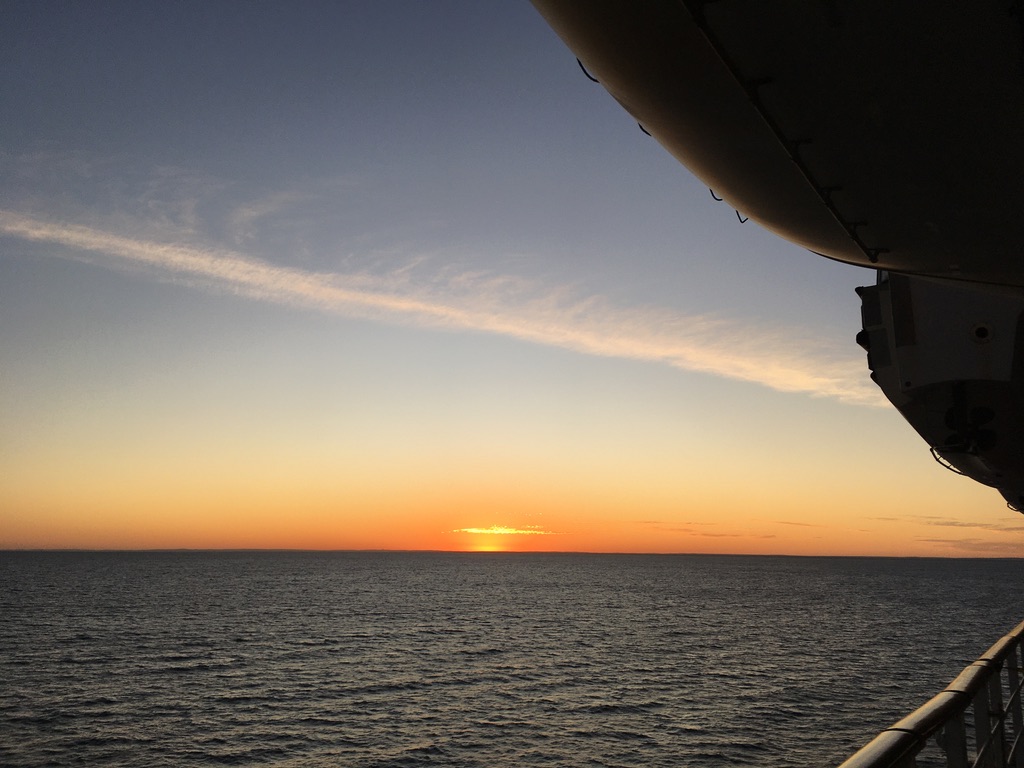
DAY 32 – AT SEA
Near the Dampier Seamount, 550m below the surface. Here’s a link to a blog about dredging the Walvis Ridge Seamount Trail.
The Captain’s report announced we were off the coast of Gabon and close to Ascension Island. We could see sea.
Tonight’s cinematic offering was ‘The Whale’ directed by Darren Aronofsky, adapted from a play. (Not about the ocean.) It was an erudite work, peppered with allusions and anger. It was impossible to trust the characters, they sprang from ledges of kindness like wild cats. I wondered what the playwright thought of the film. Would they prefer the live emotional vibrations, which would demand so much more of the audience, or this version, with realistic prosthetic armour pasted around the man?
Such a thought-provoking day began as usual in the gym, breakfast, Italian homework and then, still in my Chart Room office, I was able to have a friendly ‘off the record’ chat with staff. I feel honour bound to share with you some of our discussion which leads back to the question: fly or ship?
We agree that cruise ships have a bad reputation in terms of pollution, especially as they’ve grown physically bigger and need more people to operate. They travel around the world’s oceans, filled with pleasure seekers and bacchanalia, often with more than 4,000 paying customers and 2,000 staff. The fuel used to power these juggernauts is filthy – their emissions as bad as a city full of cars – and the ‘guests’ excrete continuously. Not only biological waste but there is also plastic, paper, and glass to be considered. So, what are customers paying for? They would say luxury experience, but think of this, they are manufacturing a product and that product is their waste. Someone buys it. The waste industry is a serious business.
Cruise companies influence the global waste industry. Clearly, major ports such as Amsterdam, Venice and Barcelona adjust for disruption to locals. But in other places, where the environmental laws are not as strict, Carnival (owners of Cunard and P&O) would say theirs is an educational role. They have to after their 2017 conviction for dumping oil at sea and fine of $40 million.
Say you are a recycling company in a port of Africa, or Indonesia, or the Philippines perhaps, you must uphold your side of the bargain. There is good reason to clean the port – pleasure seekers don’t like to see refuse floating outside their expensive bedrooms. More importantly, you must actually do what you say you will, really recycle that glass, which is carefully sorted on board ship, crushed into portable bales, and carefully delivered onshore. The collection trucks are observed from the ship and if any irregularity is noticed, say paper is seen to mix with plastic, questions will be asked, flags will be raised, and warning notices will be issued. If fault continues to be found by regular inspections, the contract will pass to another, more obedient company. Money is an incentive to good environmental behaviour. And Carnival wants a good environmental reputation. There are no plastic straws on board this little black ocean liner!
It is still a mystery to me as to how we calculate the difference between flying and shipping. This article states: “A return flight from London to Cape Town generates roughly the same amount of C02 emissions, per passenger, as it would take to heat the average home for a year. On a Boeing 777, as used by British Airways for the route, that’s 396 passengers or the greenhouse gas output of 396 houses.” And this article says: Flights account for around 2.5% of global carbon dioxide production at the moment, but the industry is expanding. And because planes fly high in the atmosphere, the greenhouse gases they emit do more damage than on the ground.
Cunard and P&O are under the control of Carnival. Here is their sustainability webpage. Two of their latest P&O ships, Iona and Arvia, are both bigger and gas powered. No need to scrub emissions. Next ships should be hydrogen – that will be the big step for humanity – when you can drink the water that is emitted from the engine. What is hydrogen energy and how to make it?
https://www.imo.org/ International Maritime Regulations are created by the International Maritime Organisation – 1973 – part of the UN. Most countries are signatories. Not all. Signatories are bound to follow regulations but recently, they have been found difficult to enforce. Regulations are continually evolving. Next focus will be gray water which will probably will need to be treated before discharge.
WATER
QM2 can’t carry enough fresh water so it has to be created on the go. There are three ways to create fresh water from the sea. First, using the exhaust gas boiler where the engines create heat that boils the sea water and the steam is caught to create potable water. This is the cheaper option as the engines are already in action.
RO is reverse osmosis, the second preference. Actually, it’s the process of desalination plants.
Finally, gas fuel boilers boiling water using fuel only for this purpose is clearly the most expensive method and used in a last resort.
QM2 uses two types of fresh water – potable for drinking and washing – and technical which is less pure, used to wash down the ship. Technical uses less energy because there’s less filtration.

CHIMNEY
Heavy fuel oil (heavy black oil, looks like crude) has to be heated it to liquify it. It’s the leftovers after the first fractioning operation to get cleaner fuels. Think clean fuel (diesel) as virgin olive oil and next press as heavy scum – still oil. The four diesel engines on board QM2 can use both heavy and diesel. Heavy is cheapest. And more dirty.
Marine gas oil is used by the two gas turbines on the top floor for turbo charging in serious weather.
International fuel regulations allow heavy oil to be burned in the middle of the sea. Sulphur in fuel is one of the leading causes of climate change. QM2 can’t use fuel containing more than 3 and a half percent sulphur. They simply can’t buy it if it exceeds this amount. International Regulations mean fumes can’t have more than half a percent of sulphur content. The smoke has to be cleaned on the way out of the chimney. Literally scrubbed.
On board QM2, scrubbing is the action of spraying sea water into the fumes in a chamber of the chimney. The engine exhaust is a gas which includes sulphur dioxide, nitrogen dioxide, and carbon. The gasses dissolve into the water resulting in clear water (with no visible particles) which is then directed back into the sea. It is a form of carbon capture. Nobody scrubs the lighter diesel. It’s pointless as it normally has a content of less than point one percent – almost nothing. There are different ways of scrubbing – Cunard uses open loop exhaust gas clean systems or advanced air quality systems which means dirty seawater is discharged back into the ocean. But the air is a bit cleaner.
Black soot accumulates on the inside of the chimney. ‘Soot Blowing’ – couple of times a week – sends pressurised air up the funnel – such high pressure blows up into the sky and blows over into the sea. Normally done overnight – when there’s no one on deck to get sprinkled with soot.
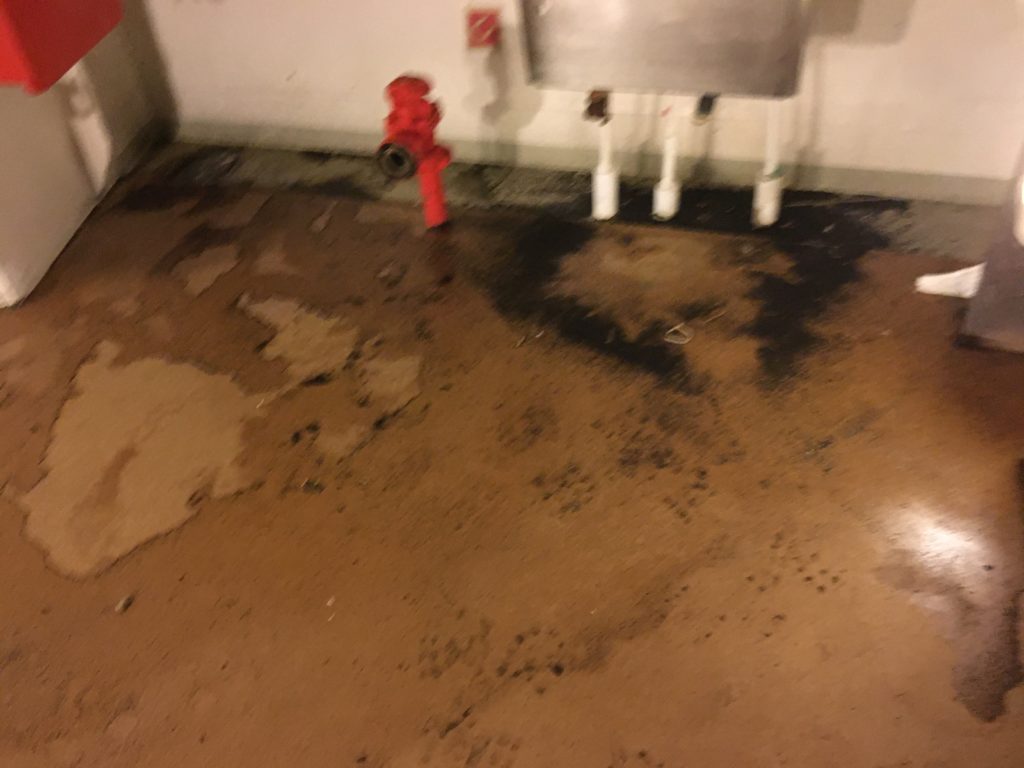

They don’t burn heavy fuel oil in a small, enclosed port or fiord where they can’t discharge scrubbing water. In an enclosed area the contaminants would build up over time. It is different in open sea and apparently does not affect fish in such an ever-changing environment. We hope.
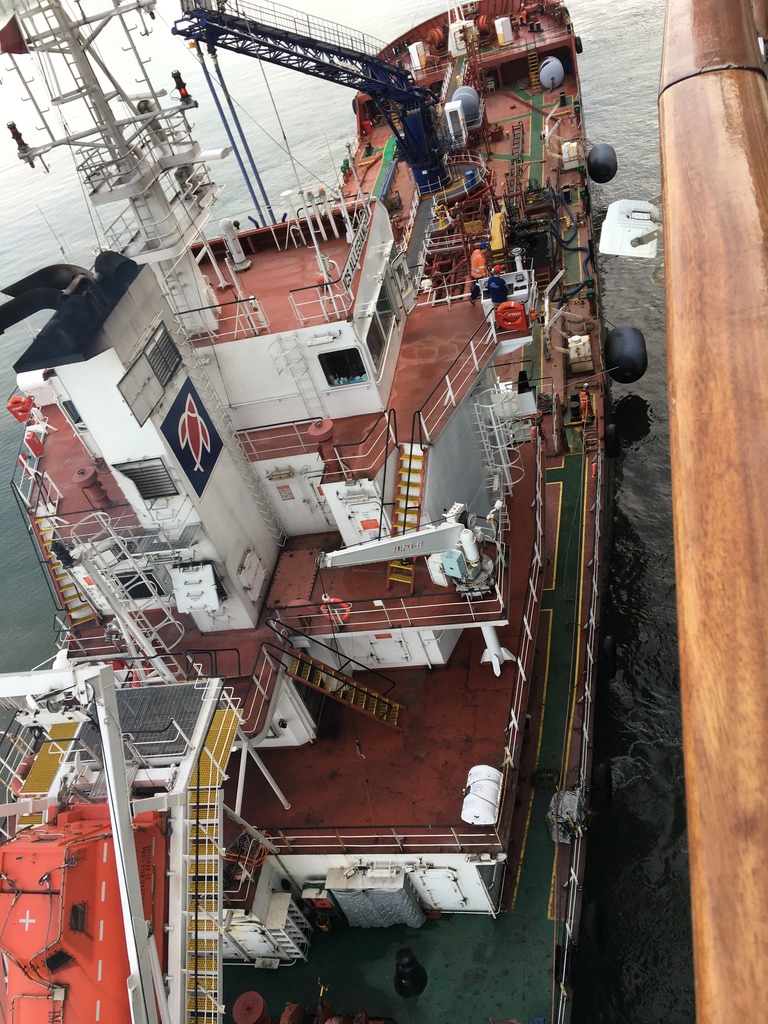
BUYING FUEL
Fuel must come from trustworthy sources. Two-way certificate of analysis – sales company comes up with their own results while Carnival sends samples to another lab to confirm. QM2 has refused to bunker oil if it’s over point one percent. An onshore team – The Fuel Ops Team – sources fuel full-time.
They have more than enough fuel on board at anytime.
GREY WATER (click here: sink, shower, washing machine) is discharged straight into sea. All ships must follow International Maritime Regulations – any where, any harbour, any time. But is that enough? There’s pressure for grey water to be more regulated. Not before time.
Carnival won’t discharge grey water inside territorial waters within 12 nautical miles of land. It could accumulate. They release dirty water only in open sea where there’s no obvious effect and of course, no filtration or treatment.
SEWAGE (black water)
Treated to a much higher standard on board ship than land-based treatment plants resulting in possibly cleaner water, including less microplastics and chemicals, than gray water.
Biological treatment (ballast water also ‘killed’ with biological treatment) is filtered and only a clear liquid is discharged into the open sea. Solid waste resulting from filtering could be sent ashore for disposal or burnt. Water resulting is randomly tested to make sure there’s nothing nasty going overboard.
INCINERATION
There are two incinerators on board. The emissions are not scrubbed because the incinerators work at such high temps – 850 – 900 degrees Celsius. (Note a crematorium burns around 1200). Apparently this heat destroys anything harmful – even heavy metals – and leaves no trace – all fumes well within acceptable limits – following the regulations again. But does it harm the environment?
GARBAGE MANAGEMENT
High focus on segregating – only one bin in cabin – stewards sort rubbish as they remove it – paper, tin, soft/hard plastics/, glass, cans. There’s a recycling centre down below where glass is crushed, hard plastic is shredded, paper is baled up, tin is pressed. First for storage – need for volume reduction in limited space, secondly for the recycling, for example, glass is preferred to be pre-crushed to make it easier for waste vendors on shore.
General waste, like contaminated paper and disposable items like rubber gloves, all gets burnt. Soft plastic is burnt – very high temp gets rid of dioxins and other nasties.
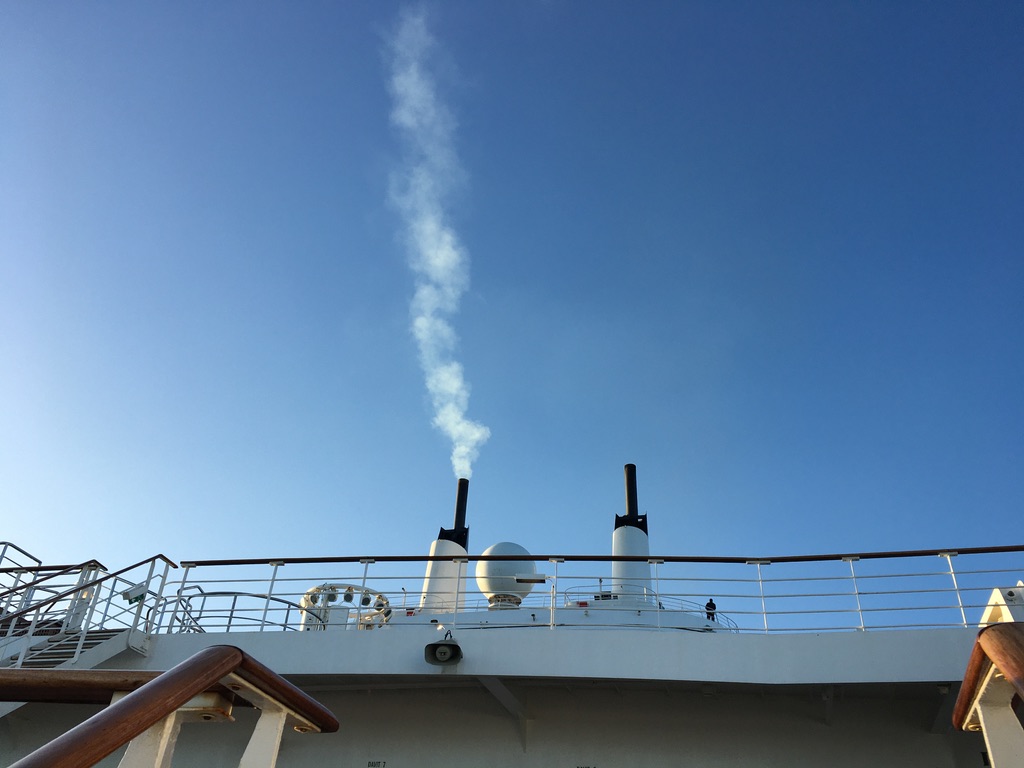
TRAINING
QM2 provides in-service environmental training for their international crew. Many of the crew have never thought of environmental actions and, after working for Carnival, those workers might influence their kids, local governments or even politicians.
Crew trainings begin with ‘Do you have kids? Do you want them to have clean air and water in the future?’ The crew are reminded that it doesn’t matter how many times you go to the gym or fuss about food – if your air is contaminated or your food is grown in contaminated soil – you won’t be able to control your health.
Are financial carrots the answer? If the ship uses less fuel, the crew get a financial bonus at the end of the year. And there’ve been quick results as people want to switch off the lights and turn off the unused freezers. Money is an incentive for everyone and in the end the environment is the winner. Apparently.
An environmental team of four Carnival UK people work full time across all ships – even something as small as stopping the use of plastic straws can make a difference. Cleaner water all around the world as a result of better sewage treatment might be a bigger improvement.
Read more about Carnival’s sustainability goals here.
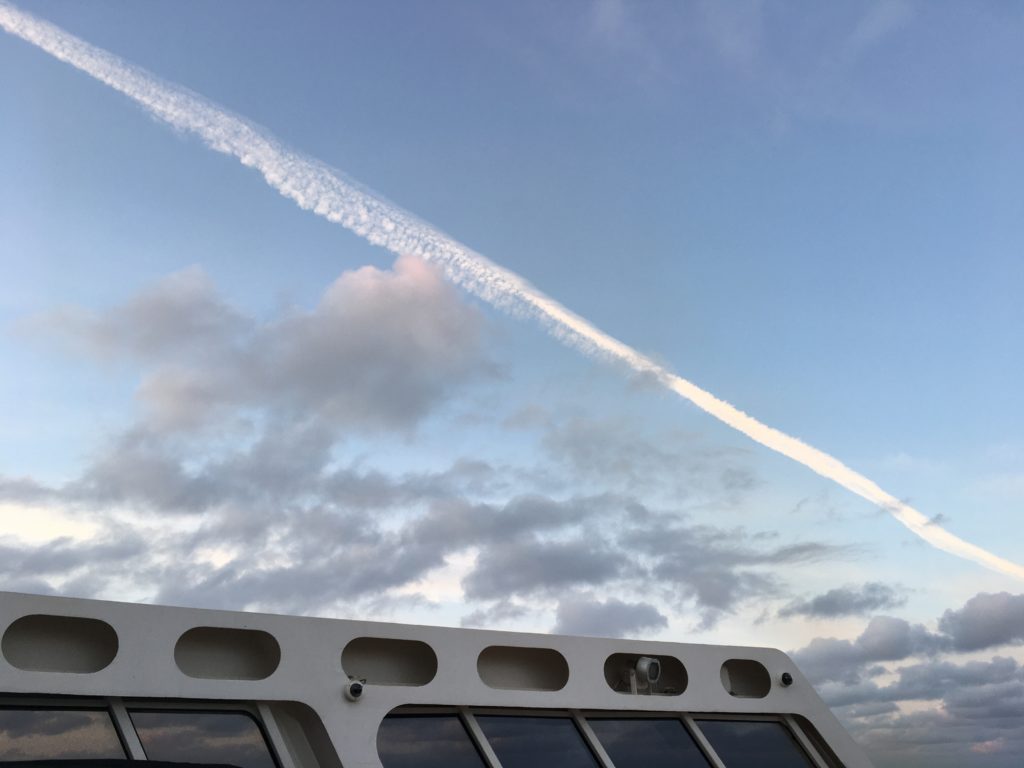
DAY 33 – AT SEA
EQUATOR – King Neptune came on board as divine realm border control. It wasn’t very exciting.
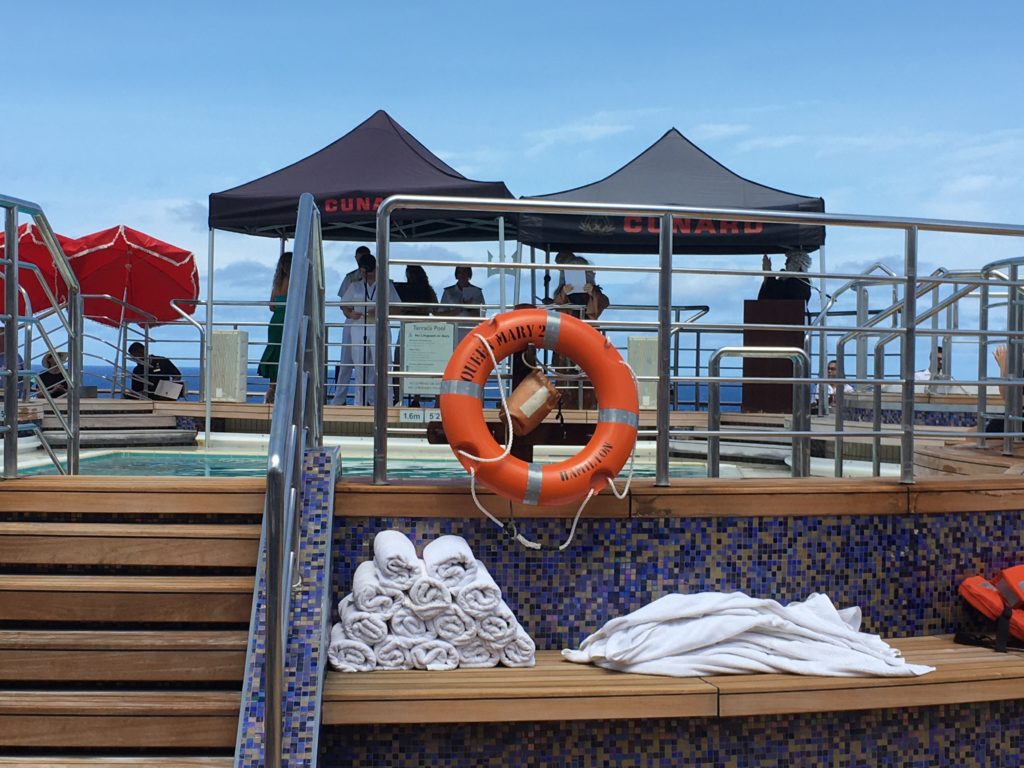
Neptune was not Godly nor Regal nor impressive in any way. A little parade of dressed-up staff awkwardly read doggerel while some team ‘pirate’ sports took place with shy performers sniggering around the edges. First-time equator travellers, (pollywogs) volunteered to have disgusting foodstuffs provided by the chefs – mainly pasta and fish – thrown (gunged) upon them before they climbed into the pool on Deck 8 to get washed down. There were not enough seats for the crowd who wanted to witness this strange, half-baked production. One of my 680dotcom put on a brave face but I’m not sure it was in any way good. The pool had to be closed, emptied, and cleaned as a result.
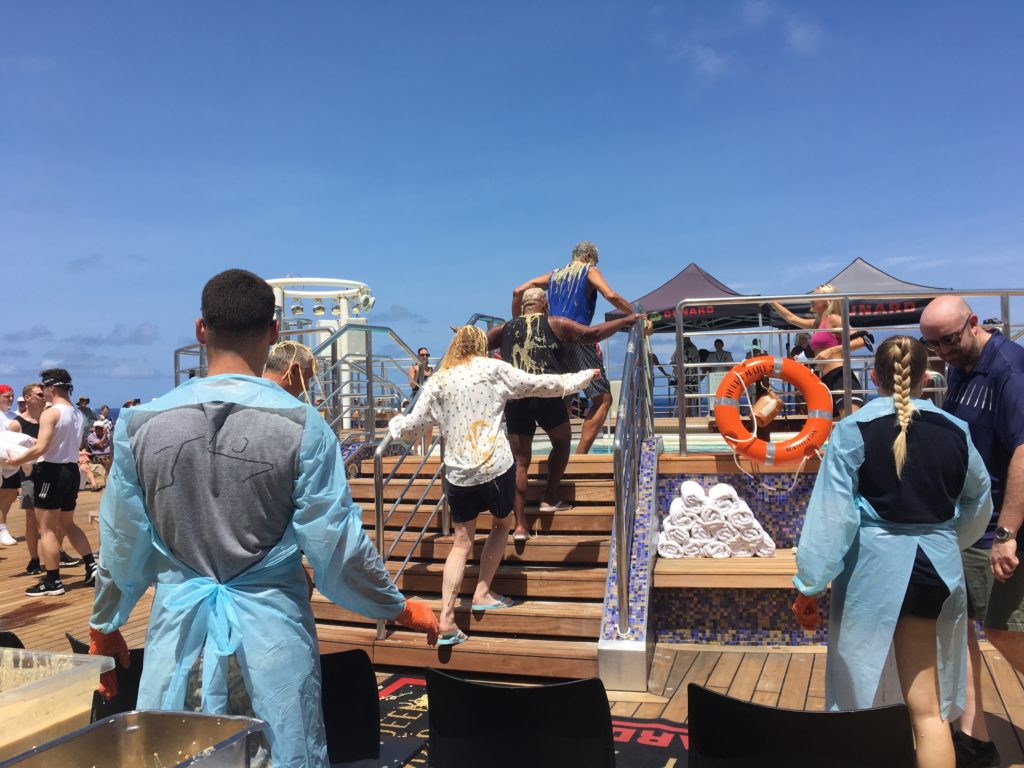
DAY 34 – AT SEA – WORLD ART DAY
Still in the Adriatic with Liberia to starboard and Brazil (a little way off!!) to port. Usual morning activities slightly heightened by mild Art Day celebrations in the watercolour class. Yes, we painted bookmarks to be sold in the fundraising Fair in a few days. The best (or the first hundred?) would be signed by the Captain. Excitement ensued.
Attended enriching talk about seabed techtonic plates and mountains. An approachable introduction to continental drift. The poor scientist, Alfred Wegnener, who came up with the theory was rubbished for it in 1915 and it took 50 years to prove him right. Now he’s got a school of geography named after him.
Cinema gave a filmed ‘As You Like It’ by the RSC because the touring group were on board. Directed by Kimberly Sykes, it was fast paced and funny with splendid ensemble performances. As usual, I wished the camera angles had been locked off – zooming and reframing to suit cinematic tastes do nothing to enhance stage presentation of voice and attitudes.
Dinner ended with us all pressed against the windows looking out at the water. Andrew had sighted ‘Green stuff!’ What could it be? Chunks of bright green blobs floated haphazardly in and out of view. Was it some disgusting discharge from the ship? Some horrid pollution from a vile factory? Some dumped rubbish? Or could it be entirely natural? We trooped up on deck, mobilised, and excited by the mystery. Finally, we agreed, it must be a seaweed. There was too much of it and too far away for it to be caused by us!
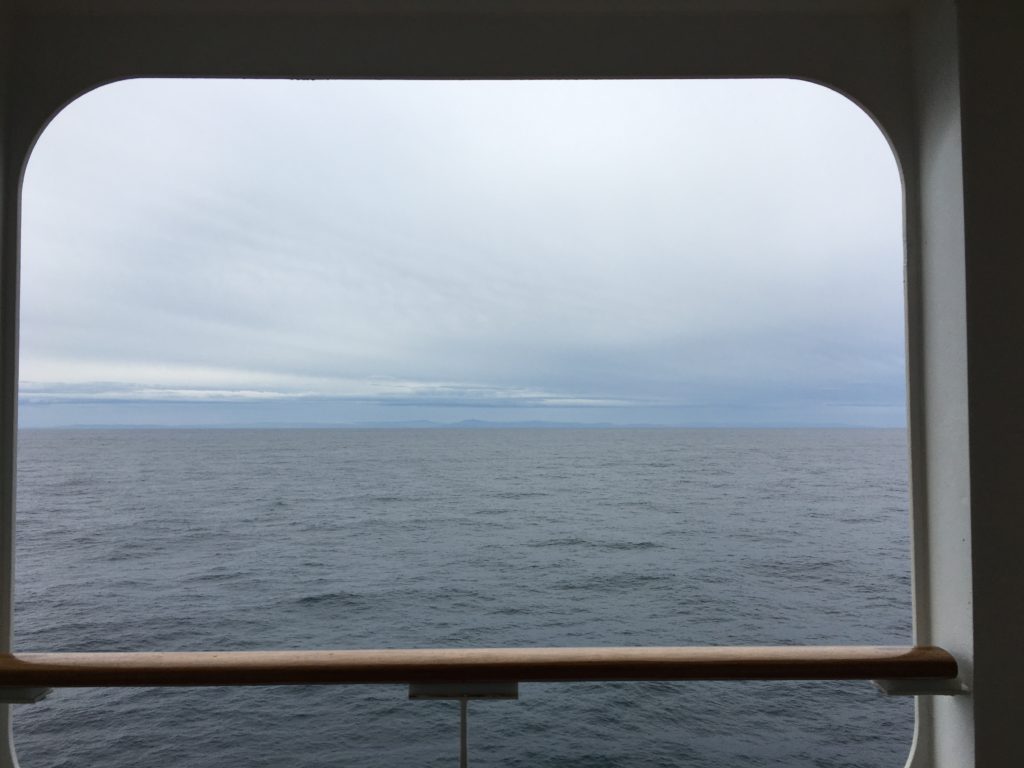
DAY 35 – AT SEA
Near Sierra Leone, Guinea and Guinea Bissou, we’re headed around West Africa – turned the corner if you like. Or gone round the bend. One week to go. Hard to imagine re-entry into real life. Whatever that means!
The Country Fayre (Or Sea Fair): Action and excitement in the Ballroom as staff and volunteer guests prepared games and stalls for the throngs to play skittles, buy art work (so many bookmarks!), second-hand ballgowns and the medical team explained first aid and emergency care on board. They seemed very capable. I arrived just at closing, enjoyed a one minute massage and played Live Fruit Machine, where three staff members sat in separate booths with a bowl of fruit. On a signal given by their whistling attendant, the three lifted their choice of fruit in unison. Obviously, if all three chose an apple, prizes were on offer. I was faced with an orange, a kiwi and an apple. De dah.
And guess what I found on the way out? I found the ENGINEER’S display as they were packing up. No time for piercing questions. Grrrrr.
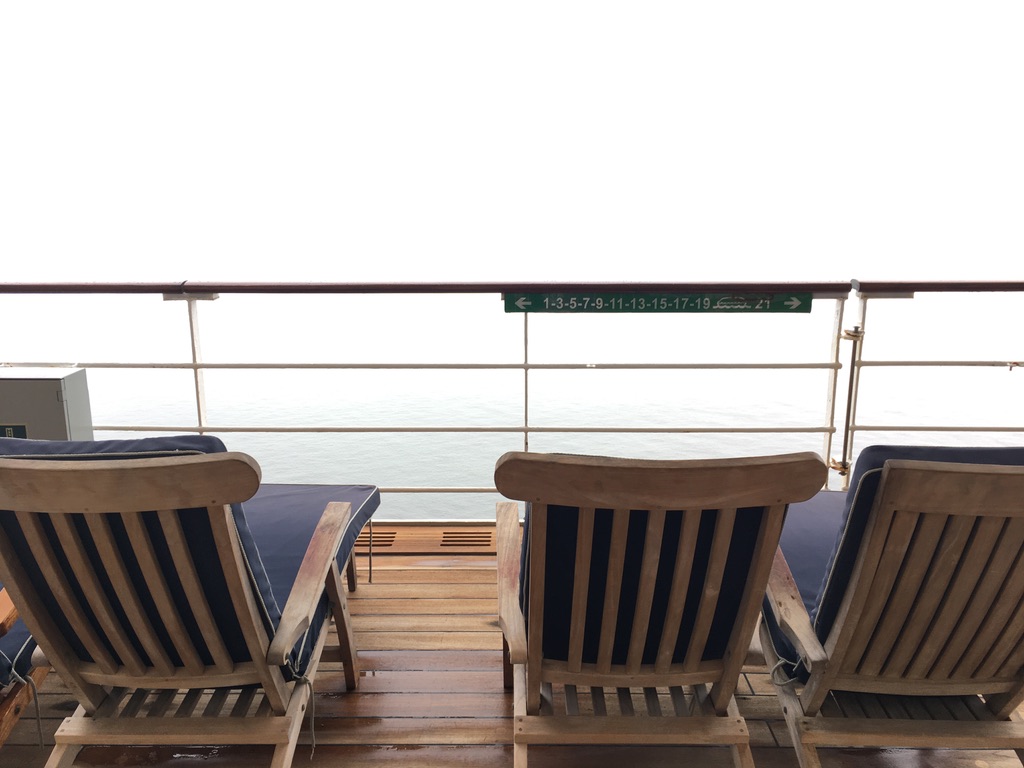
DAY 36 – AT SEA
Usual day, topped by Enriching Informative Talk given by the designer of the QM2, Stephen Payne. A nautical architect, he presented a well-worn speech beginning with his early childhood Blue Peter experience. A personal connection that drove the narrative of his address in a heartfelt manner.
QM2 evolved in our minds as his life’s work. She is the Only Ocean Liner at work today on the world’s oceans. The best ship ever. Unless, he quipped, someone in the (captive) audience has two billion handy and he’ll make another even better.
My heart sank when he said the four pods were equivalent to four jumbo jet engines. One jet has four engines. Jumbos can carry 366 passengers. Let’s say 8 jumbo jets to carry 3000 people from Sydney to Southhampton in, say, 24 hours – ish. (Interestingly, during the airport strikes in the UK, I took the Eurostar from London to Paris and asked how many passengers they usually carried. The staff member I spoke to said between 650 and 800 people – approximately double the amount on a plane. So that has to be less emissions per person.)
SIDE NOTE: Hearsay from a Chinook pilot. It takes one ton of av gas to get a Chinook helicopter (flown by British airforce) into the air. Then it takes a ton of av gas to fly one mile. It makes sense that a ship is lifted up by the water upon which it travels, while a plane has to blast off before it is cruising.
Check out interesting infographic here.
I don’t know. YOU do the math. If a vehicle stays on the ground it will use less fuel. That much we know.
We passed between the cape Verde Islands to port and the coast of Senegal (capital city Dakar) and Mauritania to starboard, the Westernmost point of continental Africa. Then, altering course past Cap Blanc, only around 20 nautical miles to starboard.
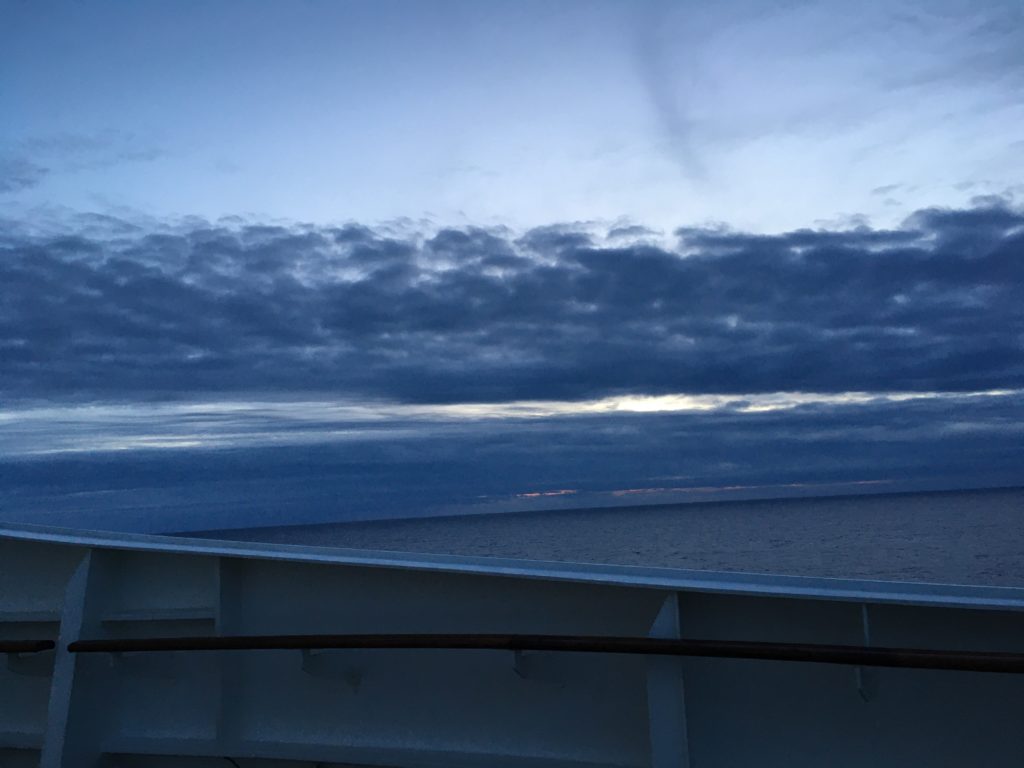
DAY 37 – AT SEA
Dolphins rolling through the waves – I watched them as I cleaned my teeth. At least a dozen, curving lazy through the unctuous waters. No rush. Such a contrast to the ebullience of the wild splashing NZ crowd seen from the train near Kaikura!
Stephen Payne OBE, the QM2 designer, enriched us with a talk about airships, another of his passions. Once again, the magic of hydrogen power is seen as our saviour. New airships recently developed seem incongruous at best. How can they possibly be economic or sustainable? Although he described clearly power needed to lift balloons and the shape of the craft and their purpose, I did not understand what caused their direction shifts. Surely to alter the course of such a vehicle would take energy? Where does that come from, then?
Sat through the credits of ‘Wakanda Forever’ in awe of the amount of CGI and VFX firms from around the world involved. After ‘The Woman King’, another solid empowerment film, I think Wakanda advocates for nobility and peace, but I can’t be sure due to the amount of spectacular fight scenes. Lots. I mean, LOTS. I did wonder what James Cameron thought of the Blue Warriors? They weren’t really blue – more pale and watery. And scary. Nice origin stories and an heir to the throne to take the pressure of the Princess. Interested to see what will happen next. Their work is done.
Also, as we in the QM2 go further North into the Atlantic Sea (where they’re apparently searching for vibranium) there is a bit more movement from our ship. Looking forward to some land.
DAY 38 – MY BIRTHDAY IN TENERIFE! (which, as I write, is under threat of wildfire)
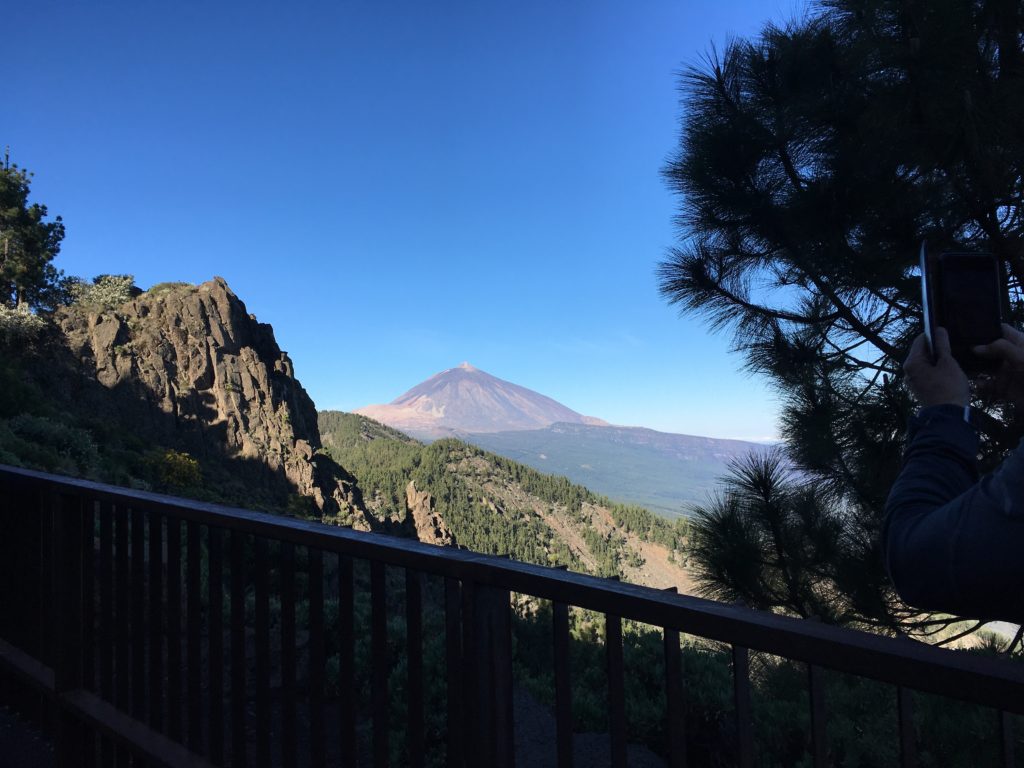
Long bus ride up to the base of Mount Teide, the feature volcano in a ring of them around a caldera (geographical cauldron or bowl). Mount Teide is 7,300m above sea level and is the third largest volcanic mountain in the world. Bar the two in Hawaii.
We were amazed by the dramatic arid outcrops reaching up to the iridescent blue skies over us. This extreme environment is home to a large Astro-physics observatory and science hub. Brian May (scientist and guitarist) wants his ashes there. The landscape, standing in for the wild west, alien landscapes and fast roads, plays host to many ads and films. Rachel Welsh filmed 1,000,000 years BC, while some of you may have seen The Clash of the Titans and there’s a recent Amazon blockbuster to look forward to.
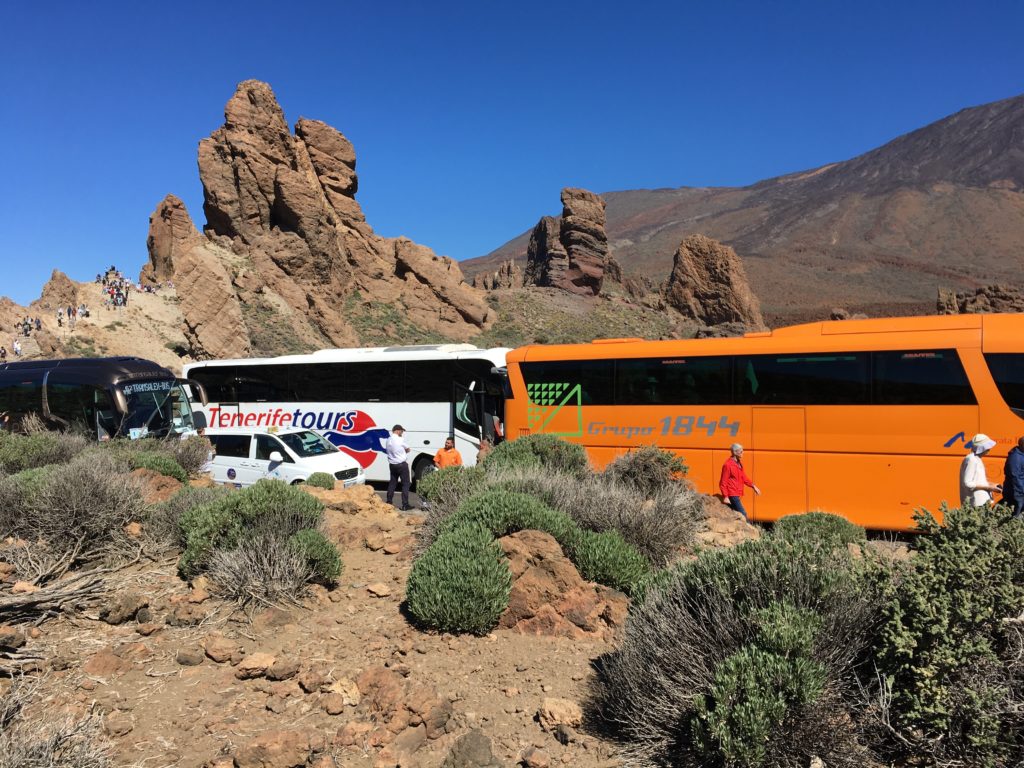
A loud American lady took our guide to task for only giving us twenty minutes to see the dramatic lava film location sites while we were parked in by two other buses. What was the rush? She was quite right, we could have had more free time to galumph in the bumpy laval terrain but the driver was trying to work to a timetable. Could he have predicated the amount of buses surrounding us? How often does the QM2 come up the hill?

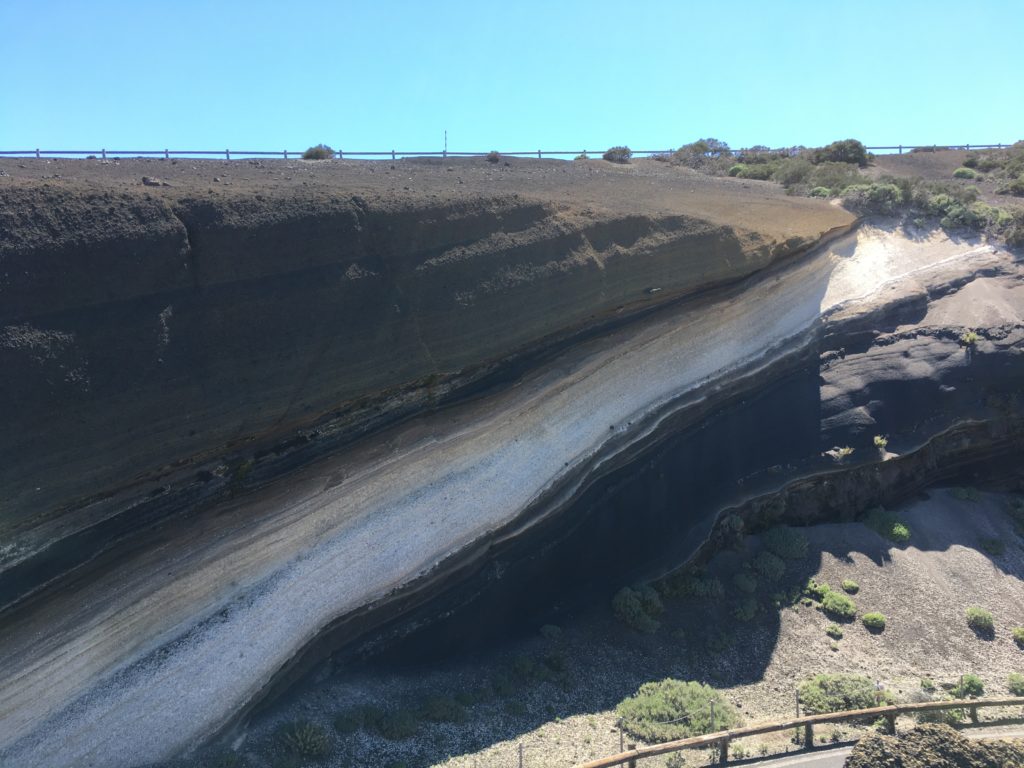
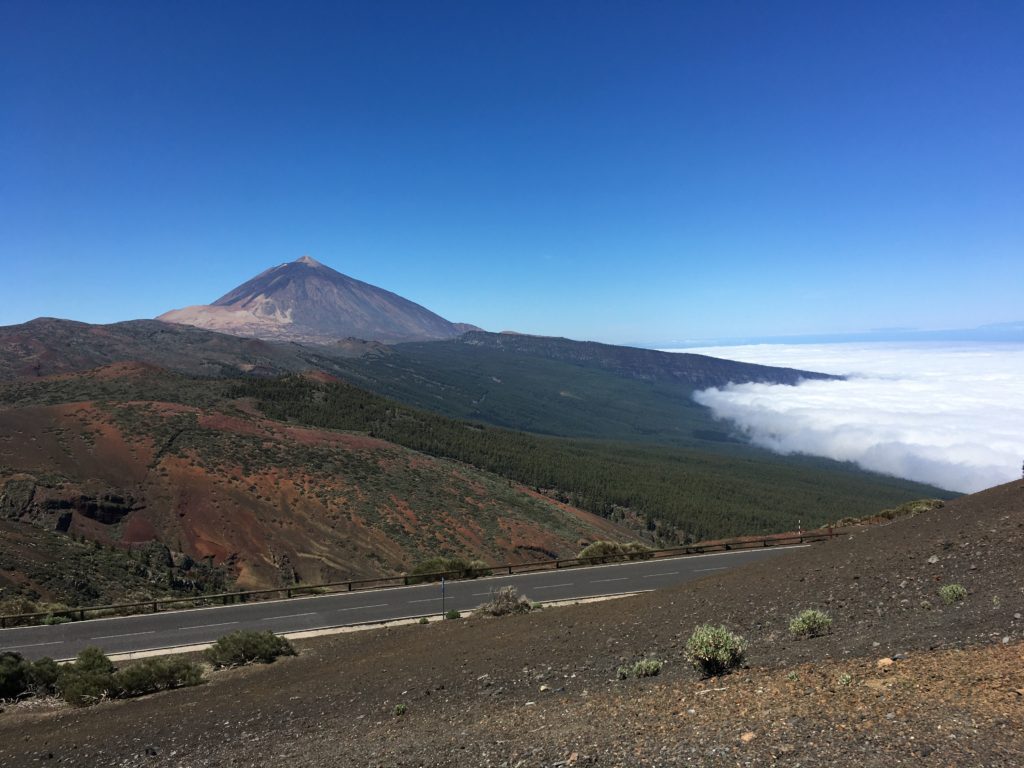
On the way up we stopped at Bambi Café, (totally suitable name, don’t you think?) and on the way down we were released from the bus to gaze upon ‘La Torta’, a mini-flysh, an uprising of geological layer cake.
Drove back down the mountain through pine forests reminiscent of the those around Rocio in Andalucia. Winding roads gliding down from the pristine clear oxygen less air, looking down on the carpet of clouds, and down through the misty clouds themselves and down to the city scape hugging the coast and then into the roads and buildings of the city.
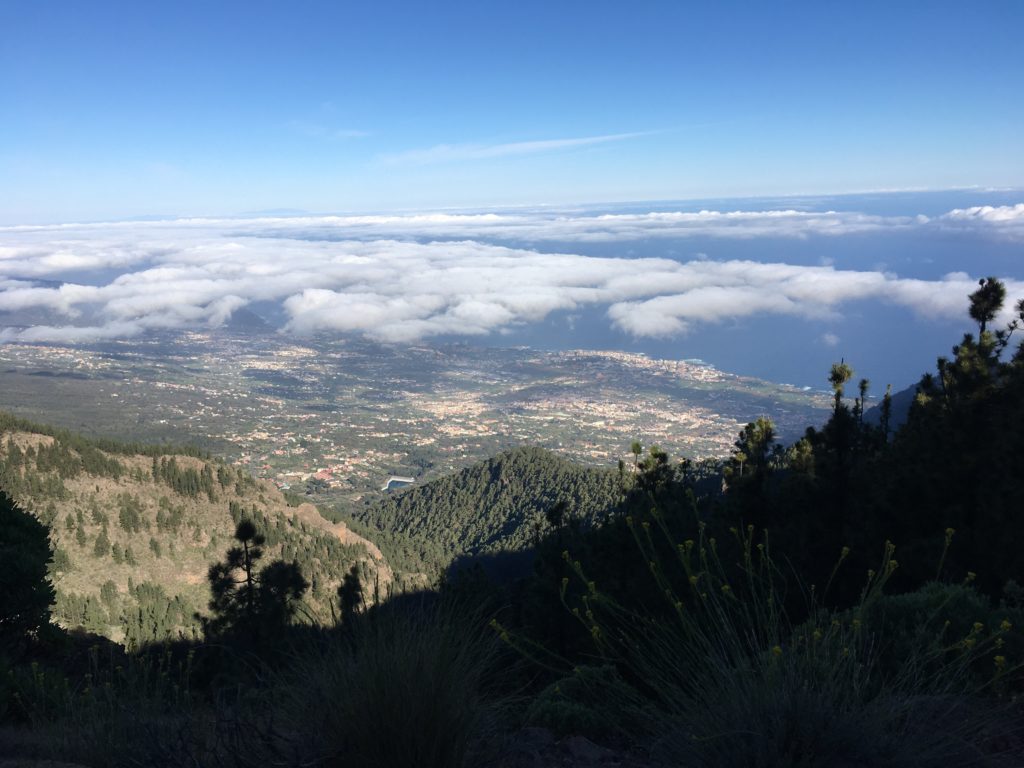
The centre of town was very like the traffic free areas of Sevilla. I felt right at home, walking across the bridge and straight into the Correos. Posted a handful of postie cards and had my usual charming chatter with kind staff. Found tourist info in a graceful old castle. I wish I’d examined that building more closely but I was hungry. My sister had kindly given me some euros for birthday lunch and snack purchasing but I was interested in exchanging my rand/rupees. I was directed to a Rock and Roll Tee Shirt Shop that would have happily taken my American dollars but that was as foreign as the currency was allowed.

I was very happy strolling around the food department at Corte d’Inglis. I used to live next to this department store in the middle of Oveido – there’s at least one in every Spanish city – and they sell exactly the same stuff.
On return to QM2 the Captain’s report included reassuring remarks about the light smoke discovered in the Princess Grill area. The fault had been isolated and the first response teams could stand down. The ship’s company was also allowed to stand down. The guests who had been dining in the Grill were evacuated so I suppose they had been lightly smoked as well.
I received a large birthday card from Cunard. If there are 2,100 passengers plus 1500 staff aboard on this day (we have been shrinking in number since Sydney), one twelfth of that is about 2,225 so there could be at least seventy people sharing my birthday. I was worried Richard, the caring Head Waiter would come at me with concern about lack of vegan cake but he didn’t.
I suppose the food has to have economy of scale but considering the cost of the meat/fish plates, you’d think a vegan spread could be quite easy to get right. Tonight there was quite a nice cucumber/radish/endamame salad: 4 strips of cuc, 3 bits of beet garnished with 3 beans. Then, a mushroom stroganoff, clearly mushroom soup with rough bits on the shrooms and nothing else. Luckily there was some rice. No leaf, no sprinkle, just lumpy soup. HOWEVER, there was a pleasant vanilla slice. Glad I found a jolly pasta place for lunch in Tenerife!
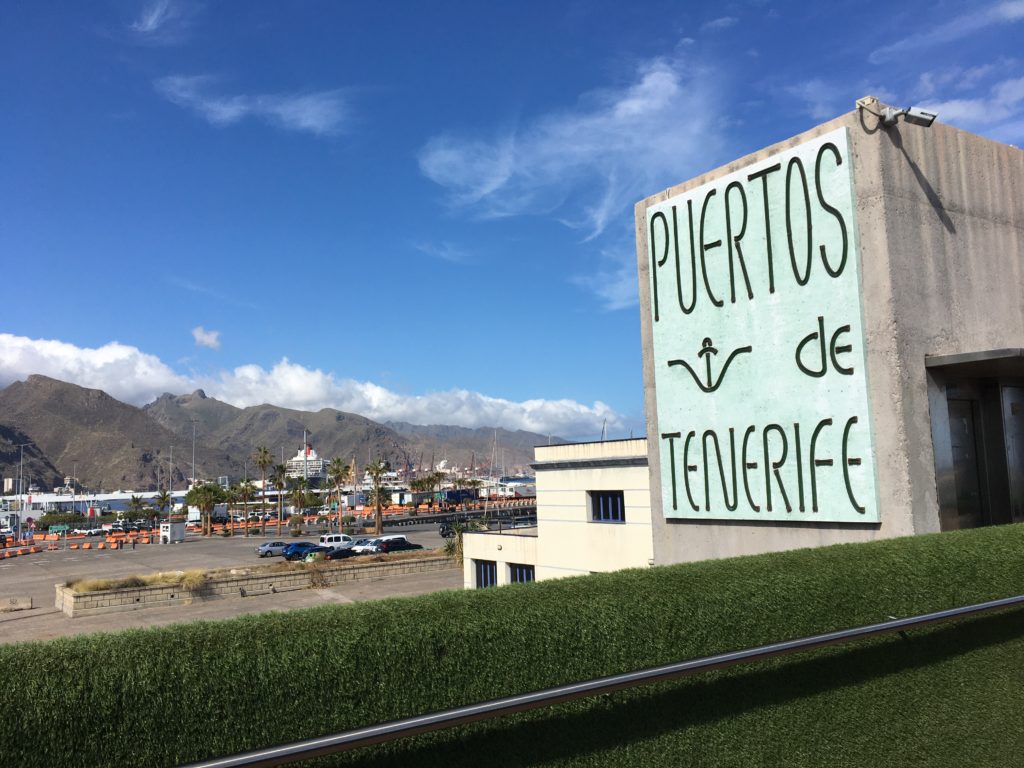
DAY 39 – AT SEA
Near Madeira and Portugal.
I’ve visited the most Westerly point of the Iberian Peninsula on foot and now I could see it from the sea. Another brilliantly sunny day – the Captain reported it would be our last. Also, at sunrise, a lattice of contrails became apparent. Constant stripes across the sky all day.
I was really looking forward to speaking to my son Felix for his birthday. Trying to calculate the best time. 22:30 would be either his 07:30 or 08:30 depending on the ship’s variable time. Either would be within reason, unless he’d had a heavy night before …
I took the opportunity to indulge in a birthday massage. My lovely Melbourne friends had gifted me some cash before I left, exhorting me to spend it on something I would not normally buy. So a Wellness-Centre Massage in an ocean liner seemed to fit that bill. The masseuse told me she was on duty from 07:30 to 21:30 with one hour off for lunch and another for dinner. She will have three months off beginning in July. She says she spends the first three weeks trying to sleep but her sons don’t let her. I met my steward Roy afterwards and asked about his holiday rota. He told me he will have to undergo further training during his three months off back home in the Philippines. So not all R&R.
Although my masseuse was very kind she was also a strong salesperson and tried very hard to upsell me from the basic US$125 but I thought that was enough use of the Frag money at this stage. I’m still looking for the other half of their gift. So generous of them. Grazie mille, Gals!
The masseuse came from Bali. Her two sons were at home with dad. Both her parents died of Covid. I didn’t ask about her husband’s parents. Too sad. A sombre heart note to the proceedings.
For the rest of the birthday I planned more work on my project, dinner, perhaps jazz in the Chart Room that has no charts and, exceptional, stargazing. There was an astronomer on board!
I went down to the purser’s office to talk to Solomon who had initially suggested I bring my devices and chargers down and he’d set me up with ship’s internet access. Although there are people working remotely using daily internet as a matter of course, I considered it a luxury, tantamount to an expensive massage, though I’m sure it was cheaper than that. But when he heard my birthday story, Solomon picked up the purser’s phone and dialed right through to Australia. So I stood at the purser’s desk and sang ‘Happy Birthday’ to my son Felix in the Grand Lobby.
I popped up to stargaze and found the Southern Cross absent. Slight pause while a volunteer went to ask the officers if they could turn off the bright lighting around Deck 13. The astronomer and his wife made an informative team as a small crowd in evening dress clustered around the official ship’s telescope. Venus was burning bright. Apparently, a few weeks ago we were in opposition to Mars. I’m not sure how that worked. Would Mars have been in transit across the sun? Another missed rare phenomenon.
It was very strange being up late at night surrounded by the legs of dinner suits and swirls of ball gown skirts around me. I was looking up at them. I was just wearing warm clothes and a beanie so decided to sit down and lean back on my hands to see the stars without breaking my neck. Another moment of perspective.
On this night, one hundred years ago, the first Cunard Ocean Liner, RMS Laconia, completed a World Voyage.
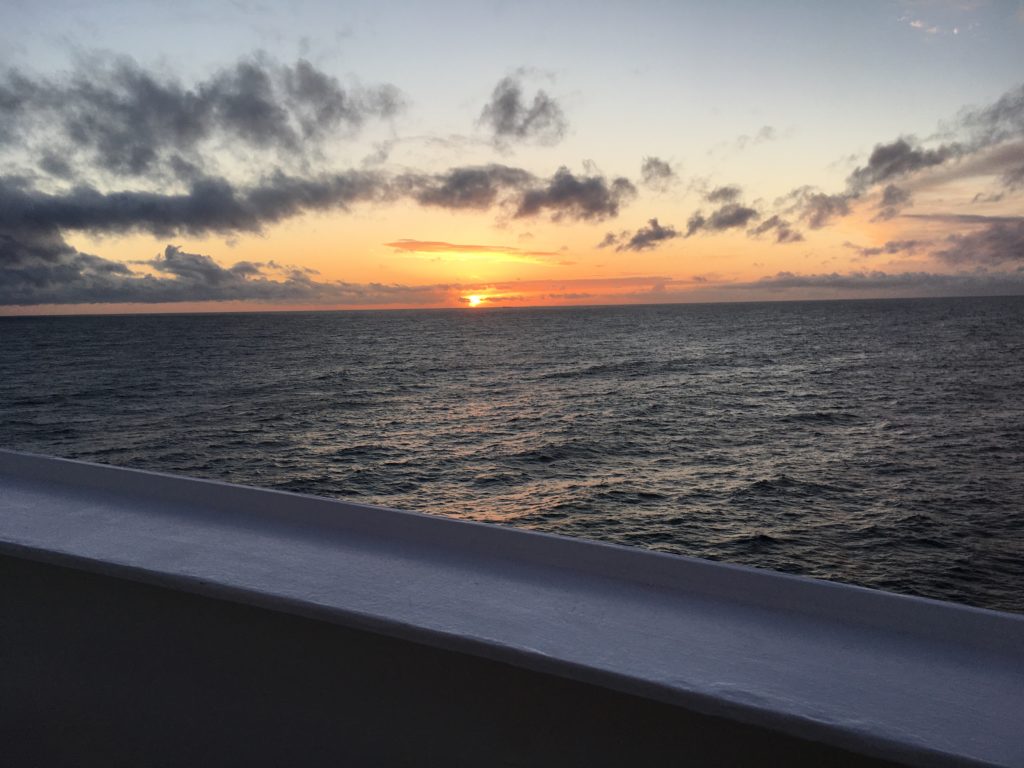
DAY 40 – AT SEA
Still Felix’s birthday all day. Not sure the internet was working as I attempted further communication but I’d sent physical things – hopefully he will feel I’d made connections.
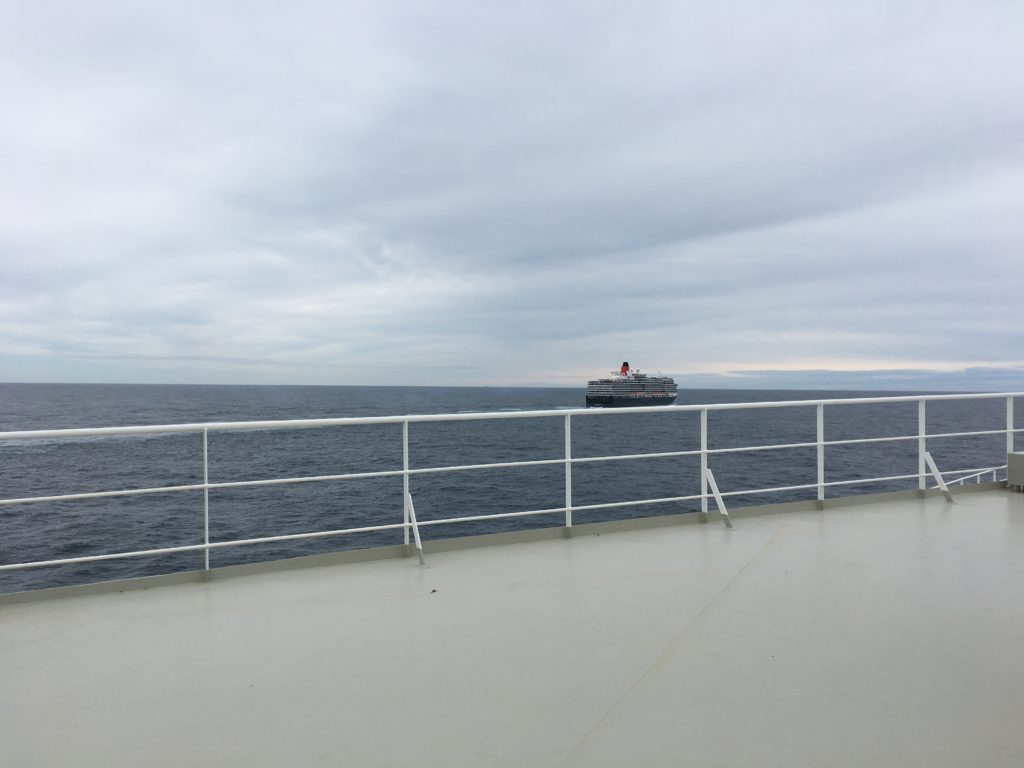
The Queen Mary 2 passed the Queen Victoria today. We were just past Finisterre. The captain and crew got overexcited. As my sister said, ‘Boys toys.’ We were romping along at 23 knots while Queen Vic dragged along at 16. The ship’s company lined up to give three hearty cheers (we weren’t organised to do that) and both Queens made noises of different tones. There was a great parping of horns – they call them whistles. I was leaning on the handrail at the prow – or as close to the bow as we can get by the waterbreak – and the sound of the whistles went right into my skeleton. My chest shook with the vibrations. Even though I’d stuffed my ears with screwed up tissues it was still bloody loud.
Mind you, directly after the tooting and waving, QM2 slowed down considerably as we entered the major shipping channels leading to the UK.
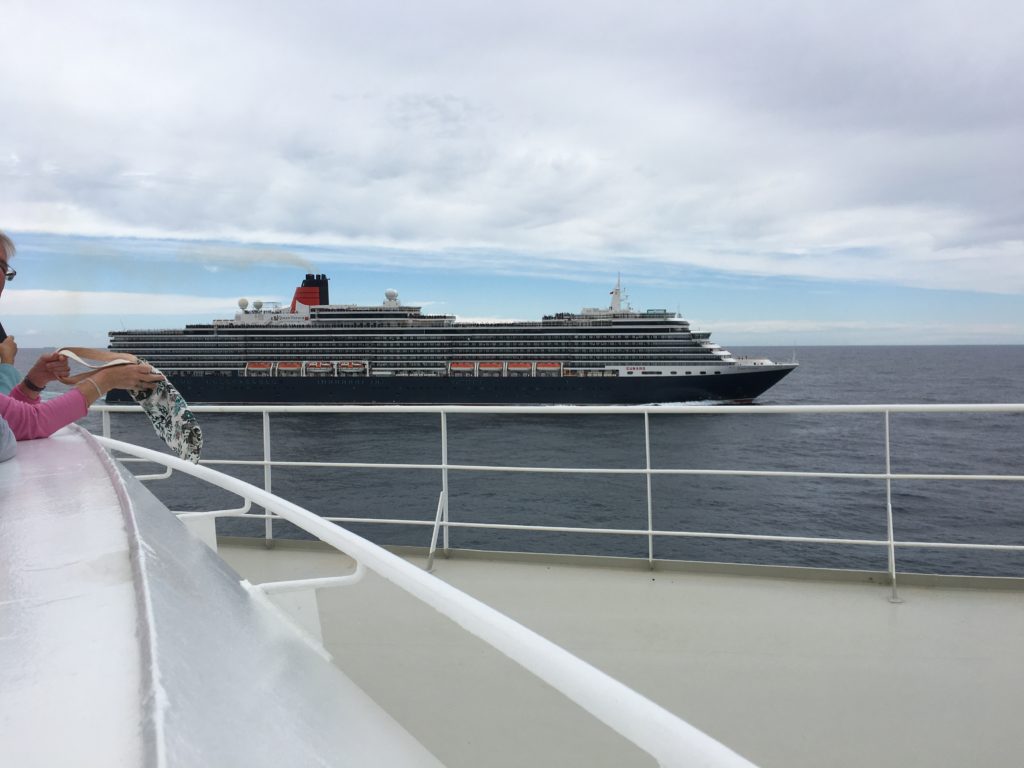
Day 41 – ENGLISH CHANNEL
When I walked into the nippy weather, heading towards breakfast, I saw a swallow flipping and zipping around the stern of the ship. Out over the pool and surrounds it cavorted, then into the covered walkway by deck 7. I followed but too slowly to see where it went. Later I thought I saw it again by the pool but perhaps I imagined it.
The pools were drained. There was not much point in putting out the sun loungers. I did see one lady, wrapped up in towels like a mummy, watching the horizon from one of the big wooden chairs.
I put the final stitch into my sea tapestry – only ever sewn on board ships. And I finished my last library book to deliver to the library fifteen minutes late.
Although I had paid the automatic gratuities Cunard garnishes from their guests shipboard account, I presented super waiters Arnold and Chester with their cards (boy, would they be happy with my amateur water colour efforts – perhaps appeased by useful though small UK note attached). Richard accepted his gratefully, and later remarked the painting must have taken some time which was pleasant validation. Steward Roy also appeared to like his card. I had previously discovered the Pursers Desk provided report cards where you could commend staff for their excellence. I set about reporting my valuable helpers’ exemplary work in the hope they would get some kind of bonus. I believe it had something to do with badges but hoped it was a pay rise.
Early arrival in Southhampton expected at 10pm due to a technical issue. Apparently there was a problem on board – one assumes it might have had something to do with the light smoke in the airconditioning system that caused the Princess Grill to be evacuated – and the Captain felt it better to get to port ASAP.
The farewells were not all one way. Anne gave me the cutest little elephant. She had found some yarn in her wardrobe and, being a potter, painter and crochet artist, set about making everyone presents. It is a treasure. Her Ode to Table 680 was warmly received at the last committee meeting. She is a brilliant soul.
For the last dinner Cunard Tradition demands The Parade of the Chefs. Someone made a speech introducing the luminaries of the kitchen but the speakers were broken upstairs so only the downstairs centre of the Great Hall could hear. But we all applauded and waved our table napkins with gusto as the white uniforms marched past – we had the final revolving door so saw them all disappear back work. It seemed suitable for our 680 committee to applaud Chester and Arnold and our sommelier (I don’t drink wine so I’m not sure of his name) personally.
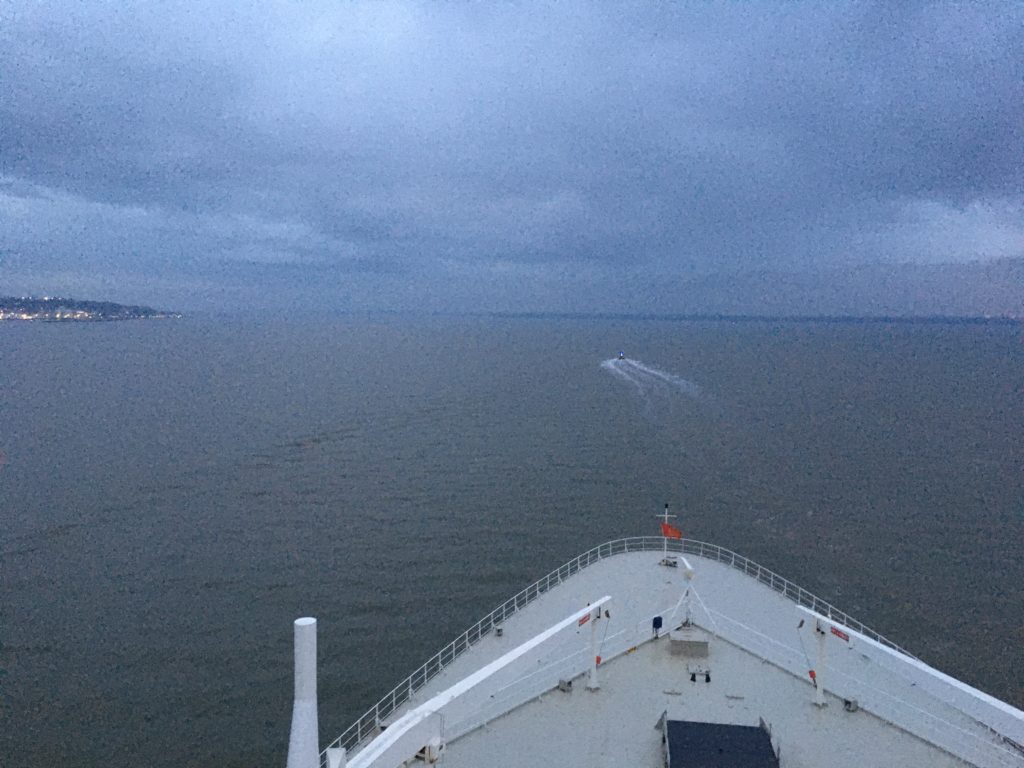
Stood for a good hour and a half on the observation deck watching as we came through the Solent and into port. Dressed warmly with rain poncho acting as windbreaker. Man next to me on the phone, spoke with his son on shore, who was sending photos of the approaching ship from the outside looking in. My fellow passenger was excited, after three and a half months away, to see his 4-year-old grandson. The family chattered together on the mobile and then they could see the light of each other’s torches and then they were all talking and the 4-year-old was thrilled and they would see each other first thing tomorrow! Bye bye!
Suitcases lined the hallways and sweaty workers piled them onto trolleys filling up quickly by the lift wells.

Intensely grateful to have booked a large table so I didn’t have to spend 41 nights reading a book whilst munching. There’s nothing wrong with reading a book and eating but I did that at breakfast and lunchtime and variety is the spice and so forth. Lucky escape! Thanks, table 680!
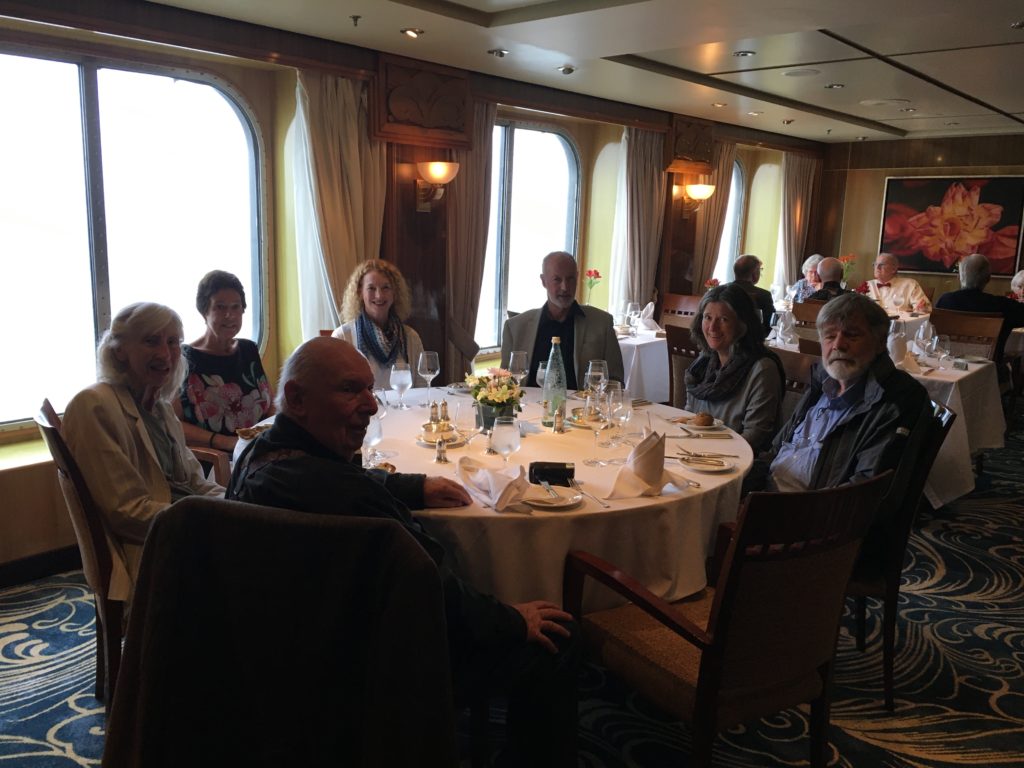
DAY 42 – DISEMBARK
Normal routine finished – obviously. Had quick brekkie and Watching the booze, fruit and veg deliveries for QM2 pile up on the dock. The ship had to be repaired and then head to NY the next morning. More and more deliveries arrived.
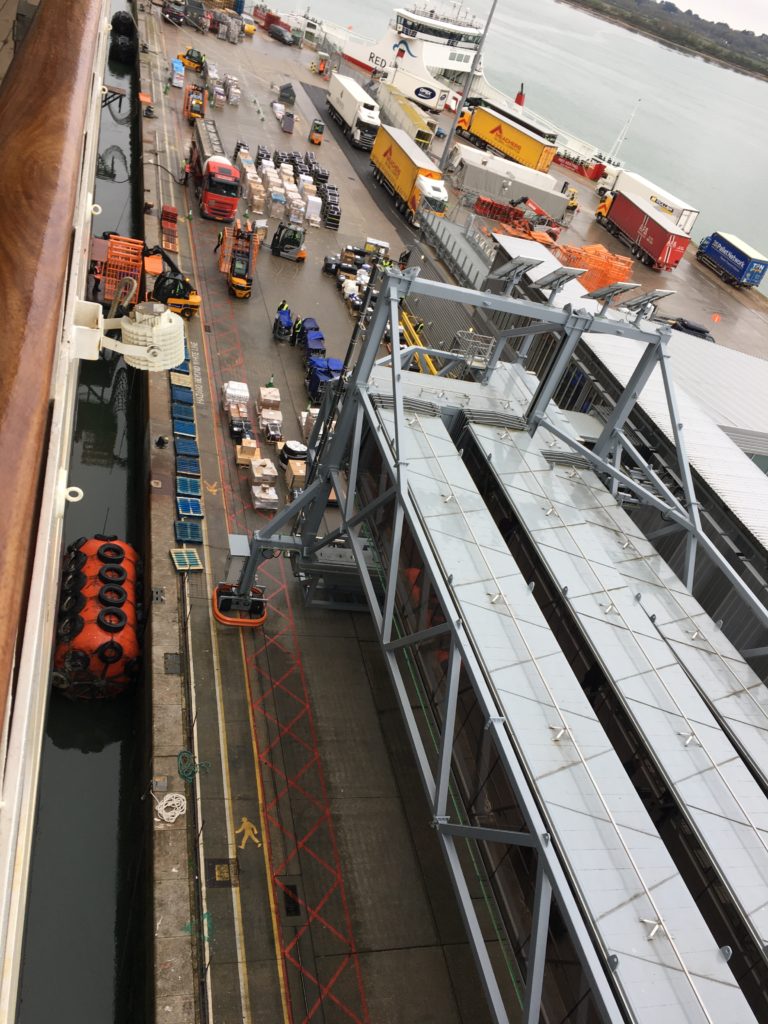
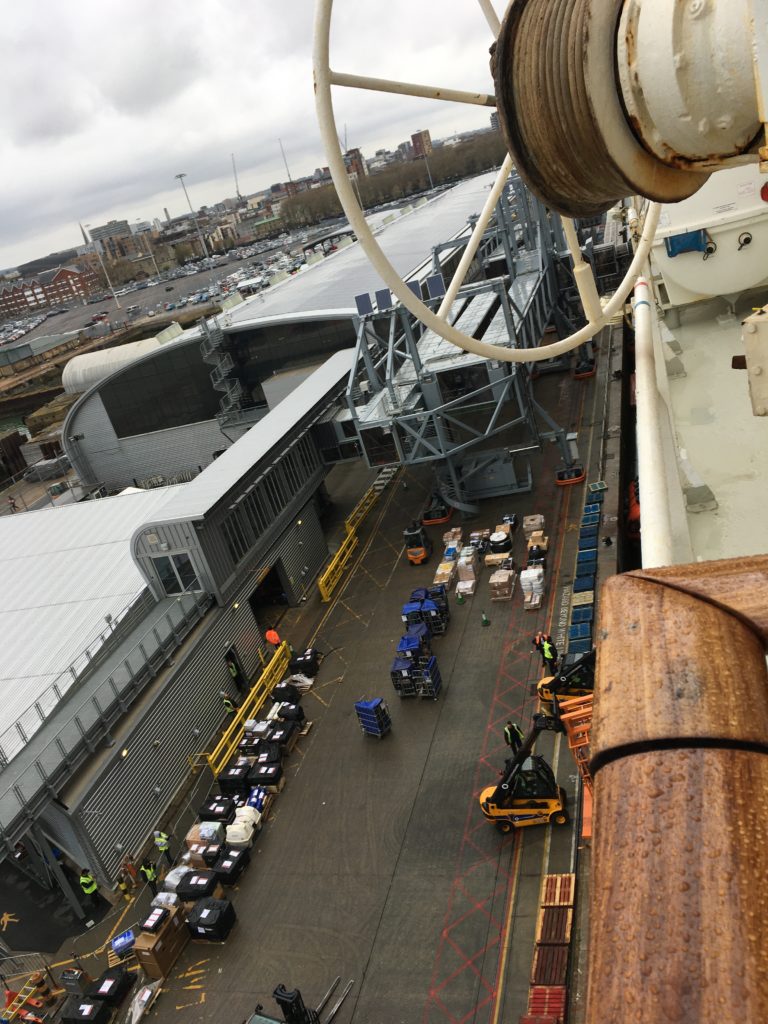
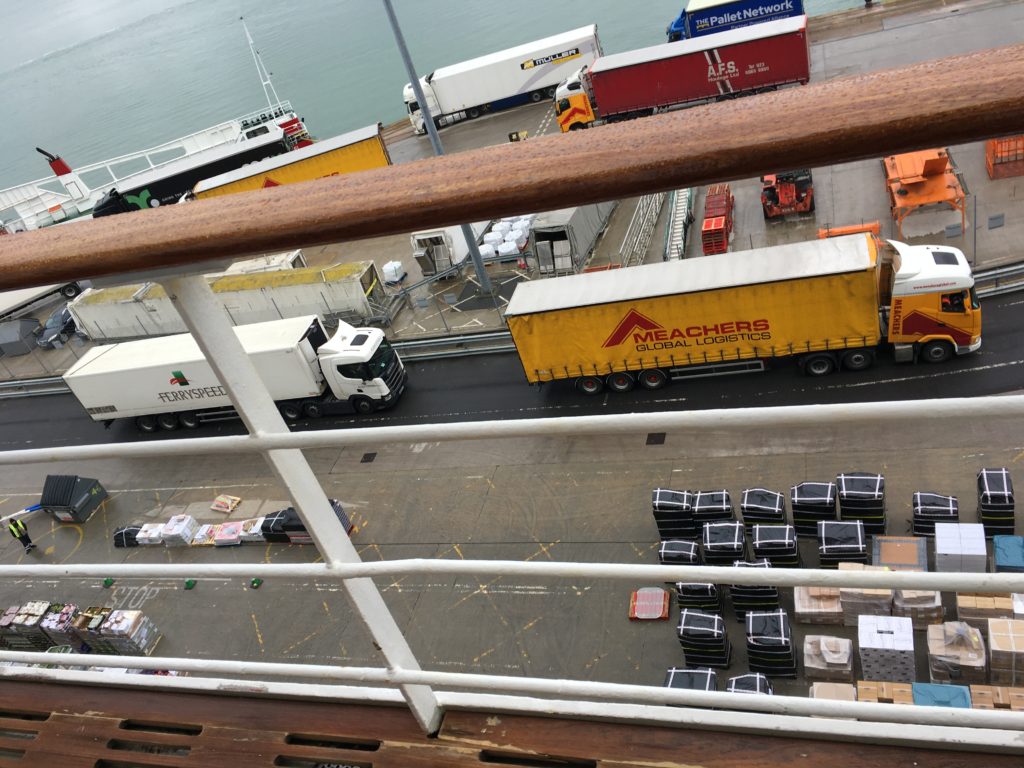
I took my pack and went to find my tablemates clustered in the Grand lobby. We’d been given a staggered time to leave but decided we would stagger out in our own sweet time. Following the tide of ‘guests’ I arrived in a cavernous luggage hall arranged in a colour-coded grid. This is where the extraordinary amount of matching expensive luggage simply took my breath away. People had brought a fantastic amount of suitcases. I found my little one-way roller and, together with my two packs, front and back, marched away from my QM2 home of six weeks and out into Southhampton streets. There were the ancient city walls. Here was a blue plaque stating Jane Austen used to live here. And my little modern hotel right next to the Carnival building.
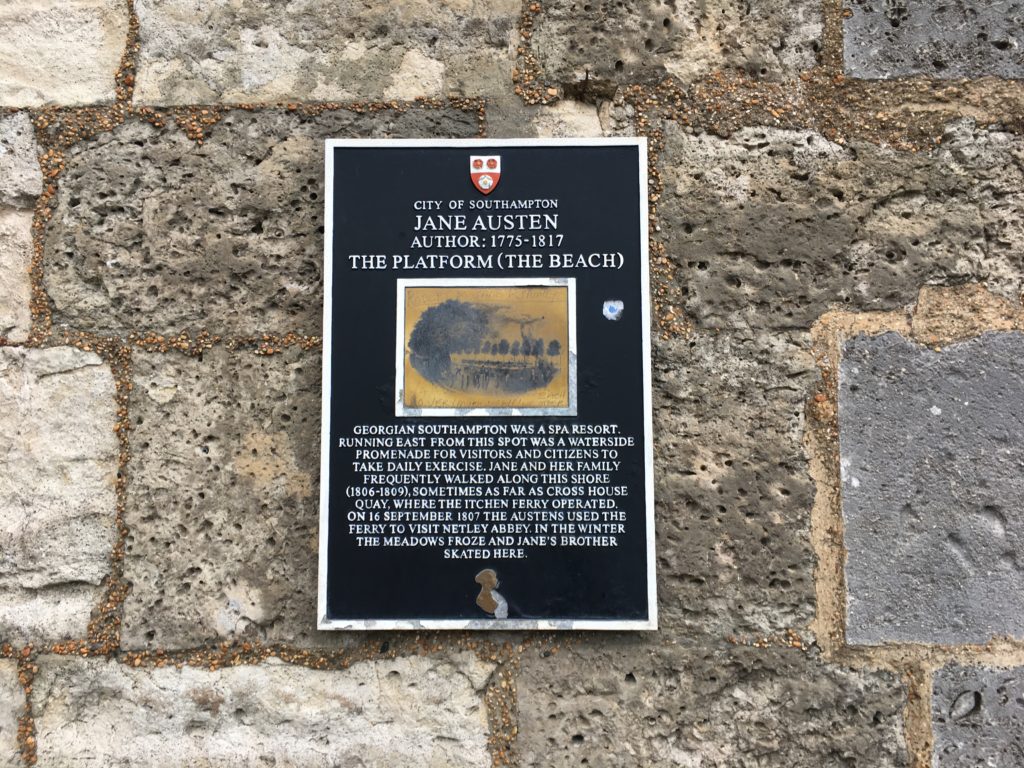
I stood in the queue, expecting to store my bag until my room was ready, and listened to the woes of the people in front of me. Here were QM2 ‘guests’ who had just been notified the ship’s technical problems had proved insurmountable and their ocean cruise to NY would not proceed. The hotel staff told me they had many customers trying to extend their stay as a result. I thought of all those NY Round-the-World ‘guests’ who would have to find their own way home after four months at sea. They would miss that final dramatic flourish of sailing into NY at dawn.
I thought of the pallets of fresh fruit and veg that would not be going to NY – I suppose they would be redistributed to the rest of the fleet? I hoped the staff’s jobs would be safe. I assume Carnival have a system to protect jobs in the event of a distruption to sailing?
Further away, in the Honiton train station waiting room the next day, while waiting for my WorkAway chum, I befriended a couple who had tickets to NY on the QM2. They were enquiring about tickets to Gatwick. They were really annoyed, not necessarily because their cruise was cancelled, but because Carnival had also cancelled the accompanying flights home. Everything to do with the cruise would be reimbursed. However, the flights had been booked months in advance at a suitably economical price. Now, at the last minute, this couple were looking at three times the original price.
WHEN
Things go wrong …
What happened in August when the mountain came down over the alpine railway tracks? I caught a plane. Ridiculously, a stopover, so two planes. Metro, RER, bus, plane, plane – shame. I felt such a failure. There was a time constraint, of course. Time, money and emissions.
I can’t remember if I said I’d never fly again. Did I swear I never would?
Who said, ‘When people ask “Why do you care about the environment?” I tell them, ‘Because I live there.'” ???
All the queuing involved in cruise ship pales into insignificance when the ridiculous panic of airport border control – stripping, emptying, untying, repacking all in a thrice – only to sit for hours while people organise the plane. Miles of walking and I saw people running, awkward, pained, between far distant terminals – some with babies and desperation. Why is it so urgent? So they can make more money for the shareholders?

People in the UK say, ‘It is what it is’.
But it’s not. The air industry keeps growing. Of course we all offset, (here’s what The International Air Transport Association (IATA) says about that) but mitigation isn’t enough. We have to stop emissions. Who is willing to change? As I flew in circles over Europe, I despaired.
I made it to work on time. What does that matter in the face of the Libyan floods?
We live in a changing world. See how that works right now.
Who cares? When I bought that ticket, I felt defeated.
